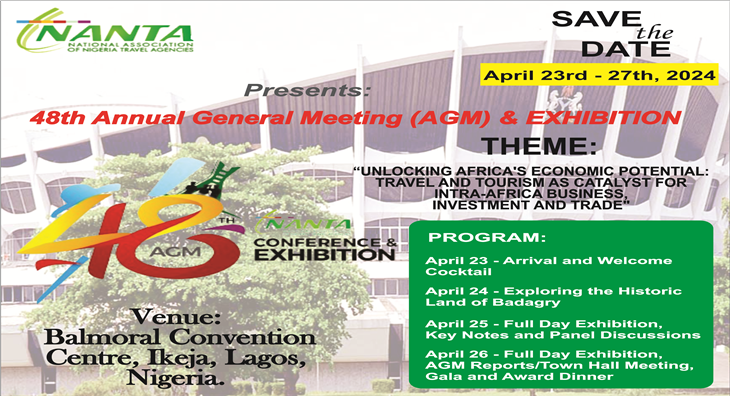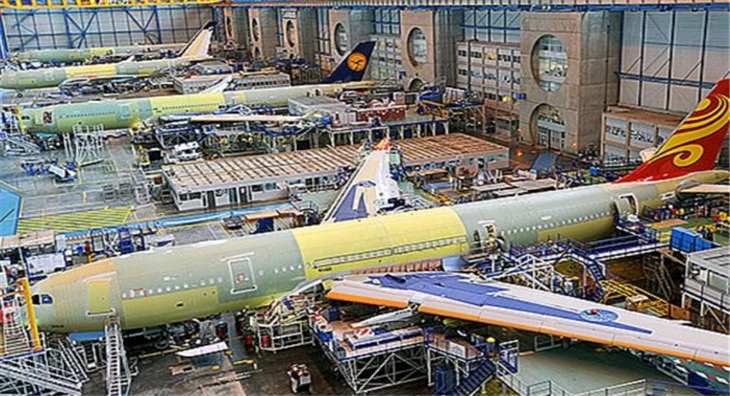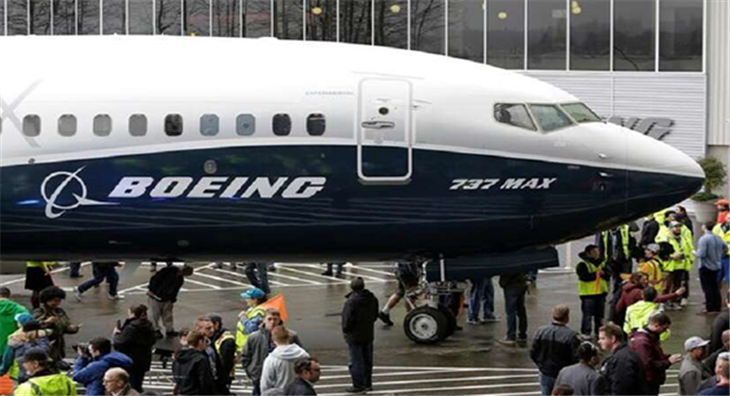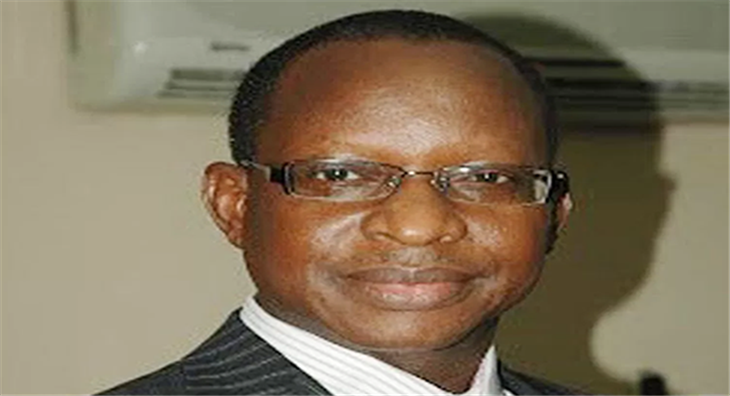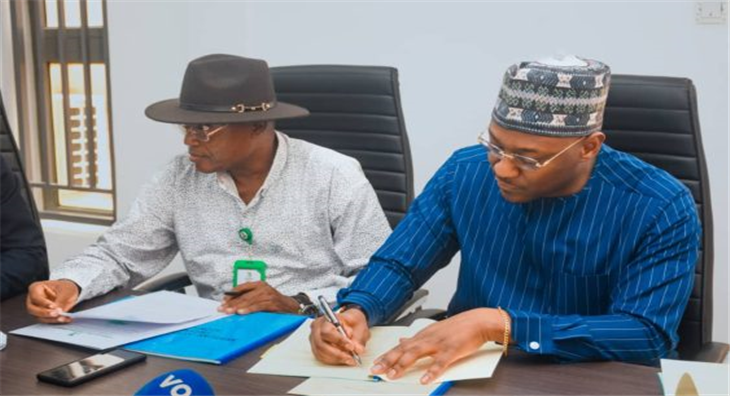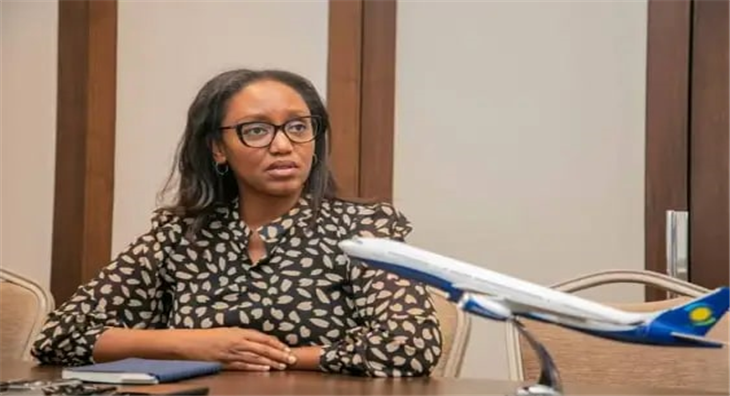
Makolo: There’s growth potential in Africa’s aviation despite yawning gaps
Yvonne Manzi Makolo is the CEO of Africa’s rising airline, RwandAir. She is the first female to chair the International Air Transport Association (IATA) Board of Governors. In this interview with WOLE SHADARE at the recently concluded IATA 79th AGM in Istanbul, Turkey, she talks about myriads of challenges militating the growth of African airlines, investments in Sustainable Aviation Fuel (SAF) and the gains the continent’s carriers have made in the field of aviation among others.
Congratulations on your appointment. What will be your focus on the new job?
In addition to supporting IATA initiatives on sustainability, safety, retailing, and all the key points IATA is focused on. For me, it is a good start but this will be a normal thing. It should be the norm and not an exception. I am hoping that in the next few years see a lot more females taking on leadership roles and taking up a lot of challenges, more equity within the aviation industry, not only in terms of diversity but a big focus on African aviation as well on the international stage and not from the viewpoint of African airlines are not safe, African are not profitable and all the negatives. I really want to see African aviation in a more positive light by showing and working together with other airlines with quality within aviation in Africa and connecting the continent even better than we have right now because as you know, the share of global traffic for African aviation is less than three percent which is not acceptable; we would want to see that growing.

What can you say are the positives for African aviation?
The positive is that we have a very vast continent and doing that in the face of a lot of challenges. As you know, the cost of operating is very high. Skilled labour is a challenge; infrastructure is a challenge, and the issues of Open Skies are. Apart from that, we are trying our best to connect this vast continent. We have a very young population and the issue of getting adequate skilled labour. We can resolve that by training our young population and having a lot of them come into the sector. The fact is that there is so much potential in terms of growth given all the gaps that we have. The African continent is the next frontier of aviation, partnering within ourselves in the continent and other players.
2025 by 2025 project, what are you expecting in the coming year?
The initiative is very good. The industry recognizes that there is a challenge and not enough women in the industry. A lot more needs to be done in a very deliberate way. Airlines need to be deliberate in bringing women on board, creating a more suitable environment especially for women in more technical fields and in leadership to be able to go up the ladder in the industry. I am glad that this has happened and I am a poster child. I am hoping that will inspire a lot of airlines to consider especially when they are recruiting, and promoting people within the organization to really take into consideration and be more deliberate in terms of giving women the opportunity to grow.
Interconnectivity issues in Africa and SAATM have been very slow in implementation and restrictions by some African countries in the name of restrictions, do you share this view?
SAATM is a no-brainer when you say that you want to grow aviation within the continent, there is no way that can happen with restrictions in terms of who is restricting BASAs like the type of aircraft you are going to use, whether they give you Fifth Freedom or not, frequencies that you are going to operate. That just won’t work. We have been talking about SAATM for a very long time since I joined the industry that has been the number one topic. What I am happy about is the fact that the decision had been made to start with pilot countries, the ones that are ready because right now, we have about 35 countries that are signatories. Even the ones that have signed up for it are not necessarily implementing it. The ones who are ready to actually implement can start and hopefully, when other countries see the benefits, they can come on board. But beyond SAATM, we also can talk about Open Skies and closed borders. We need to look at the visa regime in the continent and what makes it so difficult for people to move to the continent. That goes hand in hand. I am hoping on the pilot phase, we would see some tangible results and a lot more countries would be willing to open up and move away from the protectionism mindset.
Your plan for flights to Paris, is it still on?
It is still on. That will be this year. We are also looking at increasing our frequencies to London to daily flights. Currently, we fly four times a week and for the winter season, we are looking at daily London flights. The focus will be really to connect and open up a lot more African routes including Maputo, Luanda, Mombassa, and a few others.
Access to the market within the continent and do you see benefits in terms of opening up the route with the coalition of the willing
So far in terms of the route that had been opened. The pilot project is just starting. We will operate in those markets. We are happy about what they are doing. Some of the routes with fifth freedom which is a key part of SAATM which is part of our strategy in terms of opening up new routes having fifth freedom routes and once we develop them, we can move to direct routes to those. It has been going well and happy we have not had challenges in terms of opening up new routes. Most of the CAAs and governments have been very willing to talk to us. I hope that continues as we go and add additional frequencies most especially within the continent.
On charges in Africa introduced in air transport, are you worried about it?
Yes, I do. I think that the real message is that aviation is not a luxury. I think that a lot of African markets think that flying is a luxury. It is a necessity because given how vast our continent is is really important to find a very convenient way to navigate Africa. Taxing aviation that highly is what makes it a luxury, instead of the enabler that it should be for families to connect and businesses to be transacted across the continent. We really need to look at what we are doing in terms of charges because if you look at your ticket price, more than half of it is taxes or fees that you are paying. If we can reduce that and make flying cheaper, then we grow the pie and we have a lot more people flying and the government benefits from that as well as we move volumes instead of restricting the pie to small groups of people that can afford it. The pie will just remain that small.

Do you consider Sustainable Aviation Fuel a good alternative to jet fuel?
In terms of jet fuel within the continent, we are already paying such a high premium of four times the worth airlines in Europe and the Middle East are paying for fuel which already puts us at a disadvantage. That is another reason ticket prices are so high because of the cost of jet fuel. We recognize even as an African airline the importance of SAF. We are already operating at a disadvantage with such a high cost. How are we going to be able number one find SAF which means as Willie Walsh said, government needs to incentivise the producers to grow plants. Even in Africa, we have the raw material for it. Are people willing to invest in it to produce it and if they produce it, will they produce enough of it? If they produce enough of it, will we be able to afford it, are people willing to invest in it? When they produce it, would they produce enough of it? If not, our ticket prices will shoot up. It is a very tricky lemon that we have on our hands right now.
What is your strategy for the Nigerian route which is a huge market? What other strategy do you have for your operations in Africa?
The Nigerian market is a key market for us, RwandAir. It is our biggest market aside RwanAir and it is growing. The biggest challenge we have now with Nigeria over our operations there is repatriating our money. We have a lot of monies in the country
How much of your money is stuck in Nigeria?
I won’t disclose the figures. Let us just say that it is significant and for a medium size airline like ourselves, that really puts a strain on our operations. That also constraints what we can do within the market because ideally, we should be flying not only daily but double daily but we are not able to do that because we don’t know when we are going to get our money out. So, we had to shrink a bit of our operations to Lagos and Abuja but we hope that once this issue is resolved, we will really go out to capture that market because it is a strong market. We are looking up at even growing our presence further there and the same thing within the African countries. The potential is huge. There are still markets that are not served well. We are looking forward to filling those gaps and now even with ACFTA; the potential growth is even more. We are really focused on really connecting RwandAir to the rest of African countries and beyond the African continent.
Qatar deal
In terms of cargo, we did get our dedicated freight at the end of last year. We recently launched the Kigali hub with Qatar Airways cargo. They bring B777 freighter three times a week to Kigali and do the shipment within African countries. So far, it has been going very well. We are looking at expanding to more markets within the African continent. Our own dedicated freighter is also doing well while we are operating it three times a week to UAE Sharjah and within the African continent. In terms of our fleet going forward, we are still finalizing doubling our fleet within the next five years, adding additional B737, and additional narrow bodies so that we can connect the African continent very well. RwandAir and Qatar Airways in 2021 signed a comprehensive codeshare agreement to offer travelers more choice, enhanced service, and greater connectivity to more than 65 destinations across Africa and the rest of the world. As part of the deal, the Rwandan flag carrier will also launch new non-stop flights between their Kigali hub and Doha in December. The agreement benefits travelers from across the globe who fly with both airlines, which expands each carrier’s route network. Customers can enjoy the simplicity of buying connecting flights on both airlines using one reservation, with a seamless ticketing, check-in, boarding, and baggage-check experience that encompasses the entire journey.
Will you exit the CRJ?
CRJ for sure, we have been exiting that and the Q4s; that we are still evaluating that. We have domestic airports in Rwanda which have very short runways. We are still looking at what can replace that and in terms of the Qatar deal, it has been going on for a while. Why have had delays because of COVID-19 and Qatar’s hosting of the World Cup. But now, it is back on track and we are hoping again that in the next few months, we will do that even without that official we are still working together with excellent codeshare, and cargo elements as well.

Uncertain Paris market
Why is it uncertain? I don’t understand why it is uncertain. It is a chicken and an egg I suppose. Paris is logical because we are already flying to Brussels and we will tag Brussels to Paris it is a low-hanging fruit already and it is a key market for us to operate not only within Africa but Central Africa to the key market for Paris. We will be opening up Mombassa, Zanzibar to feed that route as well. It is a chicken and an egg. There is already a ready market existing right now; so, we will just continue to open the route and regional markets as well. I think there is enough market for all of us. Accra is a key market for us as well. We are adding additional frequencies. We are looking at eventually growing to daily flights to Accra. That is exciting to us.
Has Rwandair gone back to the pre-covid level?
We are not yet back to pre-COVID numbers, especially on passengers but in terms of revenue, yes, we are back. We are hoping that by the end of this year or early next year, we will be fully back to the pre-COVID level. We operate very similar routes and it’s not stressful for us. It gives us a way to grow revenue by connecting Kigali to Doha and taking them beyond there to Europe and the US. It’s an advantage for us. Fuel, airport charges, parking, landing, and others are expensive in the African continent. In terms of labour especially skilled labour, we have to pay a premium. The cost of doing business within the continent is a lot higher.
What is your view about partnerships with airlines outside Africa that are not comfortable because of certain reasons? How important is aviation to Africa’s development?

It’s very important especially if we are going to connect the continent to the level that we need it to bring Africa up. We need it both among the African airlines and international partners, it’s key. African airlines have a lot to offer though for some airlines there is a lot more to be done but we still have a lot to bring to the table. Partnerships with African airlines give the countries a way to penetrate the African market and international markets as well. It is key and I would like to show a different face of Africa than what they know now. It’s something that we have been discussing but nothing has been finalized yet but it’s something we would want to see down the road.
- Tags:
- #Bombay
- #Australiya
- #Canada
Popular Post
-
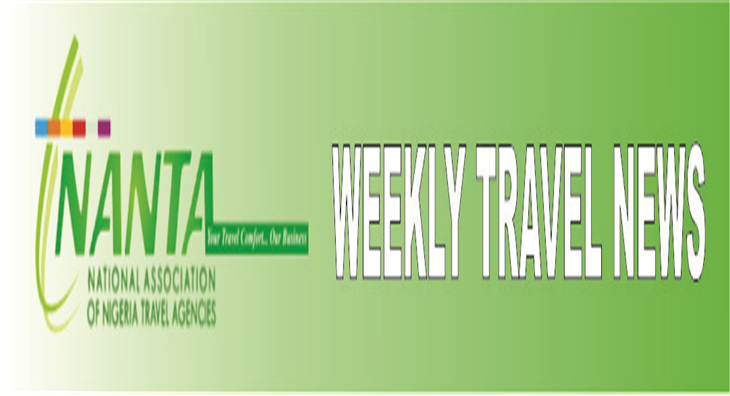
-
TRAVEL TRADE SHOW
By - Admin
-
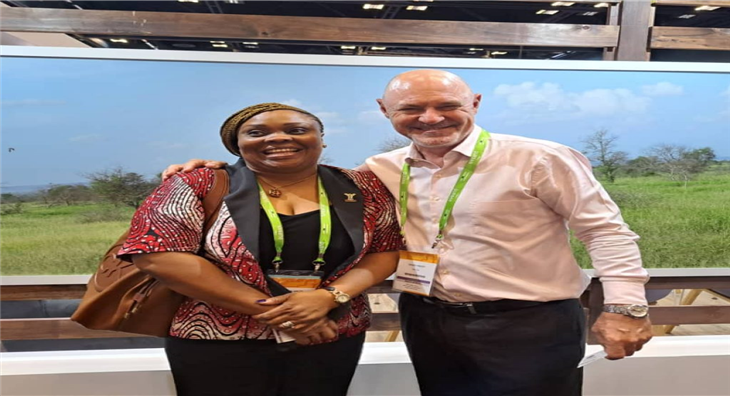
-
Indaba short flicks
By - Admin
-
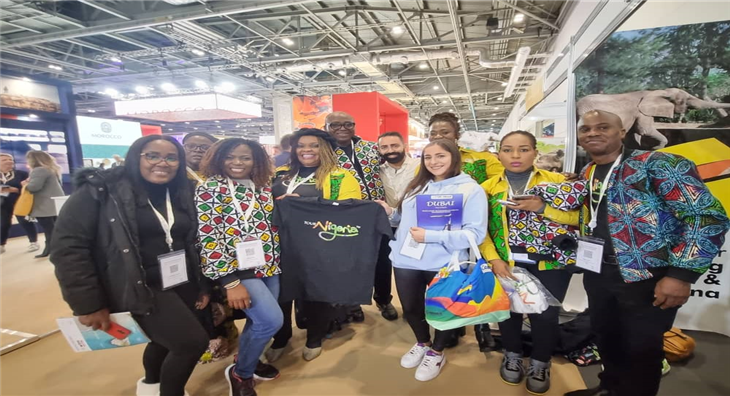
-
WTM Day 1 UPDATE:
By - Admin
-
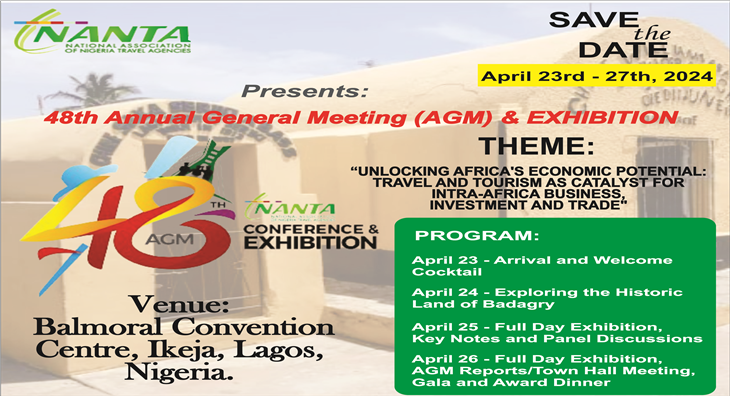
-
NANTA 48TH AGM :
By - Admin
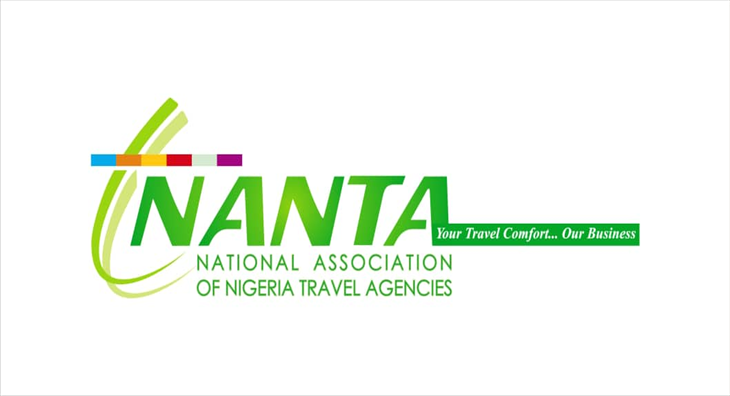


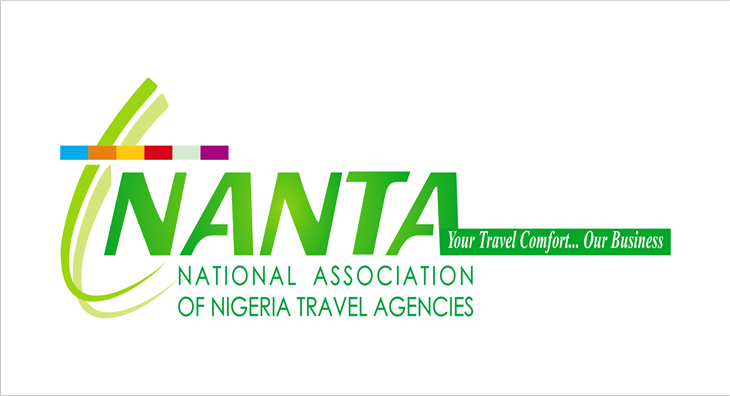
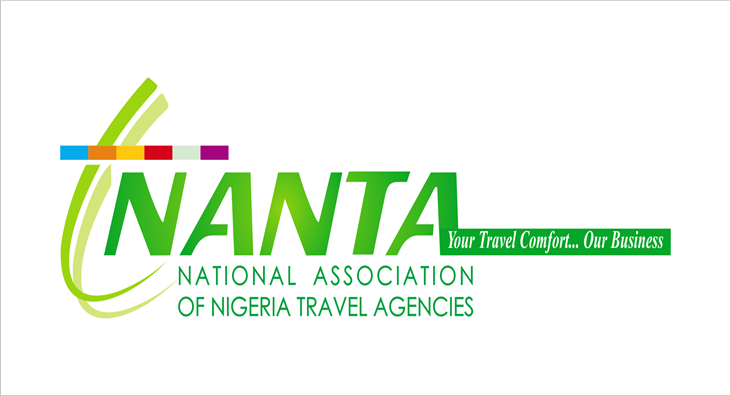


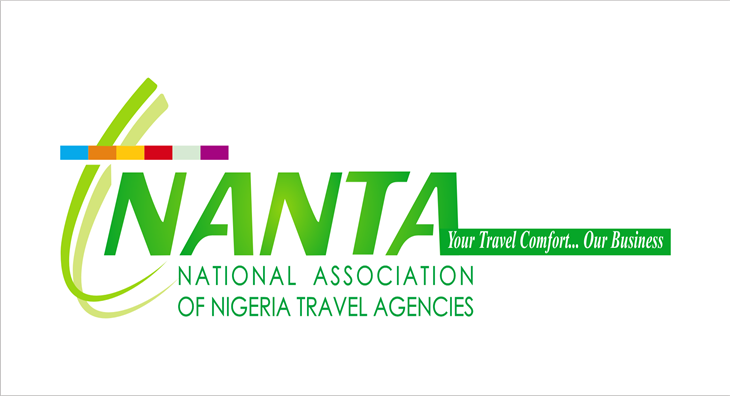

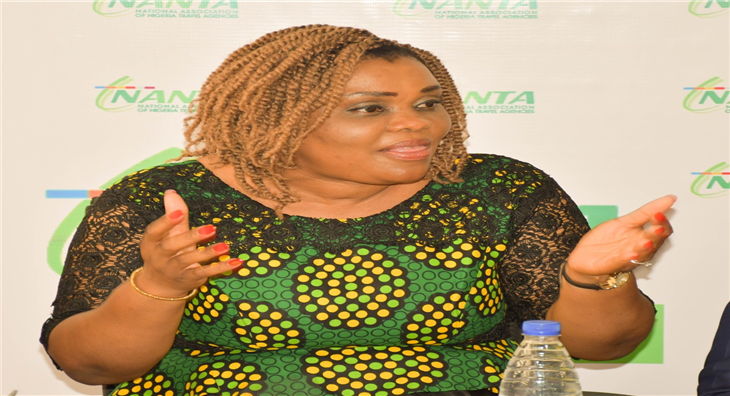

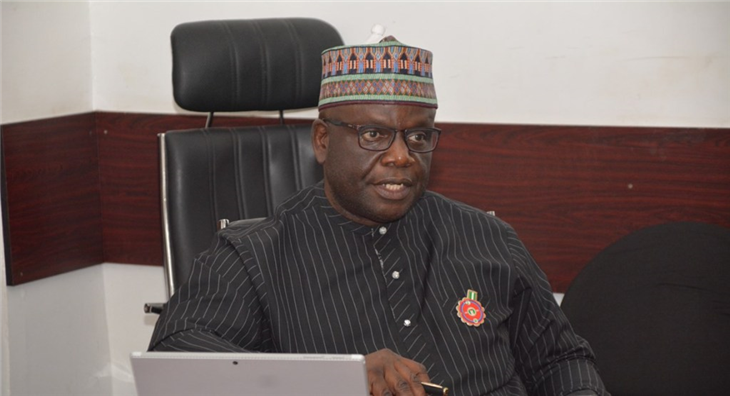
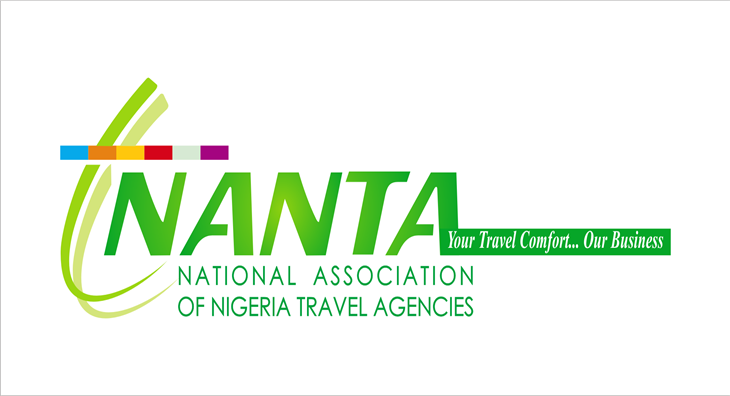

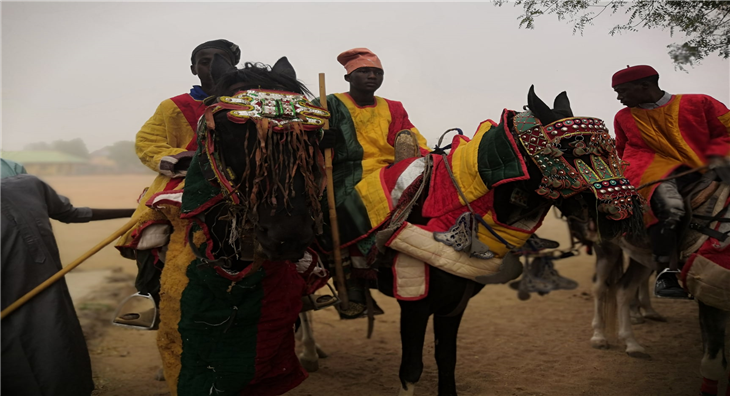
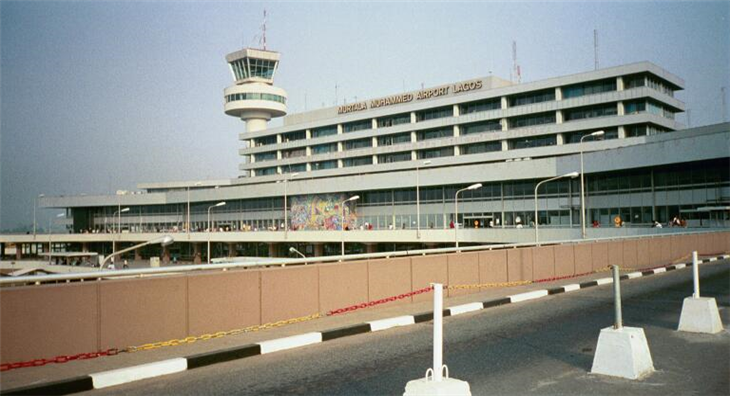
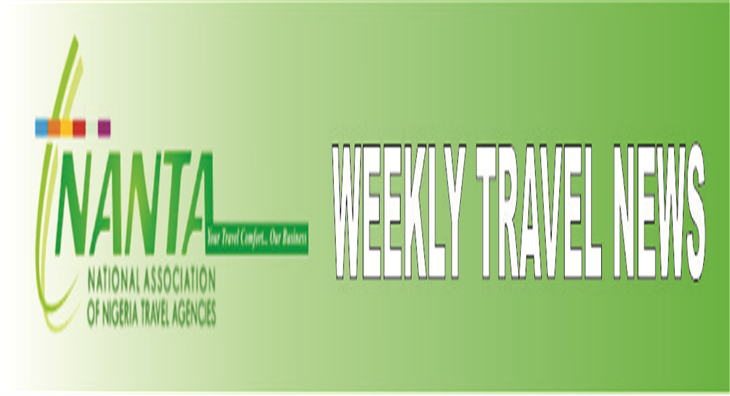
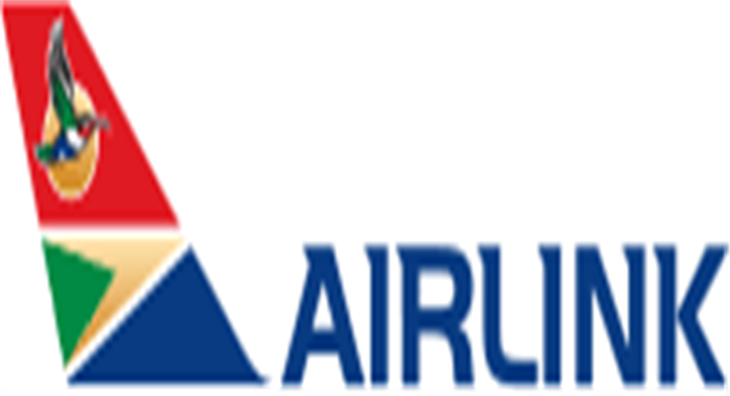
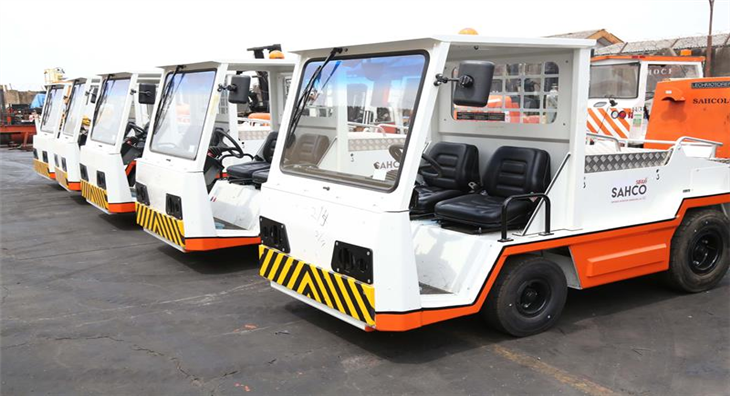
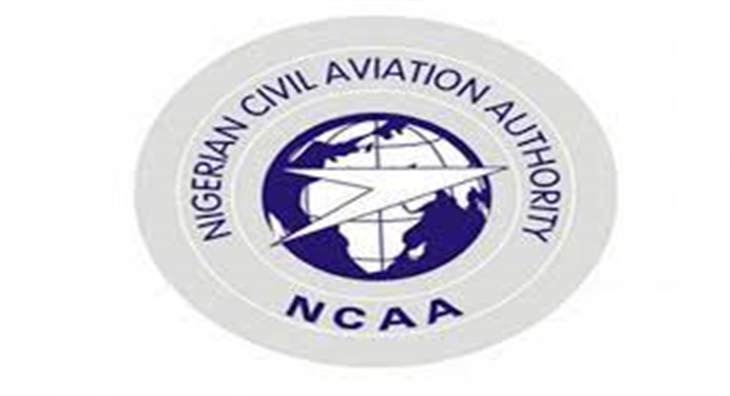
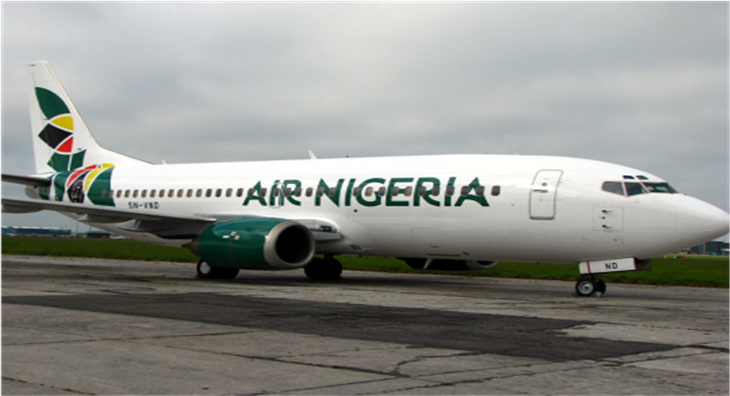
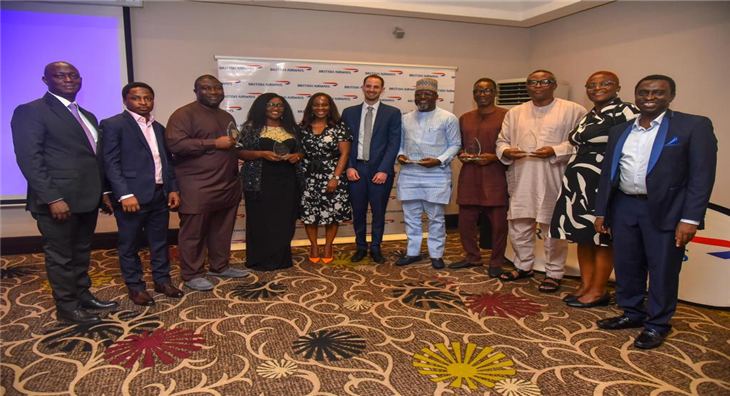
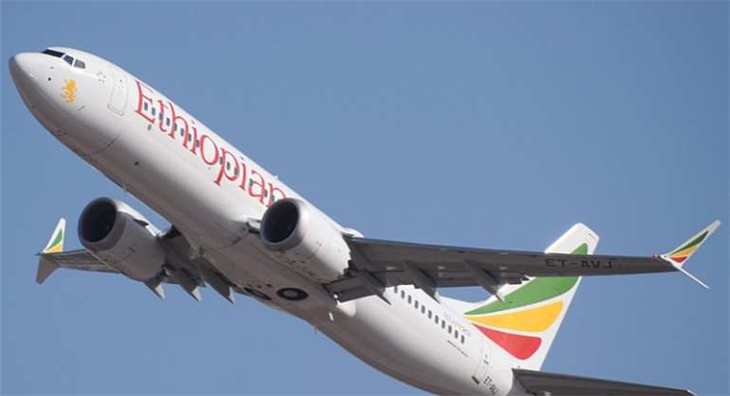
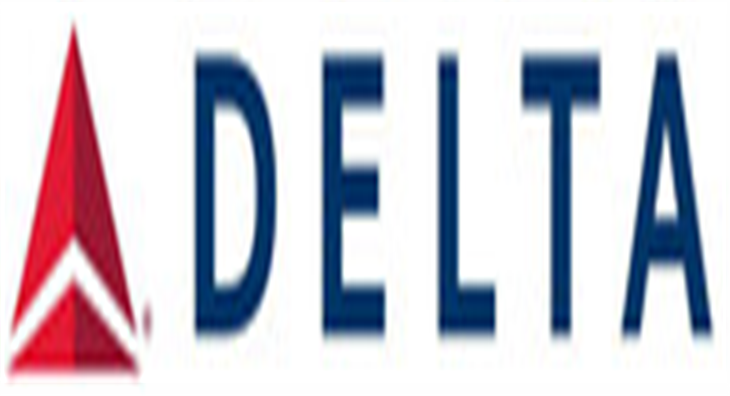
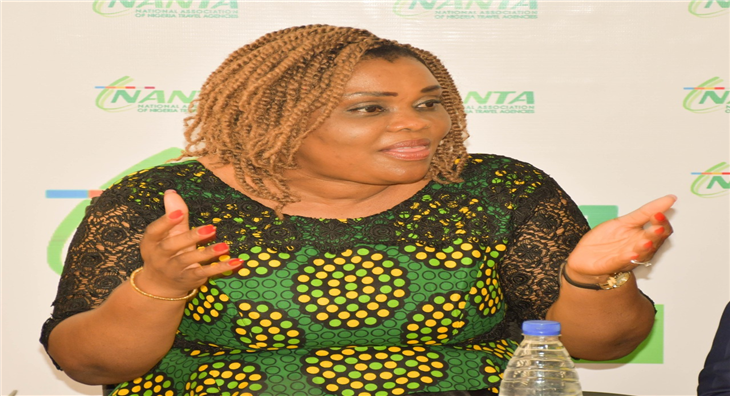

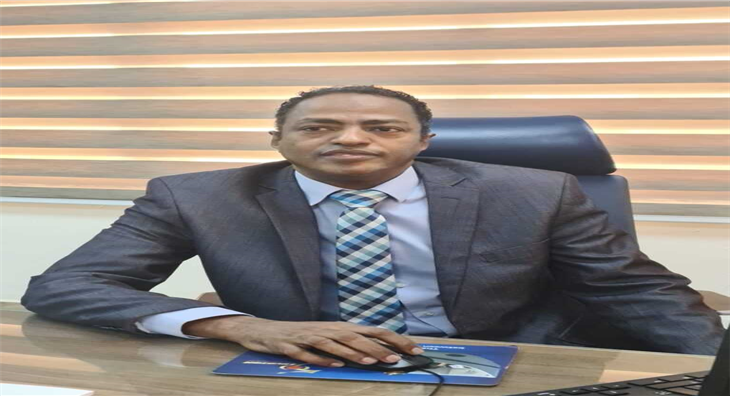

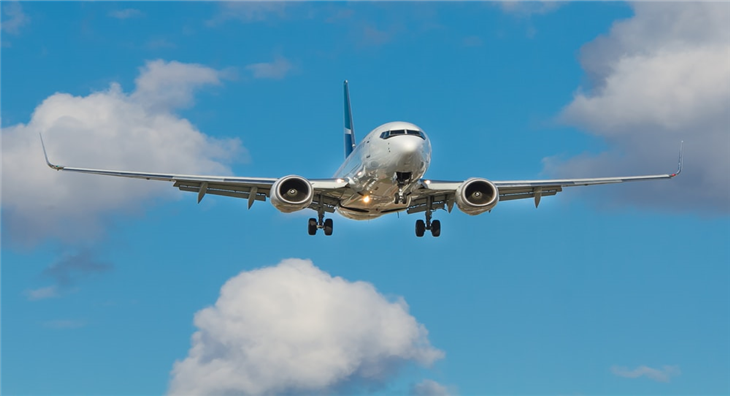

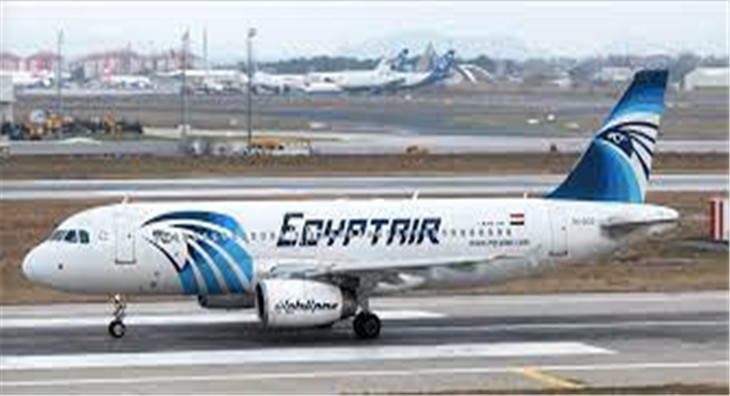

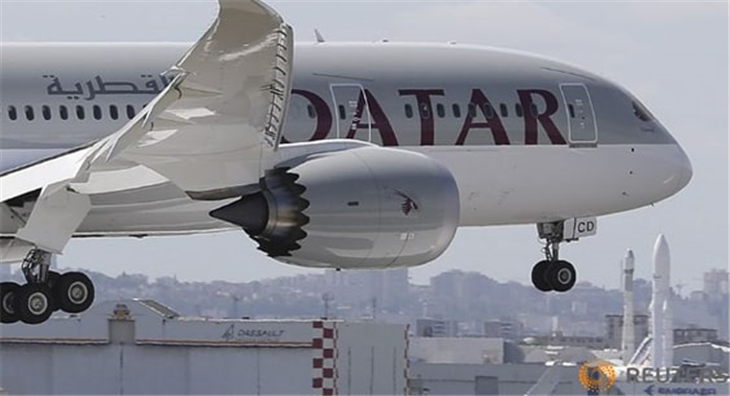


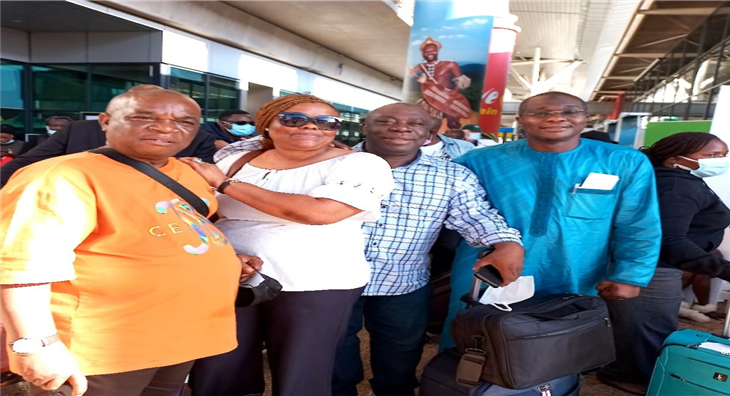
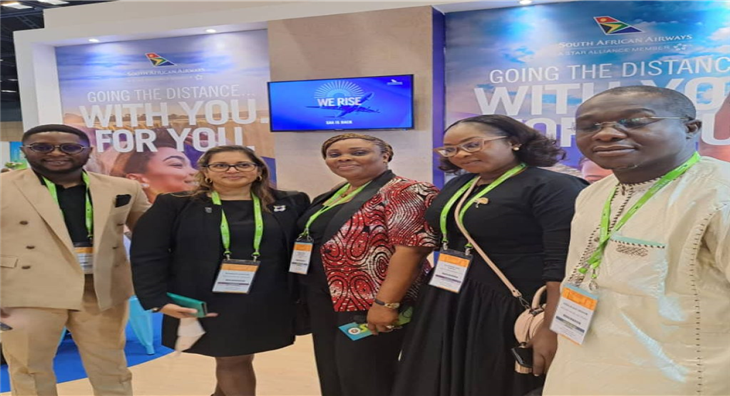
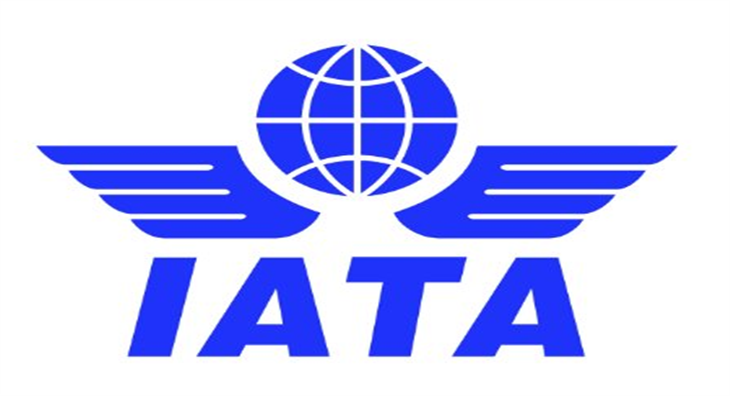
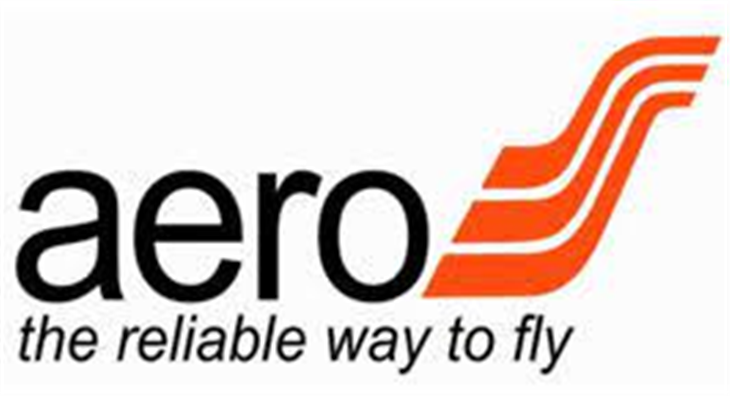
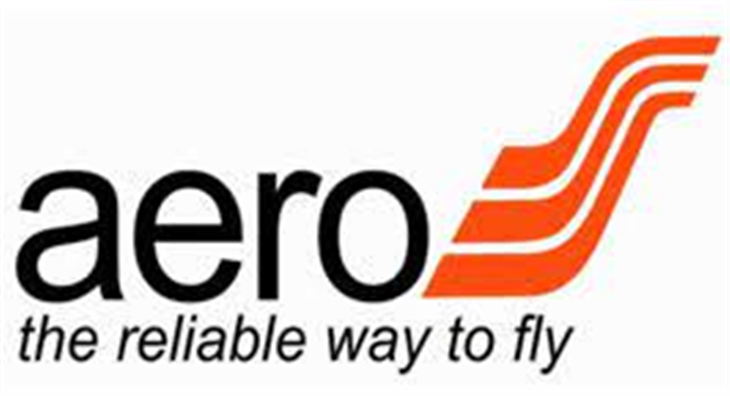
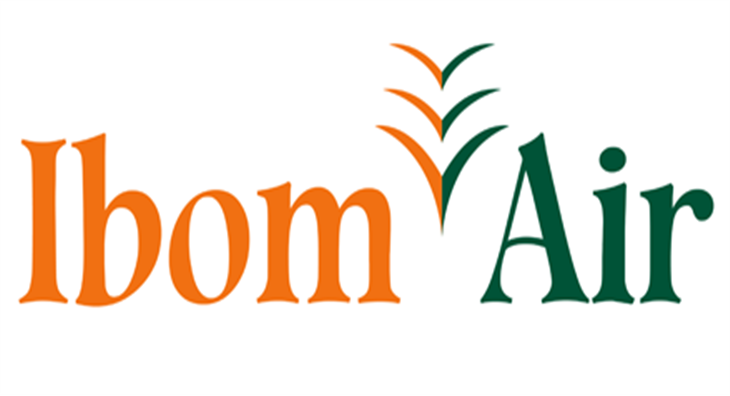
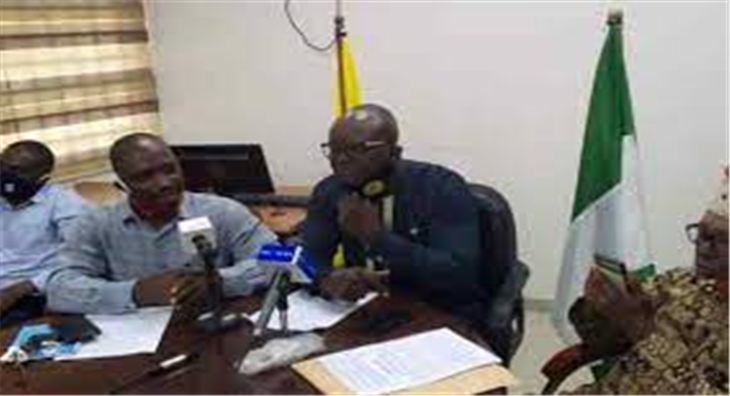
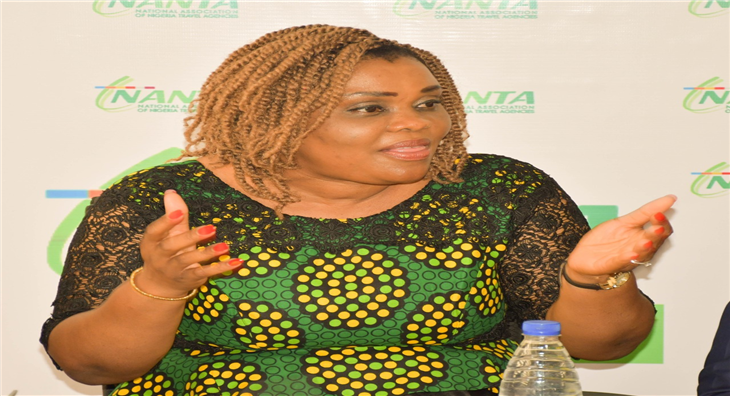

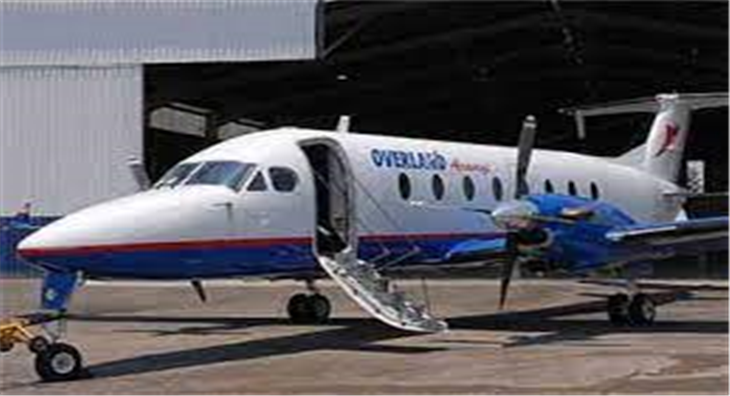
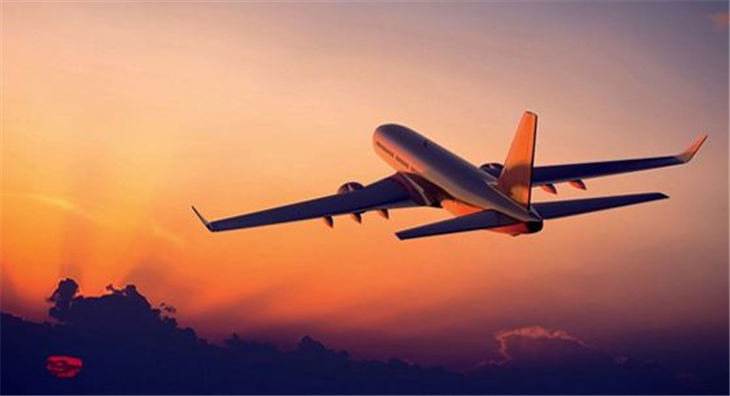
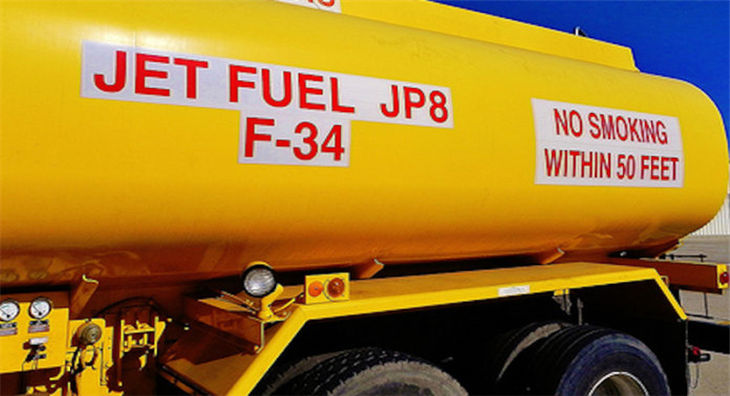
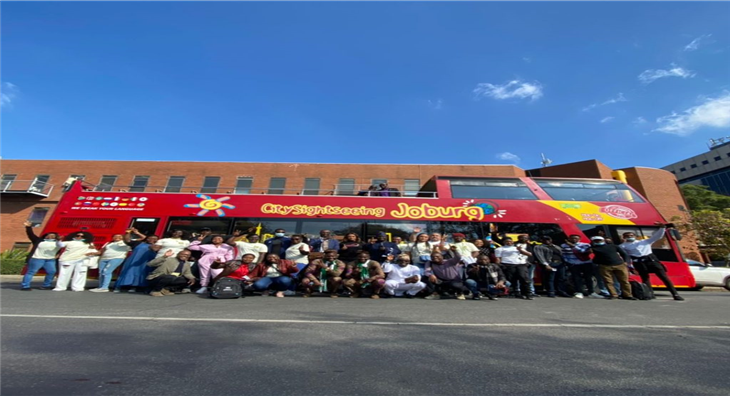

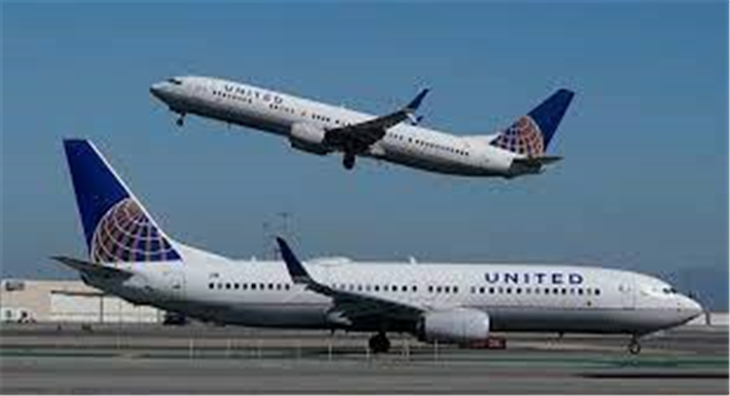
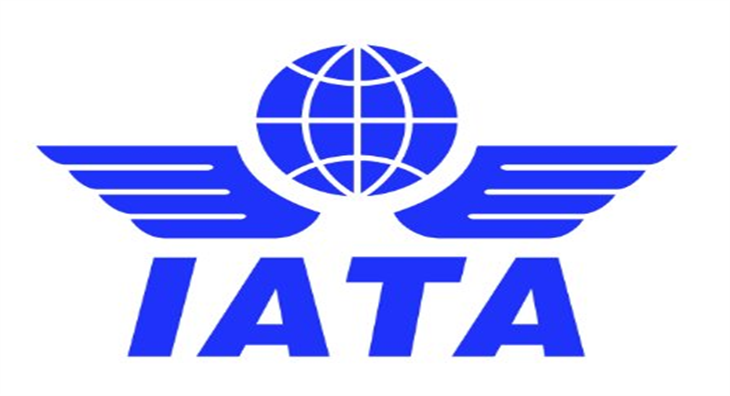


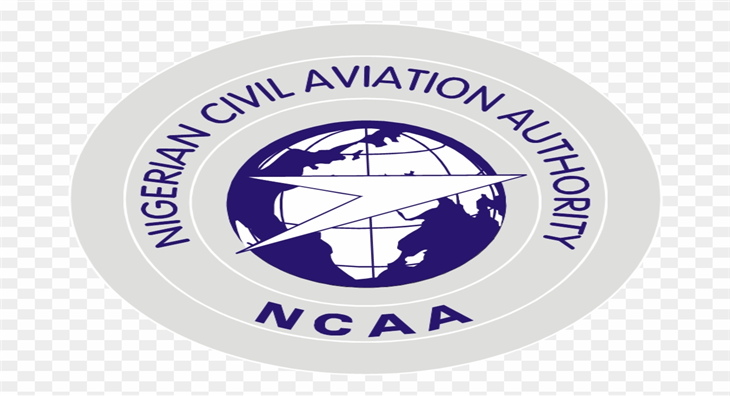
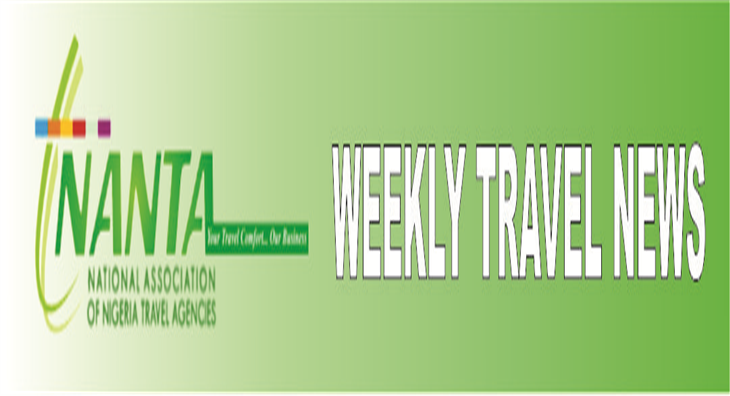
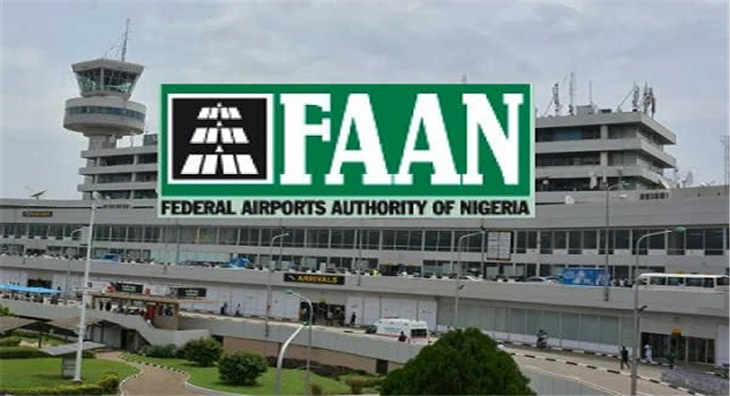

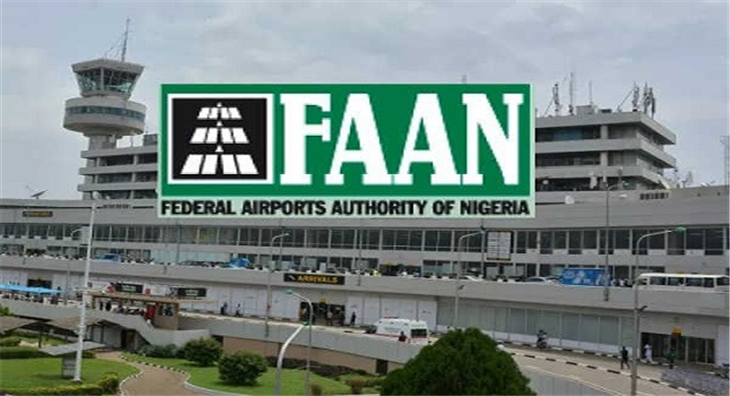
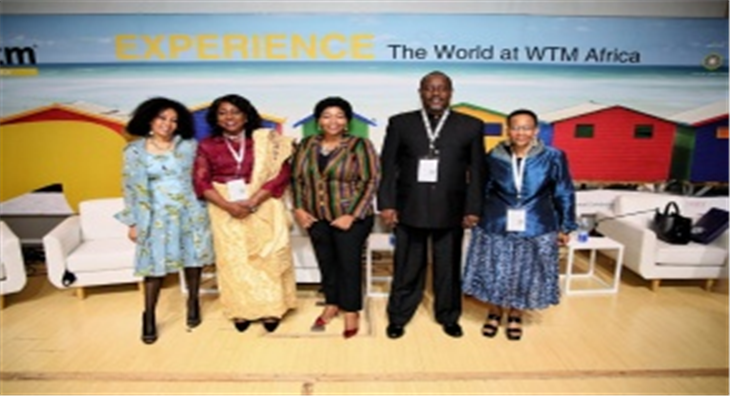
.jpg)
.jpg)
.jpg)
.jpg)
.jpg)
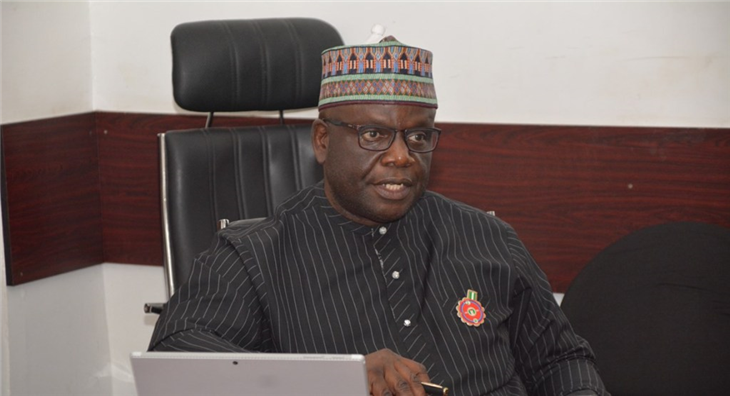
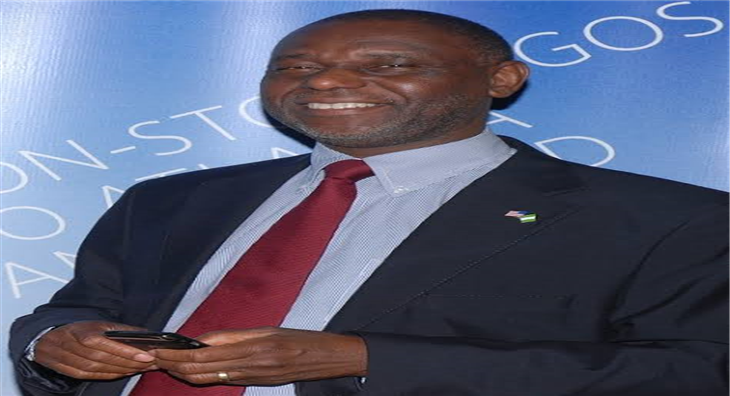


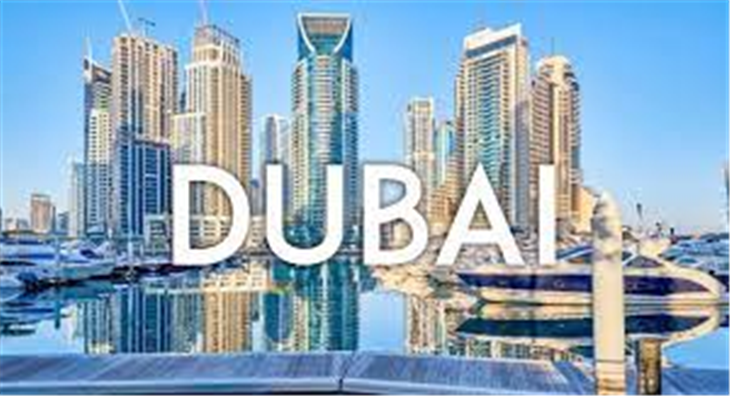






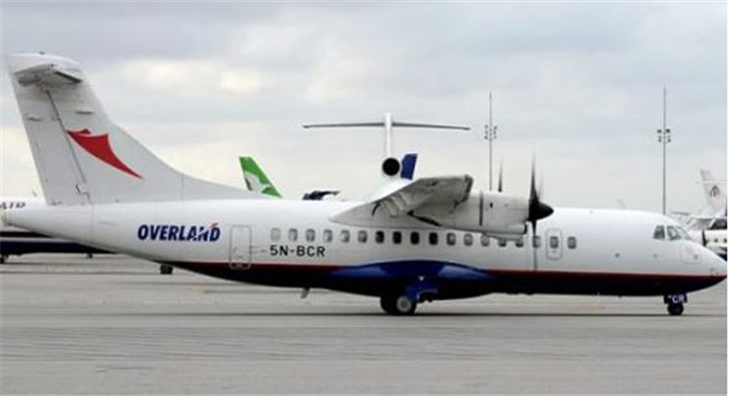
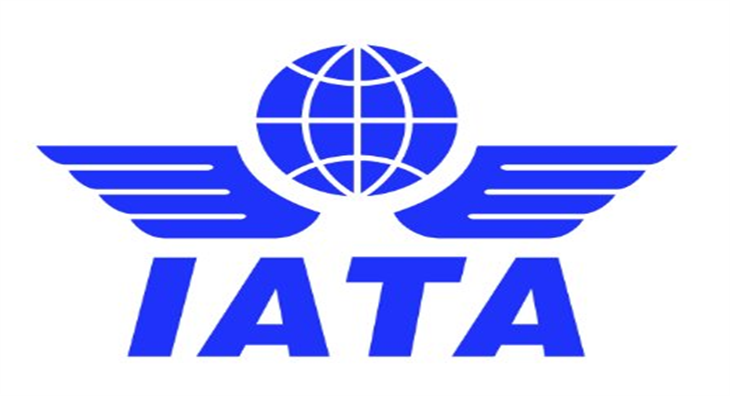
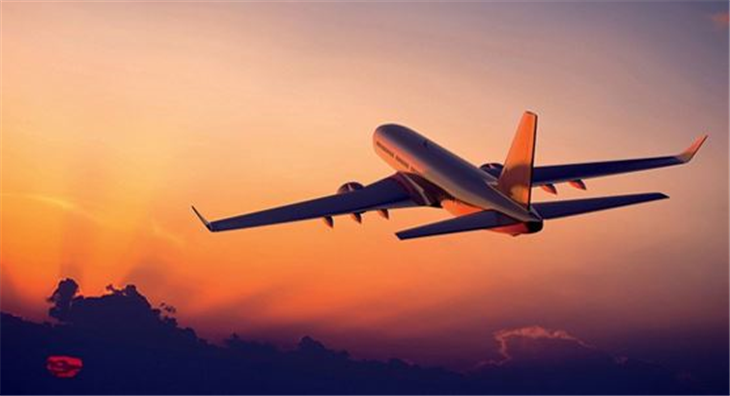
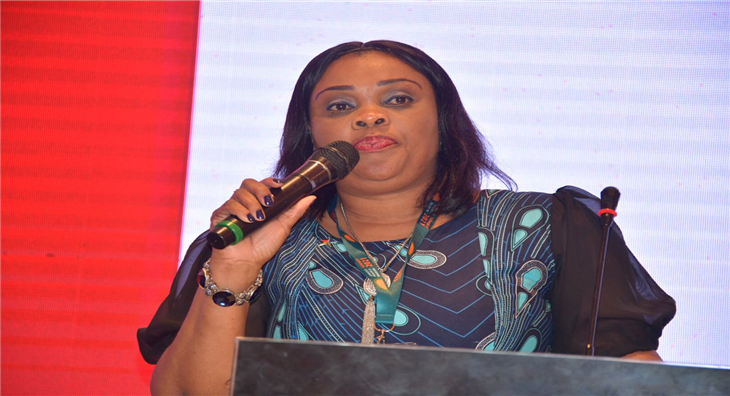
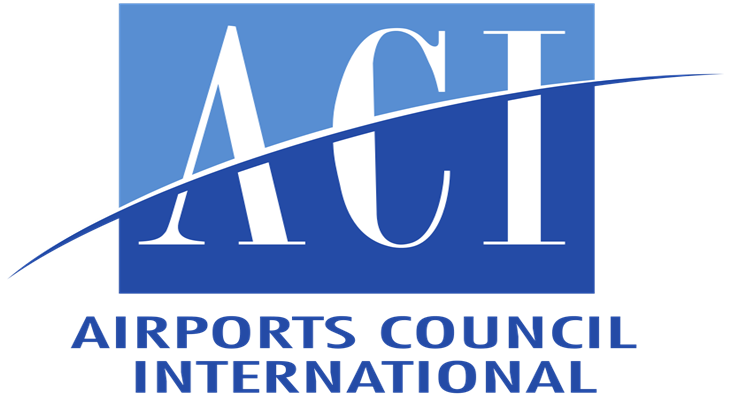


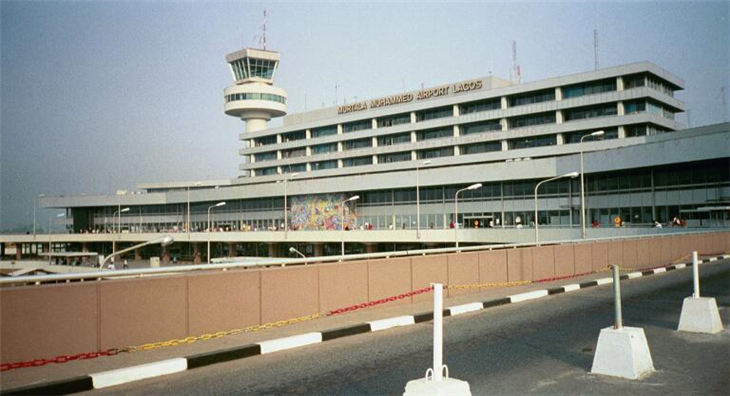
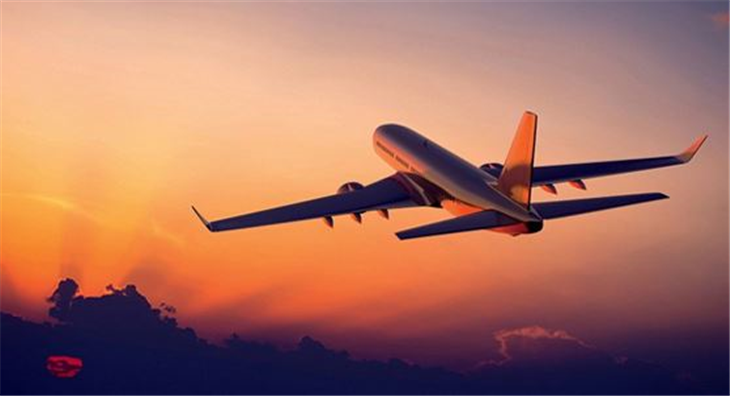



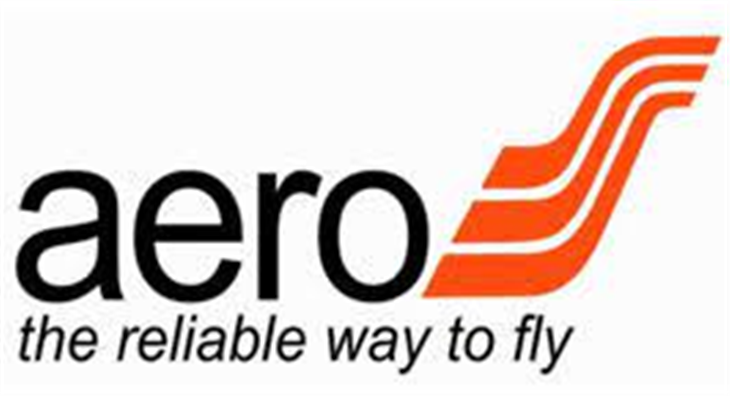


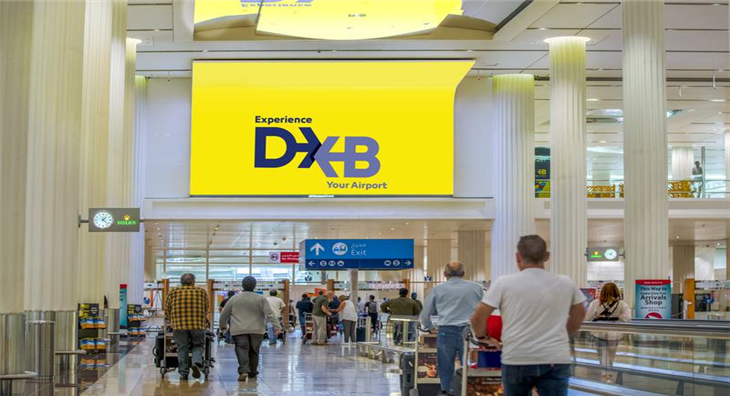
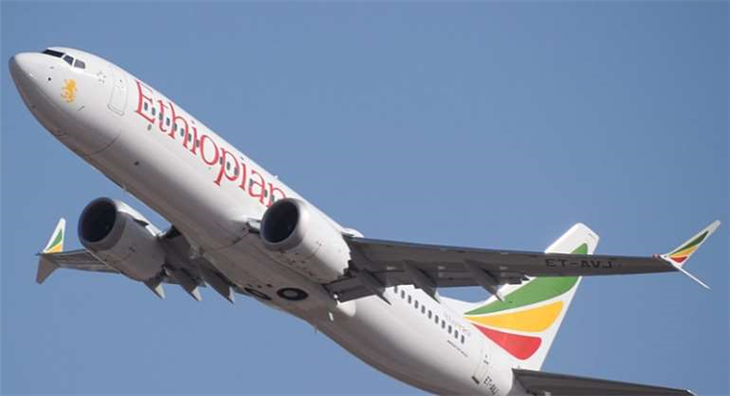
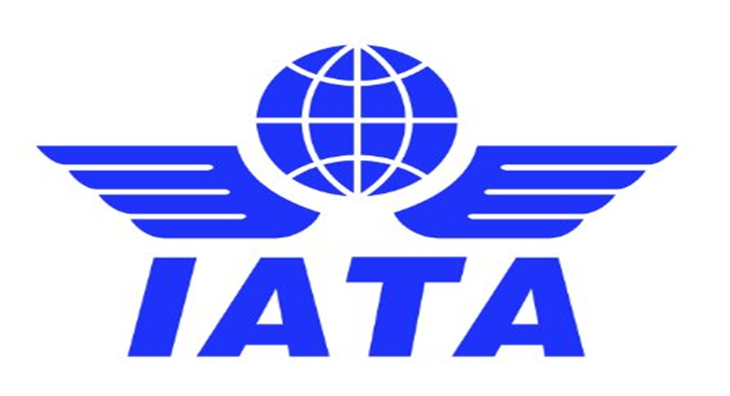
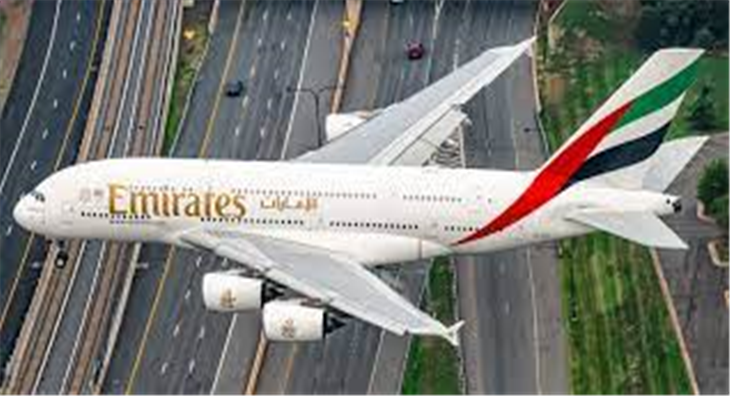


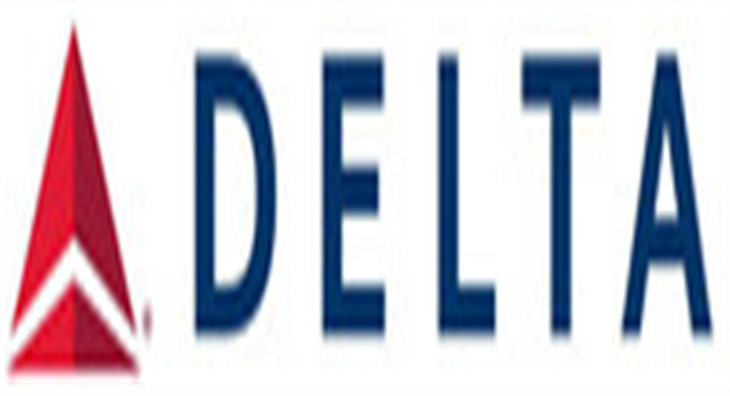
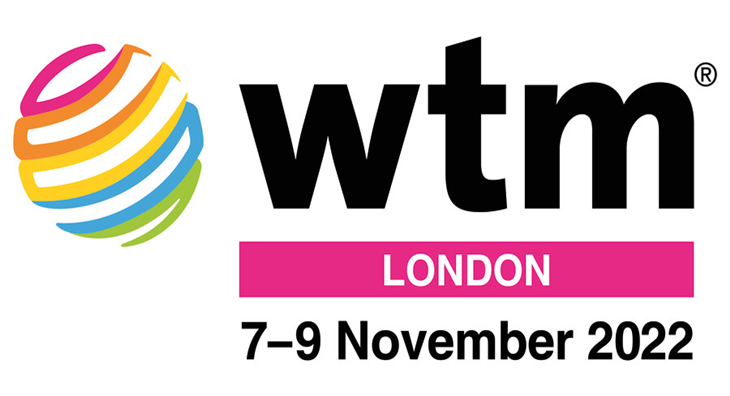
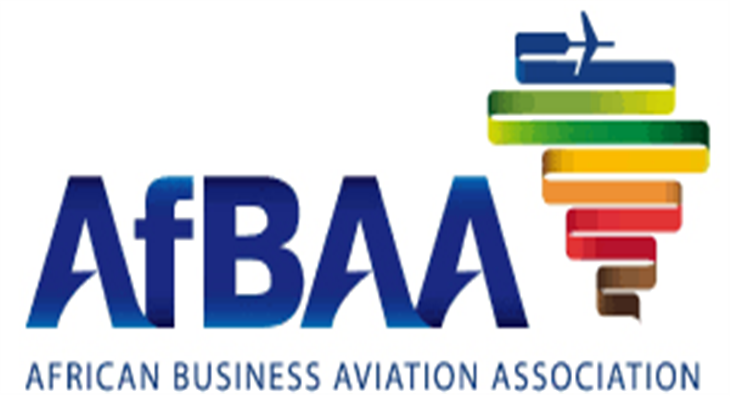
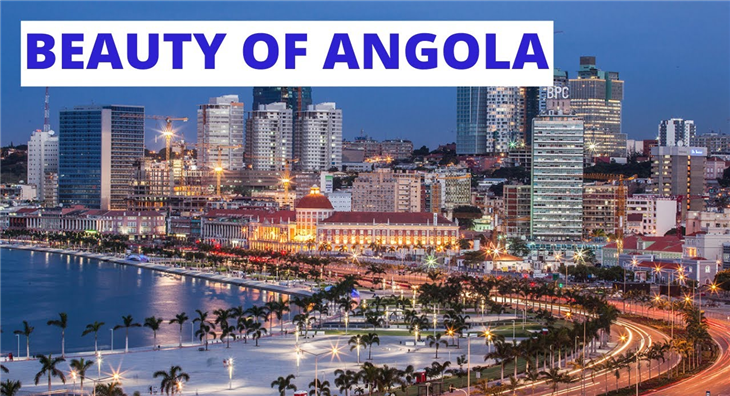
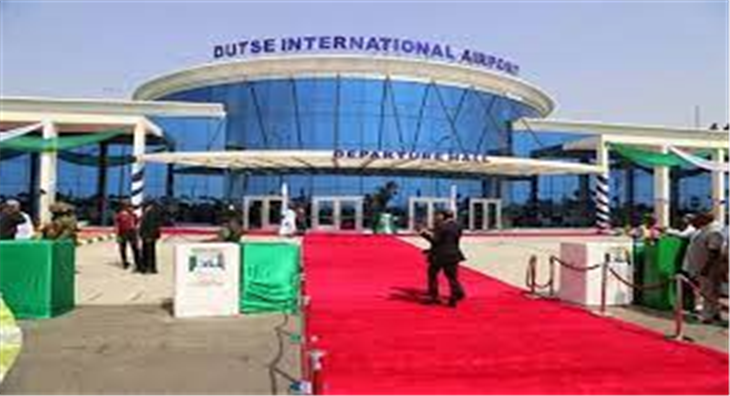

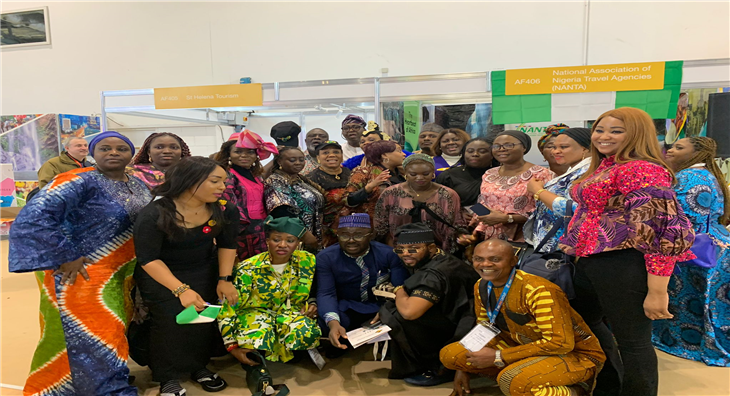
.jpeg)
.jpg)
.jpg)
.jpg)
.jpg)
.jpg)
.jpg)
.jpg)
.jpg)
.jpg)
.jpg)
.jpg)
.jpg)
.jpg)
.jpg)
.jpg)
.jpg)
.jpg)
.jpg)
.jpg)
.jpg)
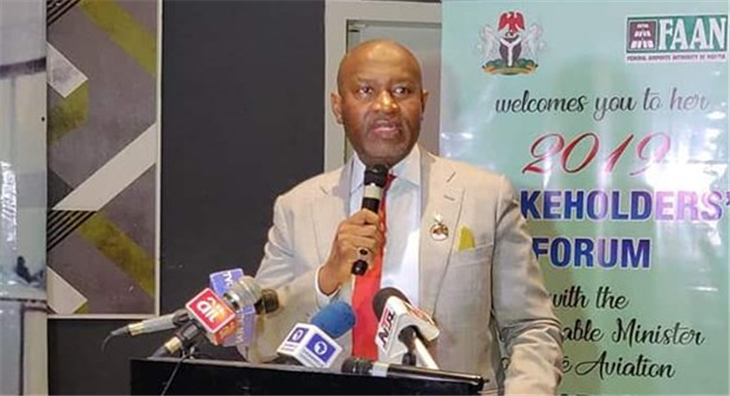

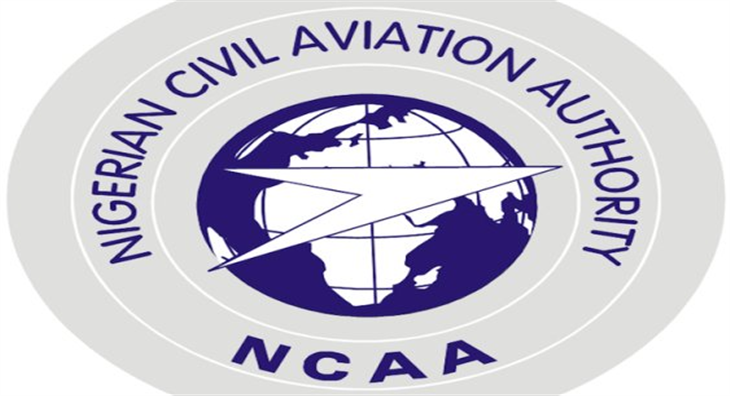

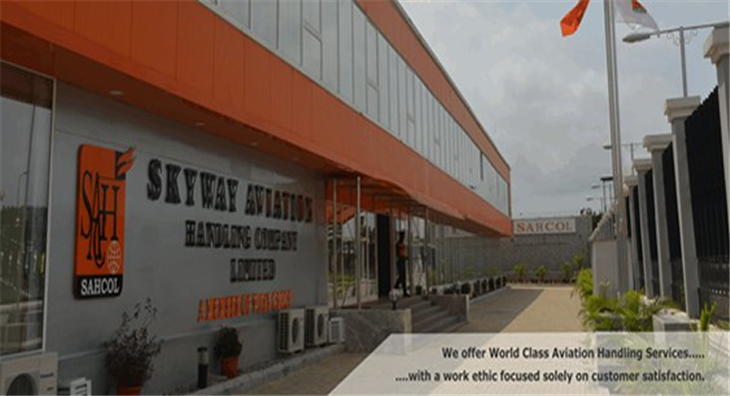
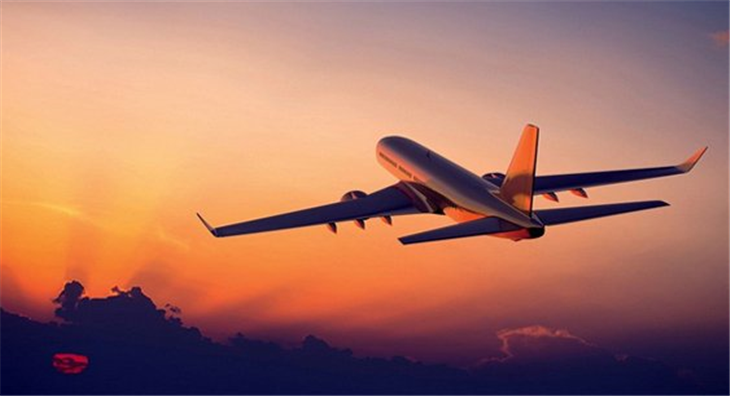
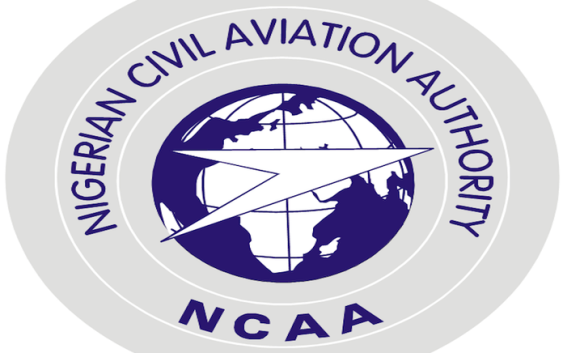
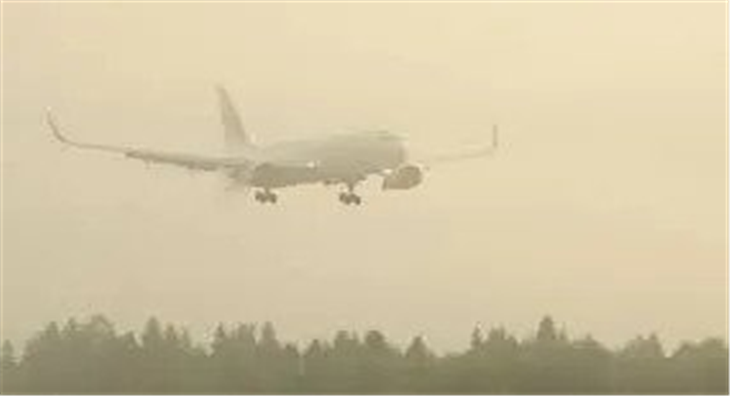
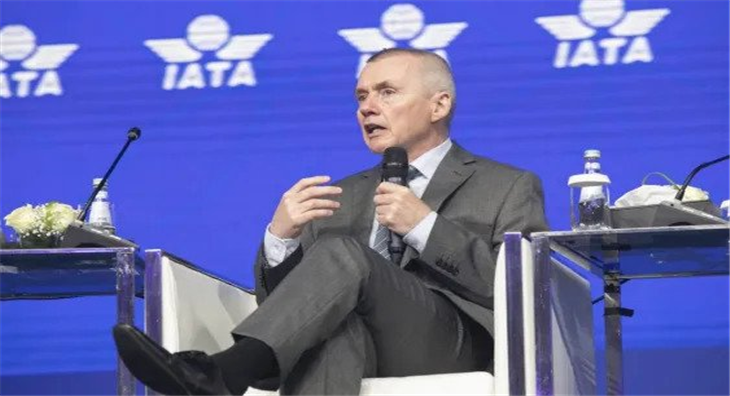
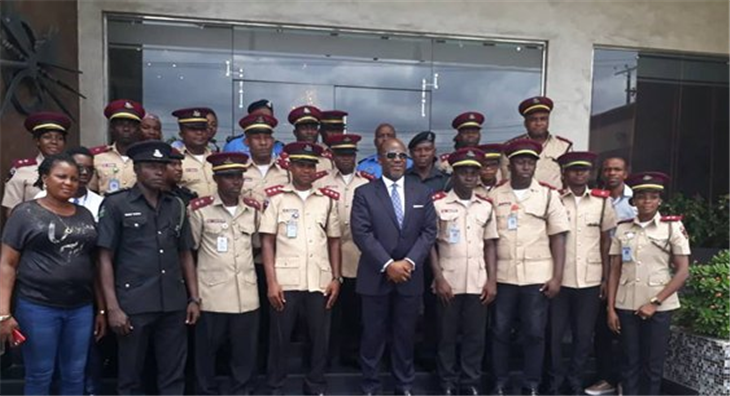
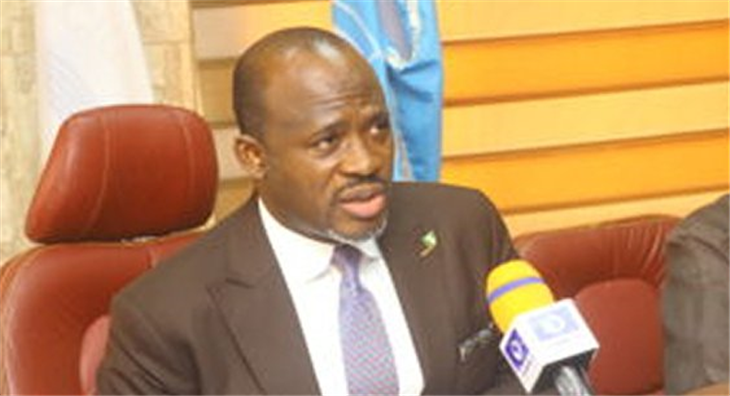
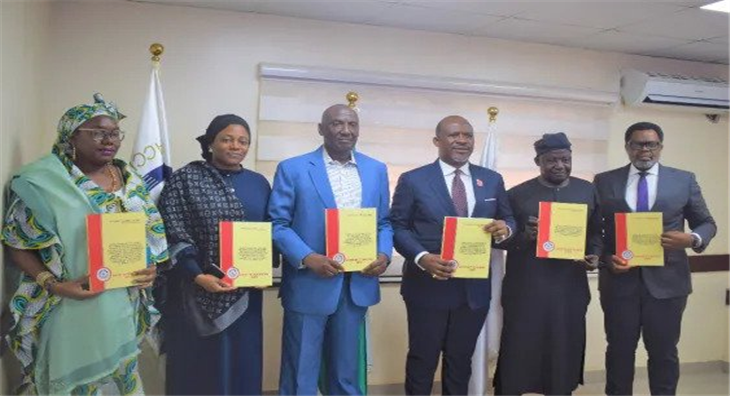
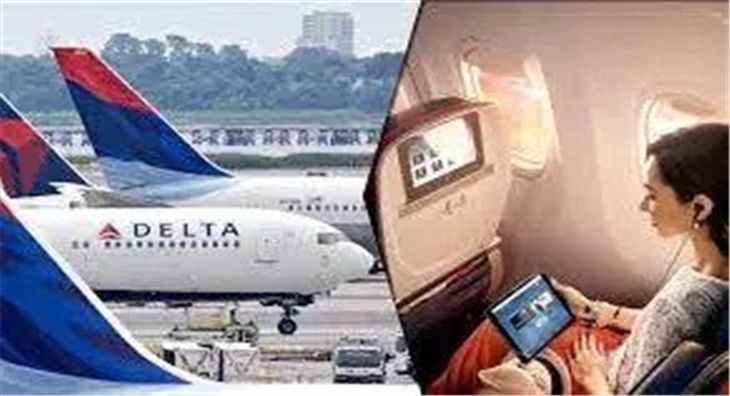
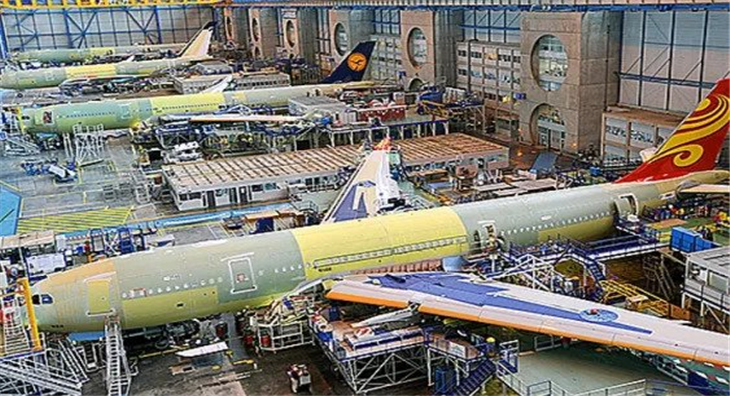
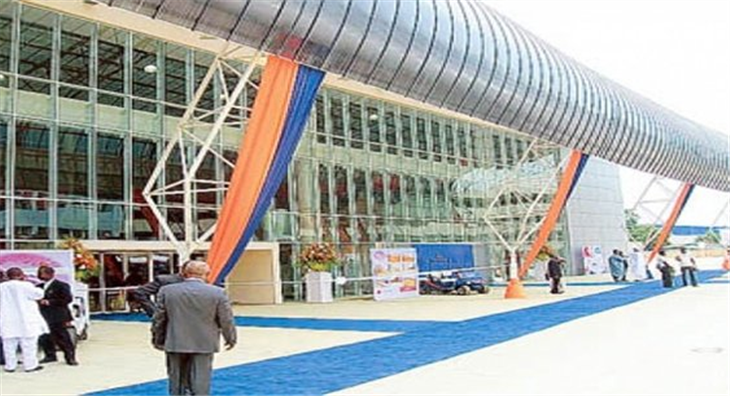
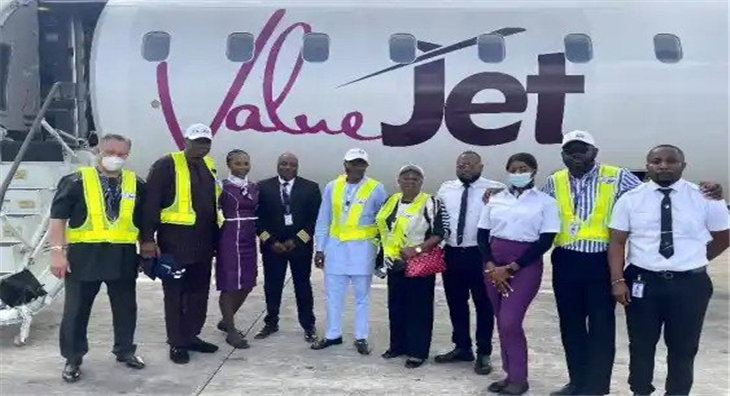
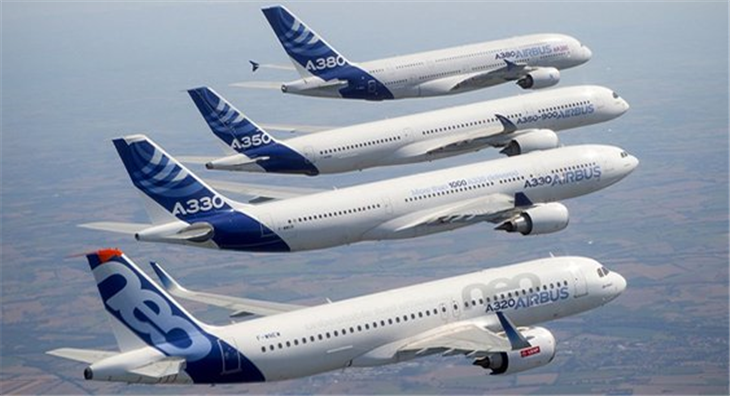
.jpg)

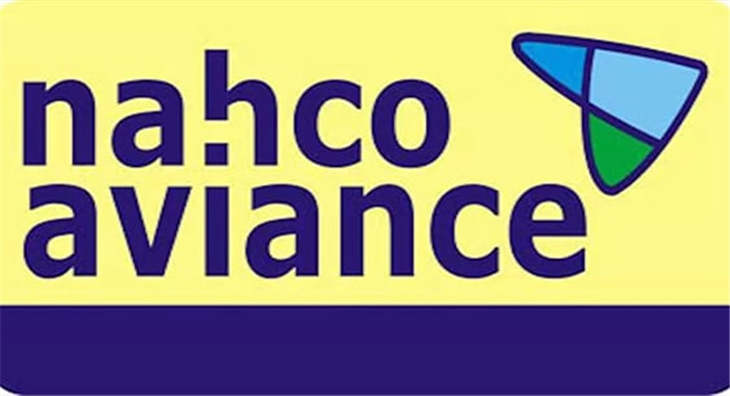
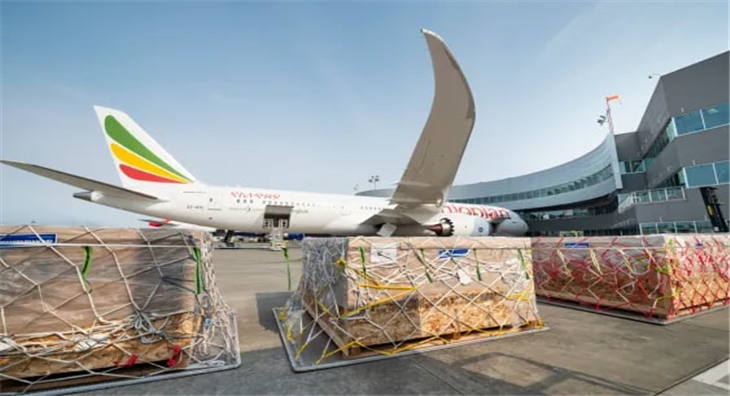
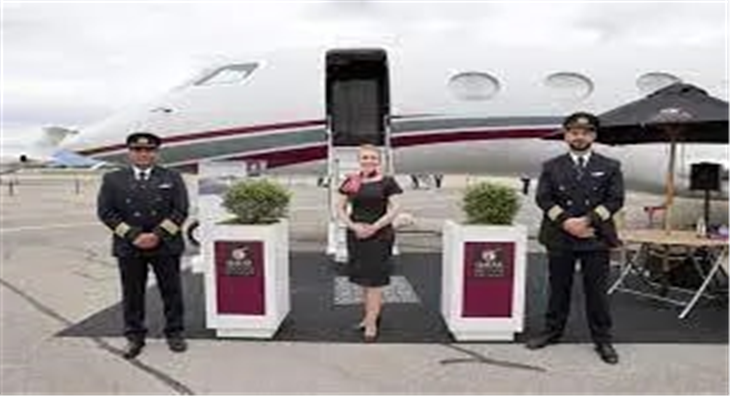

.jpg)
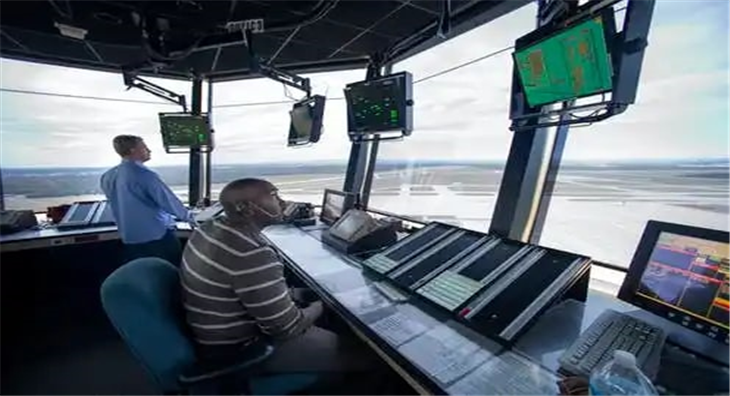



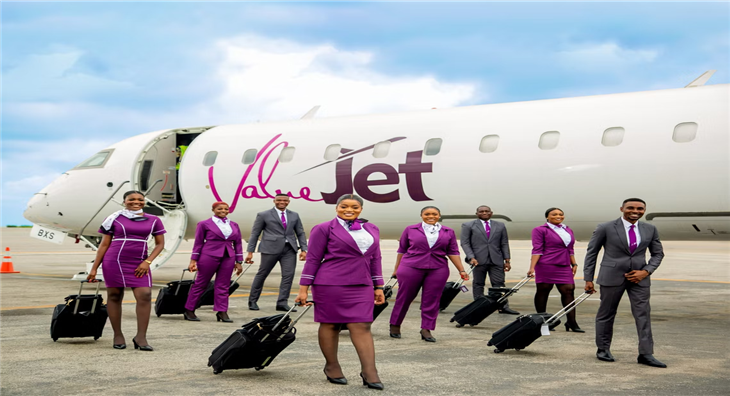
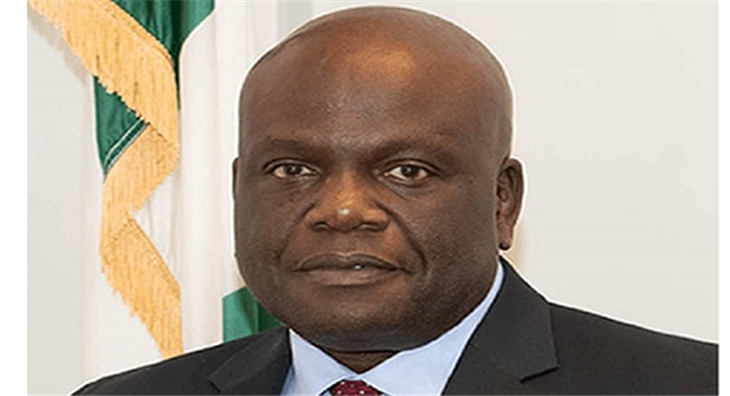
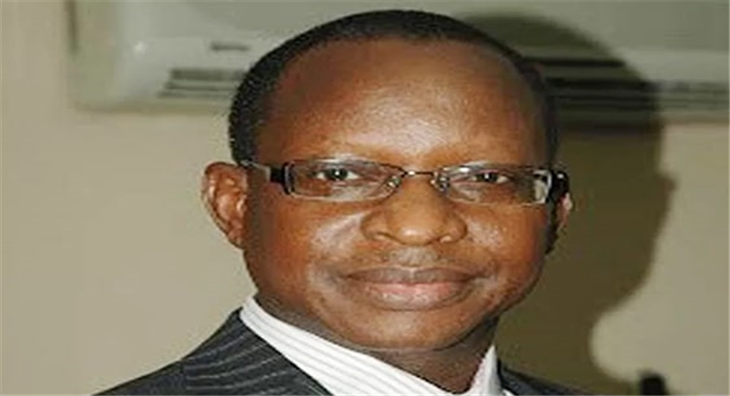

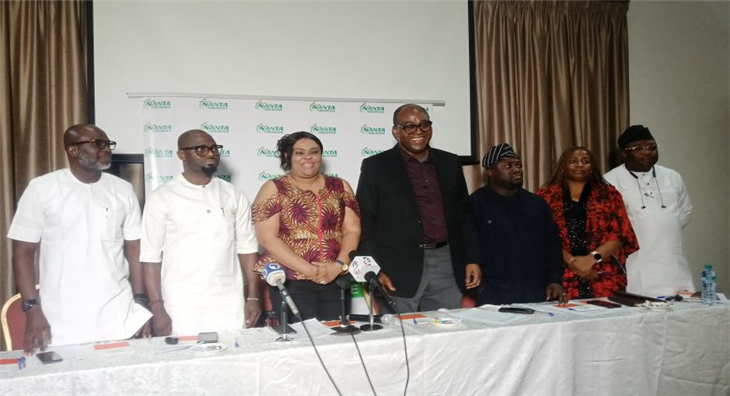
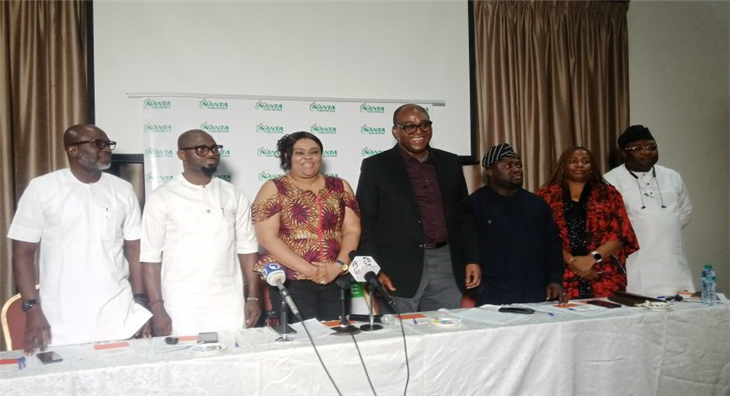





.jpg)
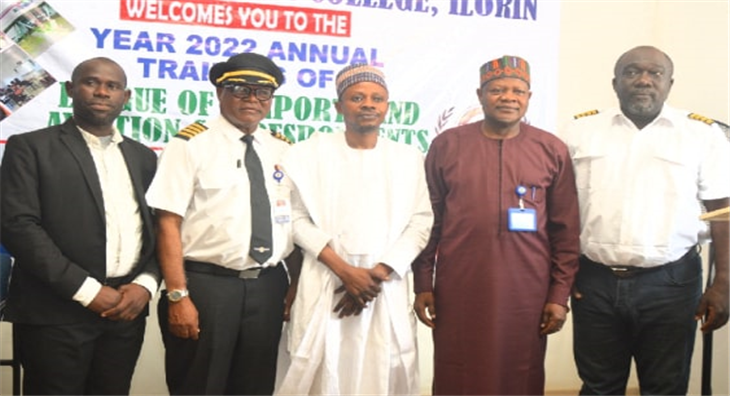
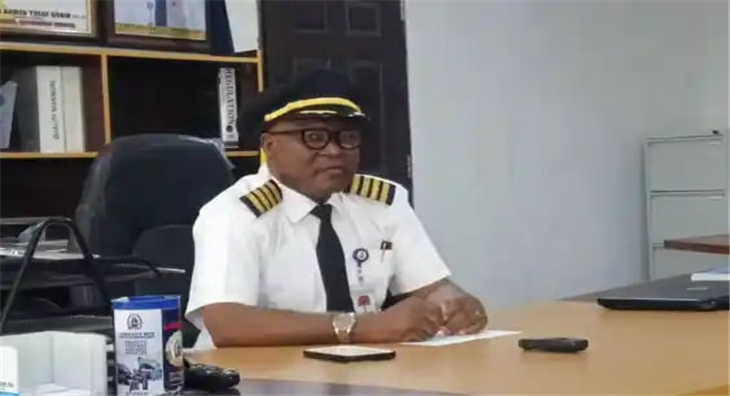
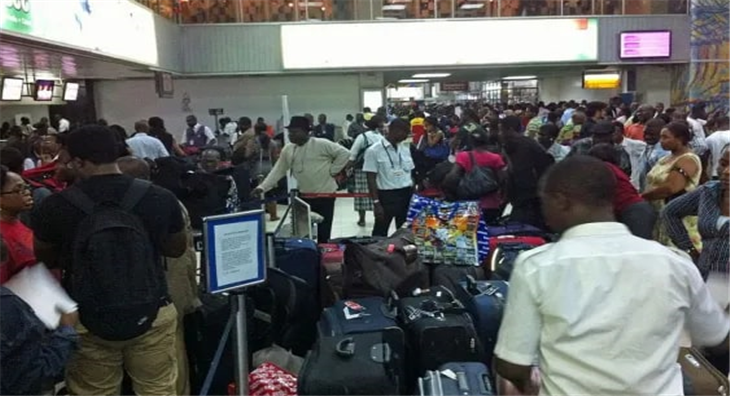

.jpg)
.jpg)
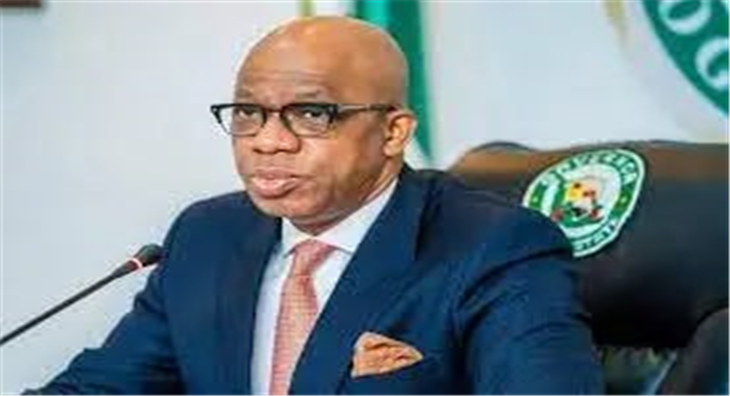
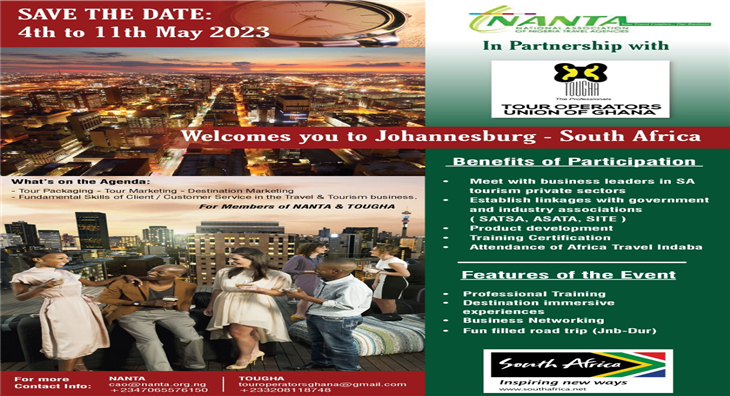
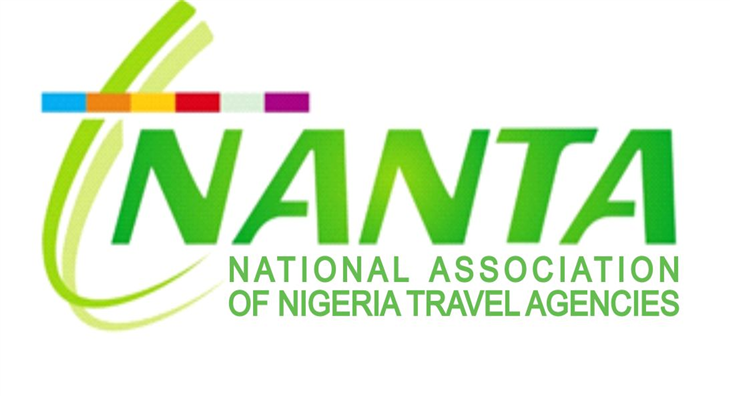
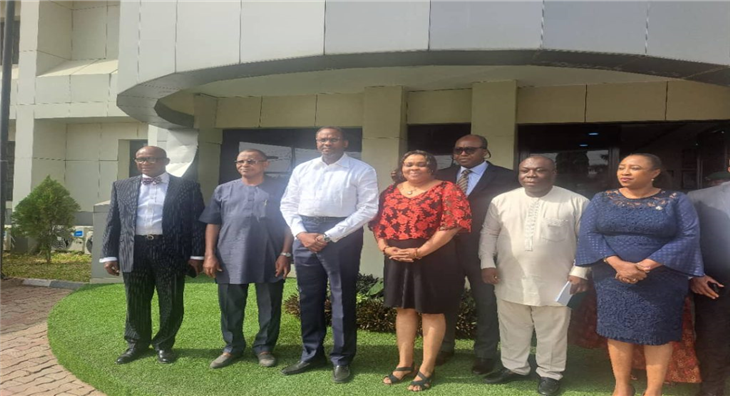
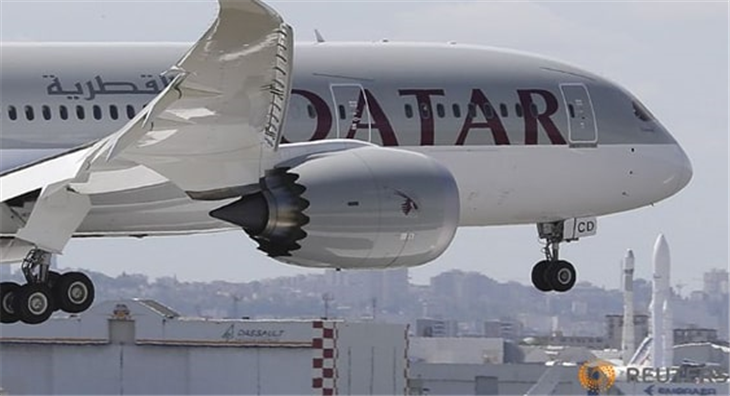
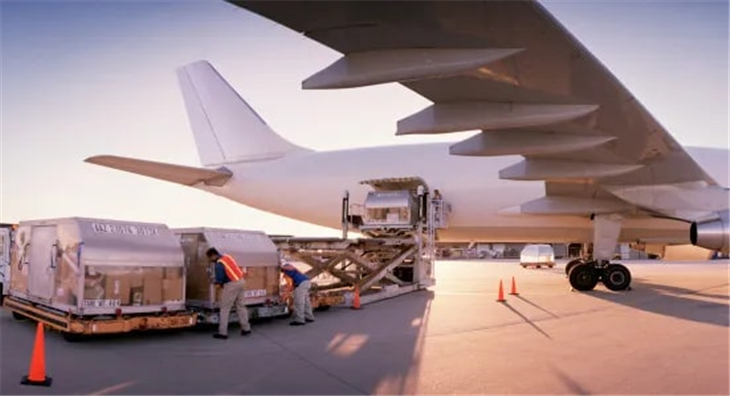

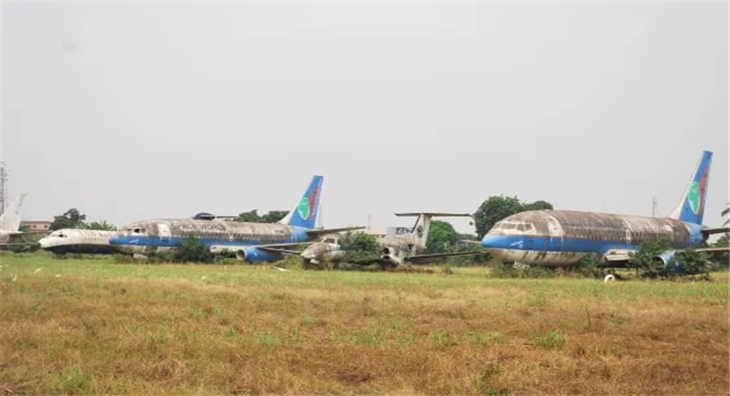
.jpg)
.jpg)
.jpg)
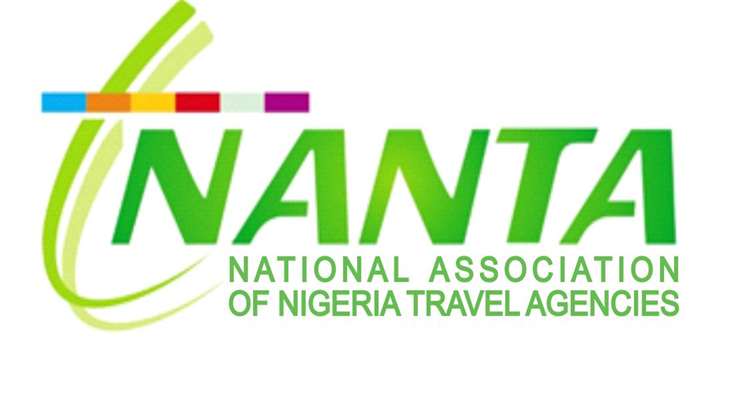
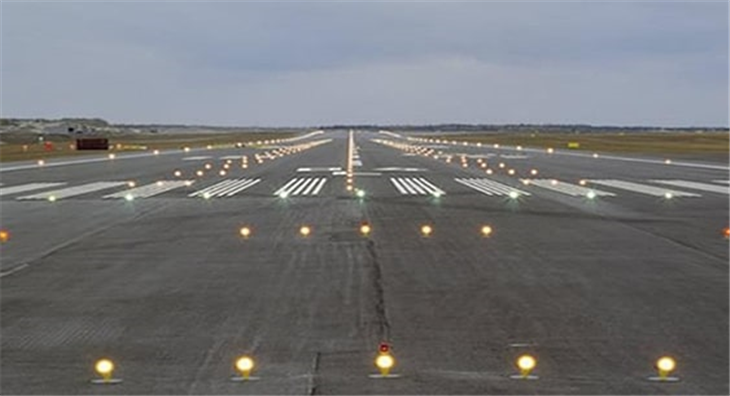

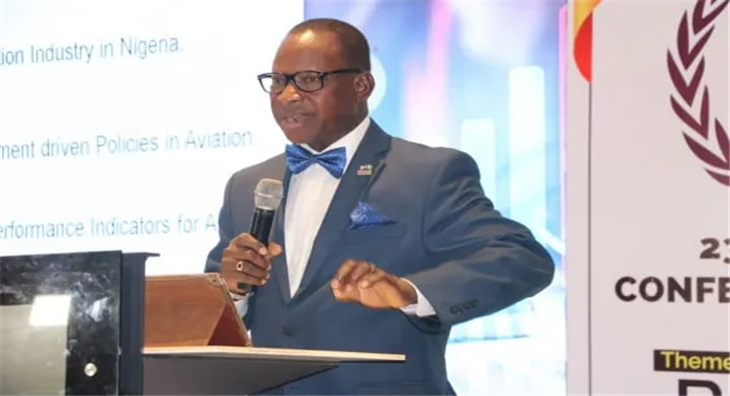
.jpg)

.jpg)
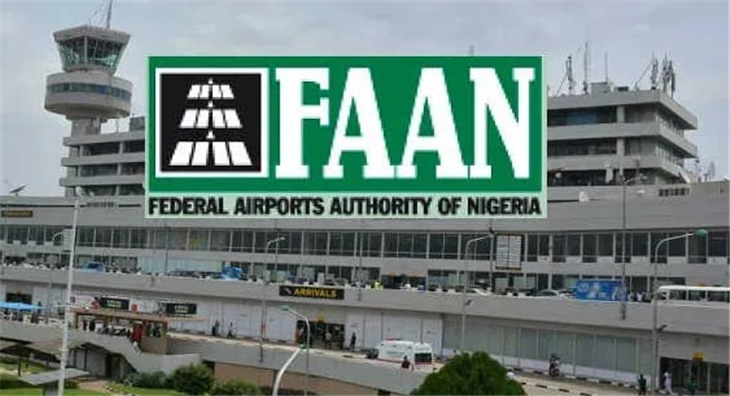


.jpg)
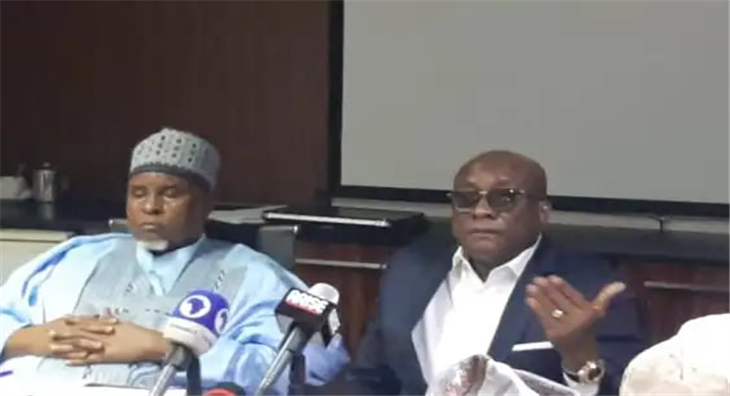
.jpg)

.jpg)
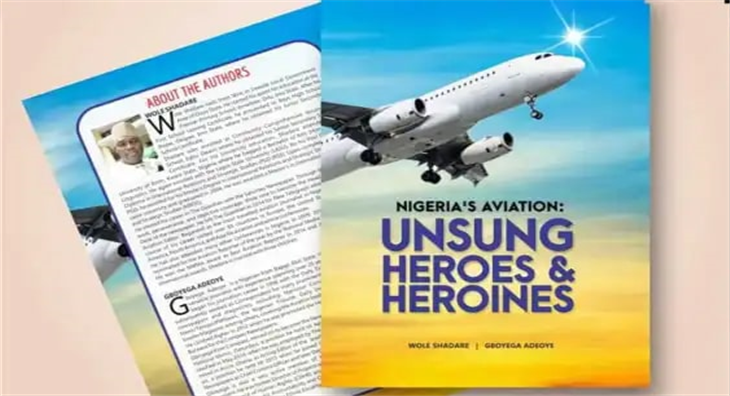


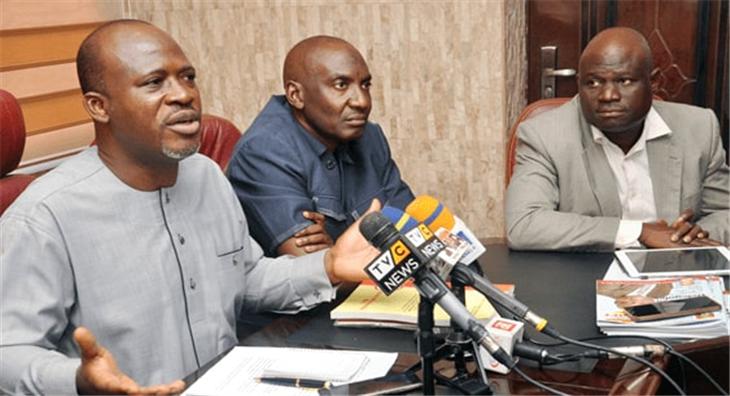
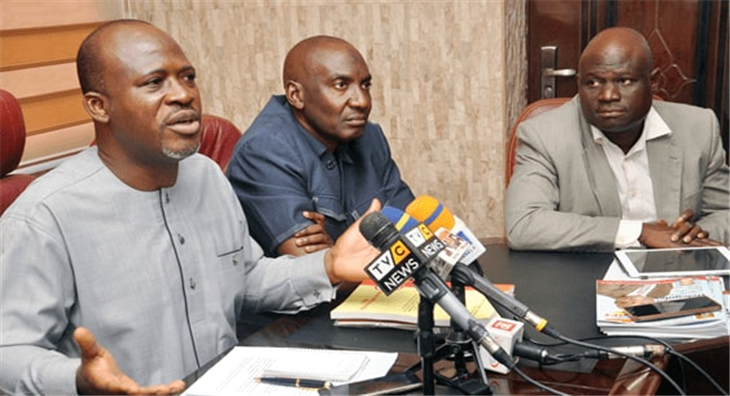


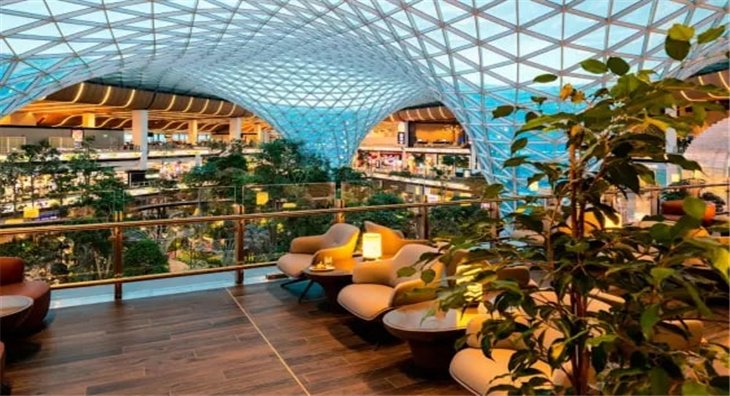
.jpg)

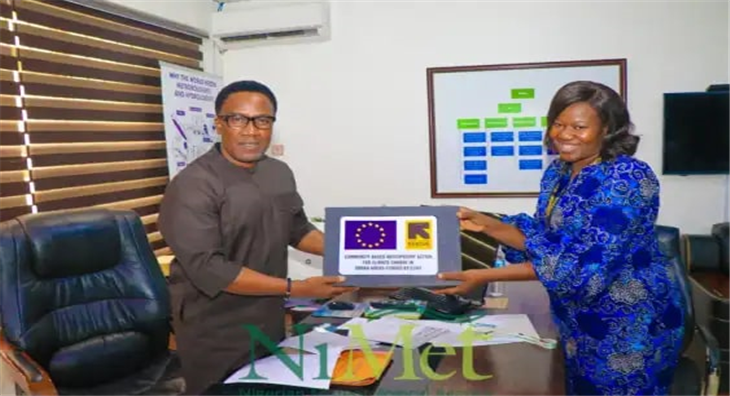
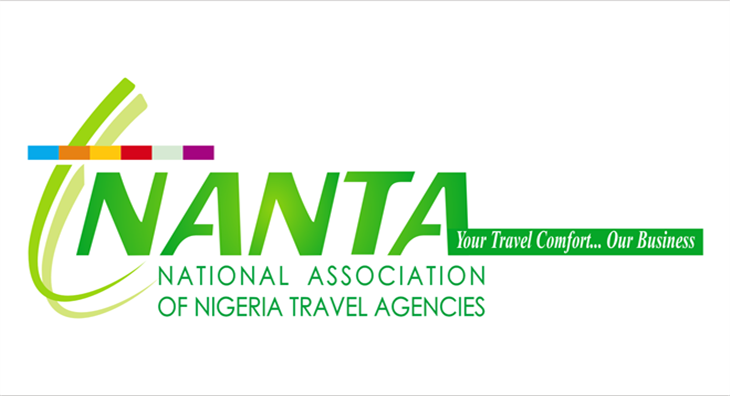

.jpg)
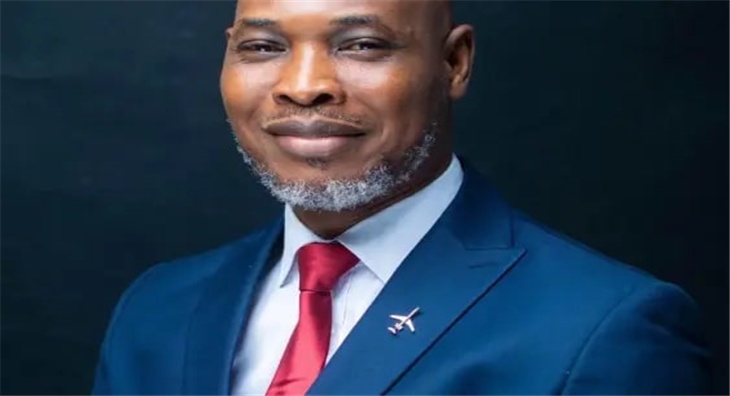
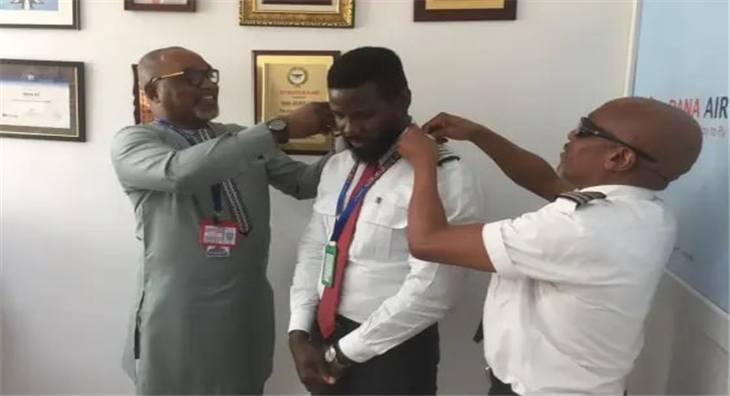

.jpg)
.jpg)
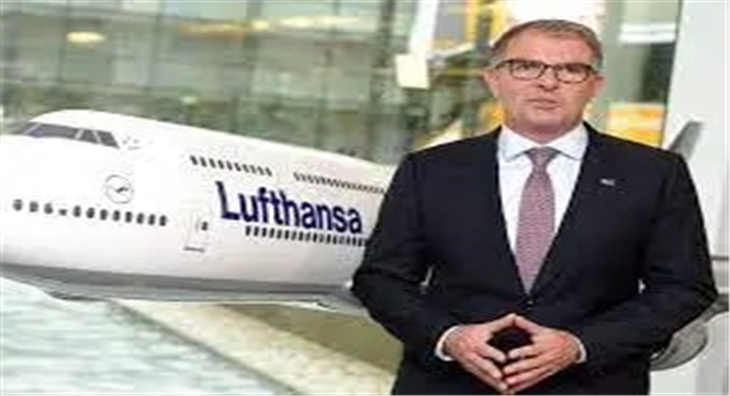
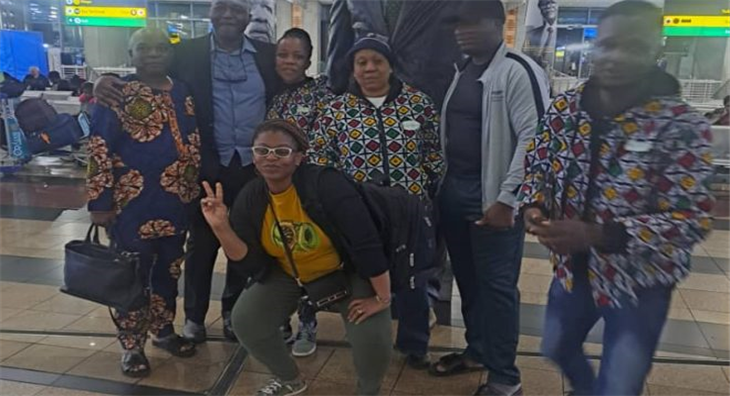
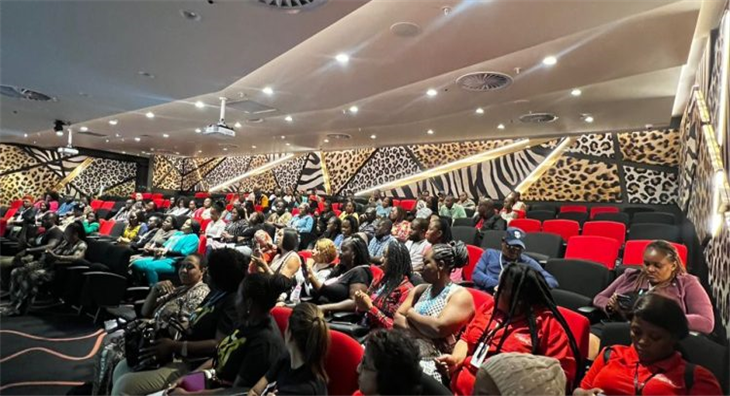
.jpg)
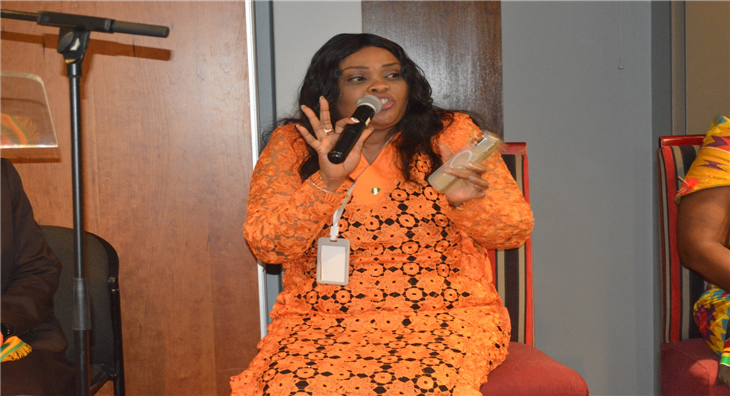
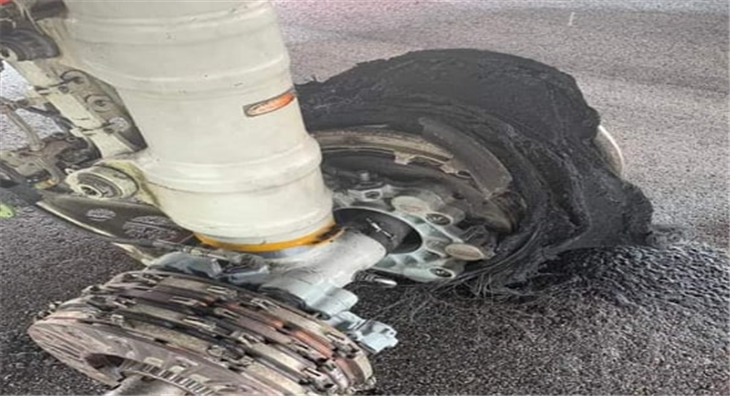

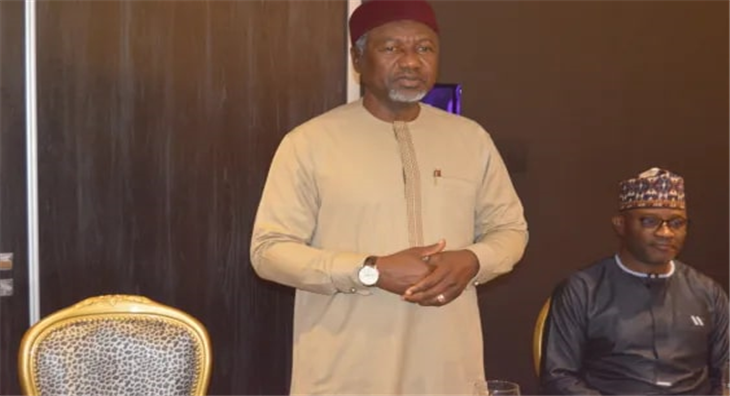
 (1).jpg)
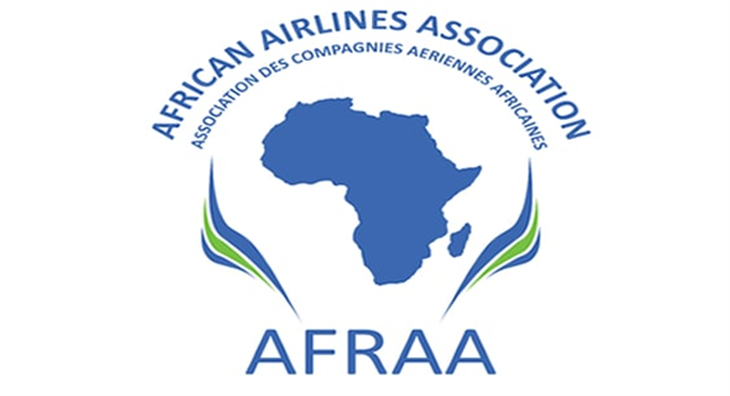
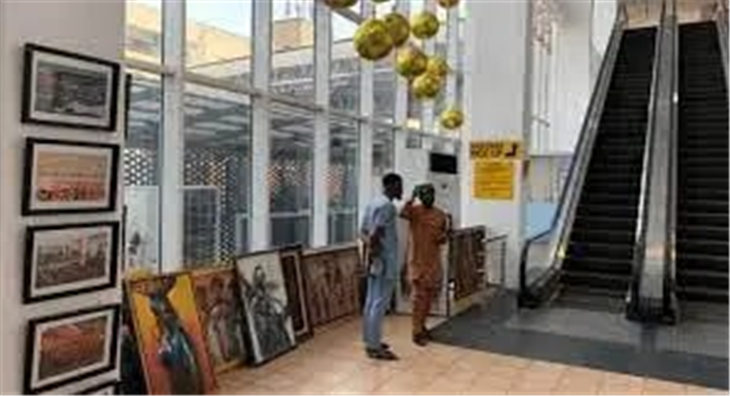
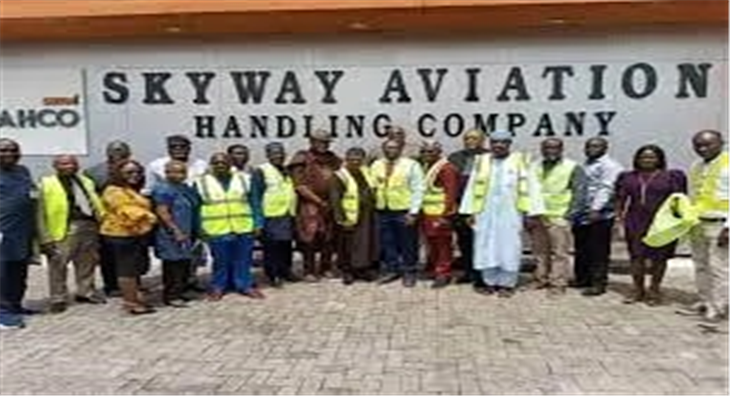

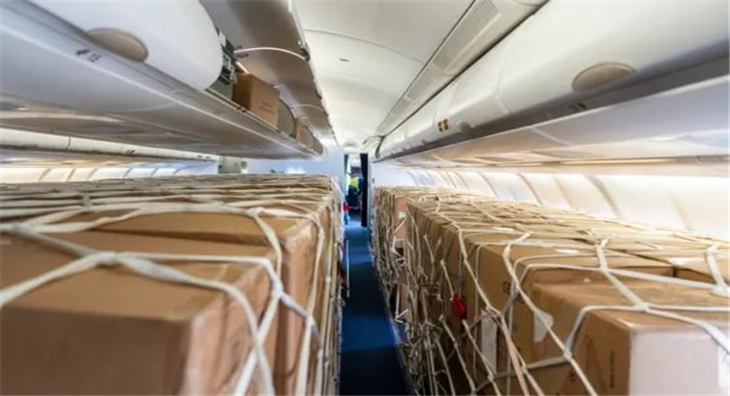


.jpg)

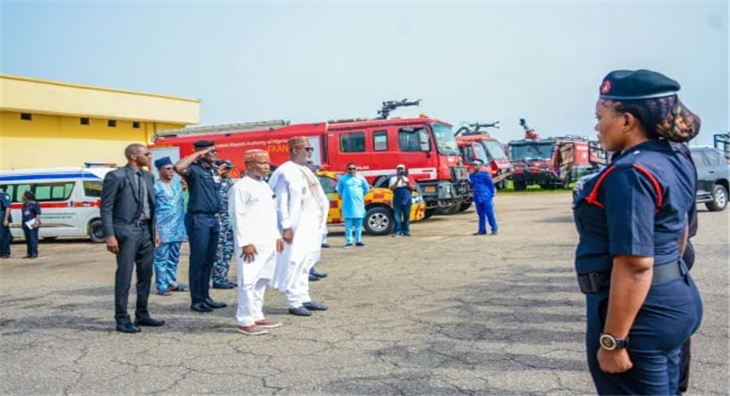
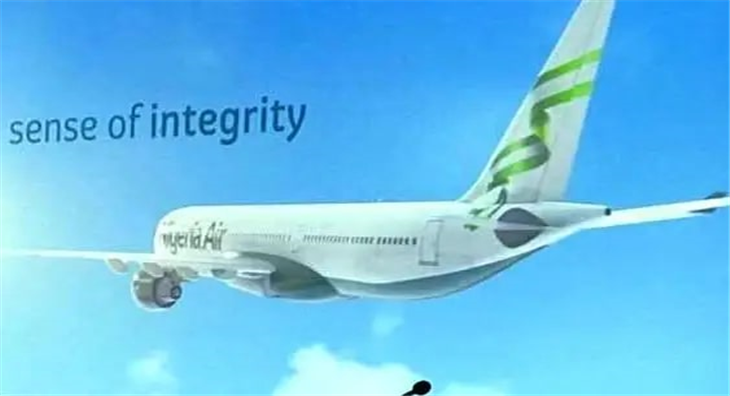
.jpg)


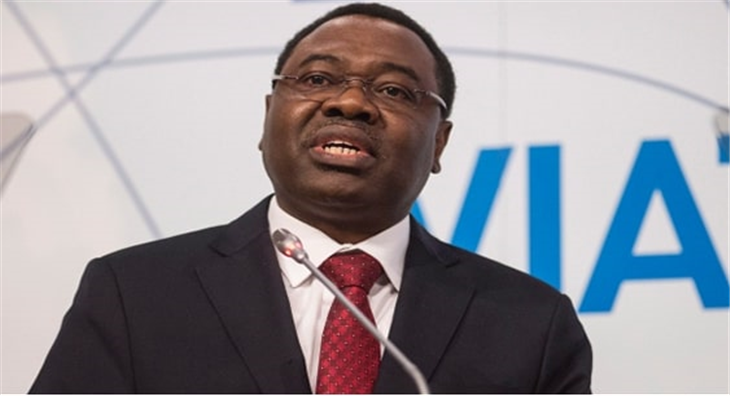


 (1).jpg)
.jpg)
.jpg)
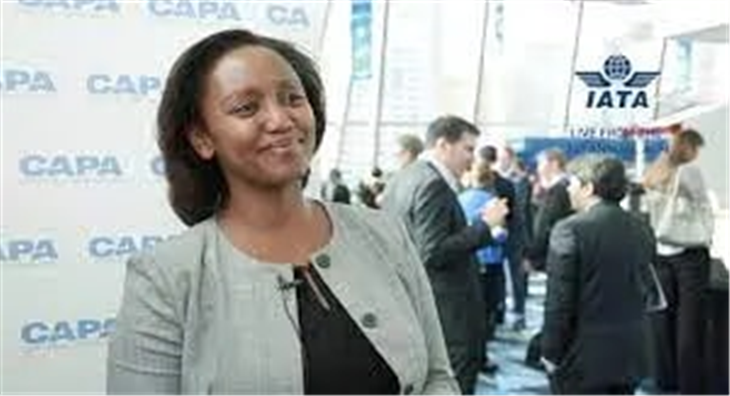
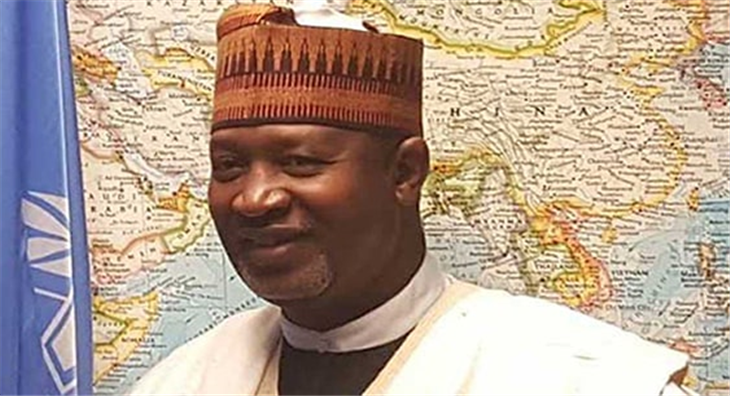
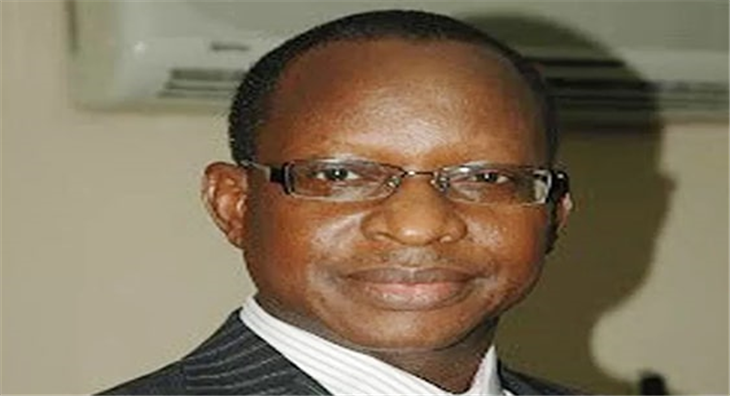
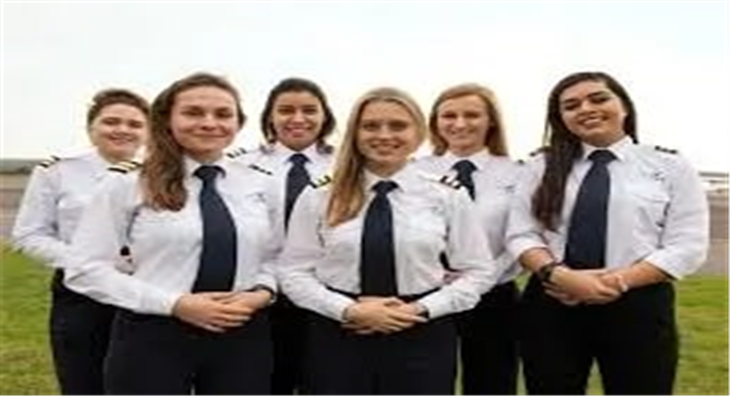
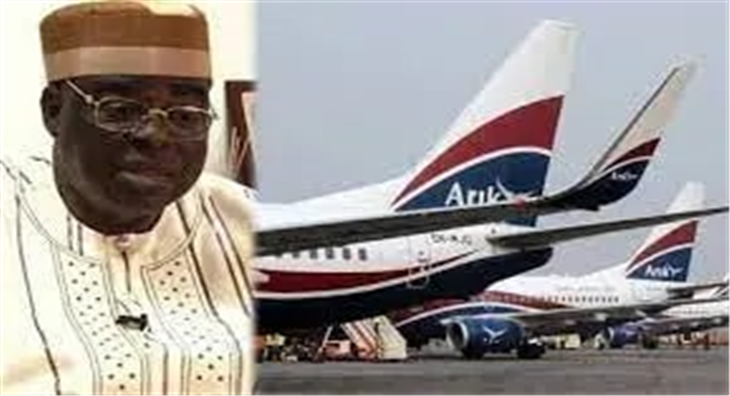
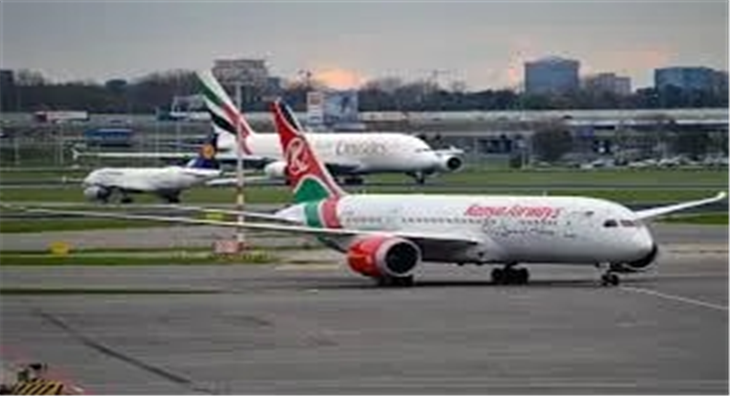
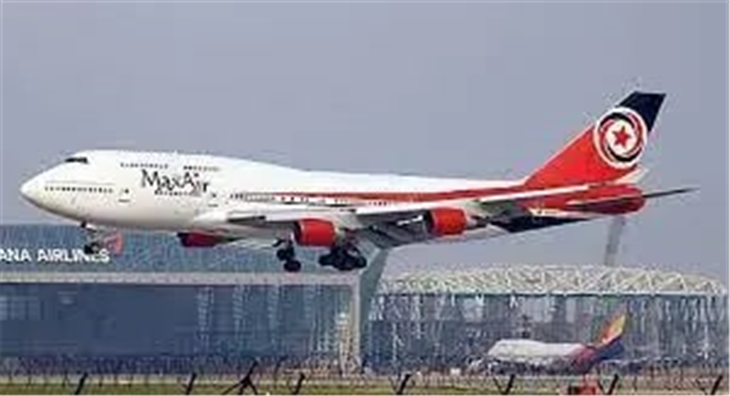
.jpg)
.jpg)
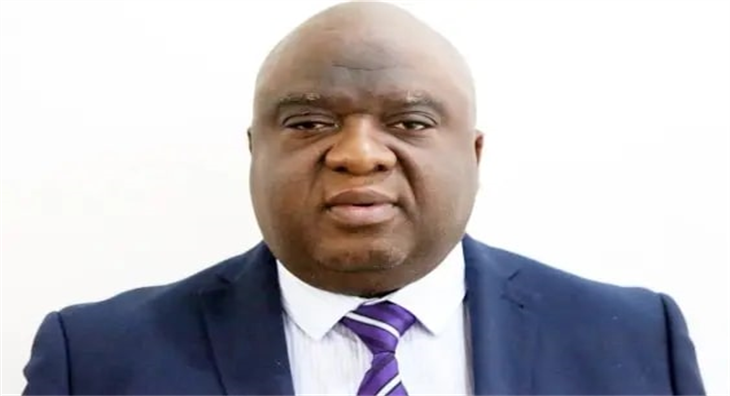
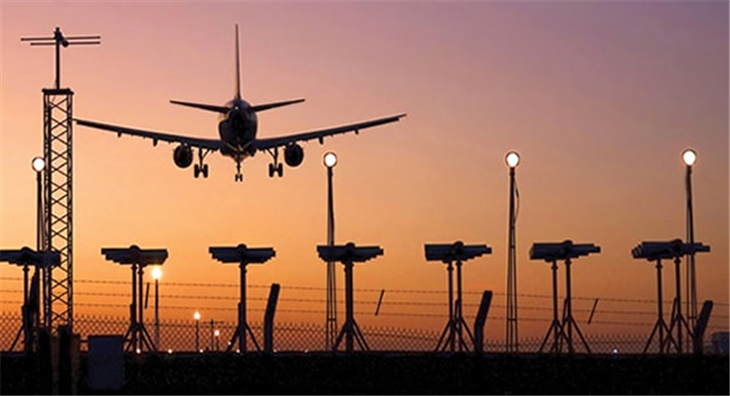
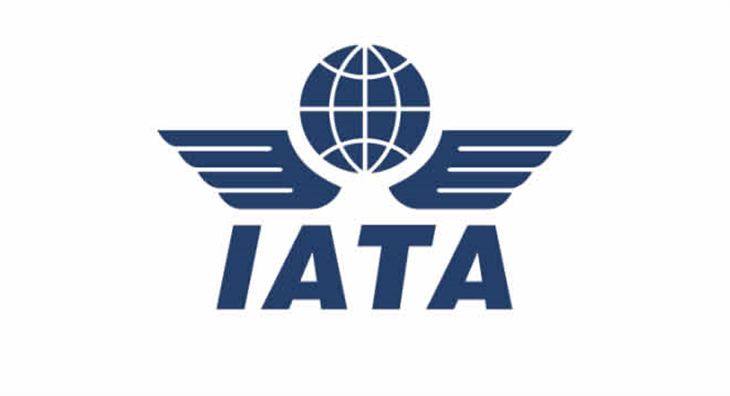
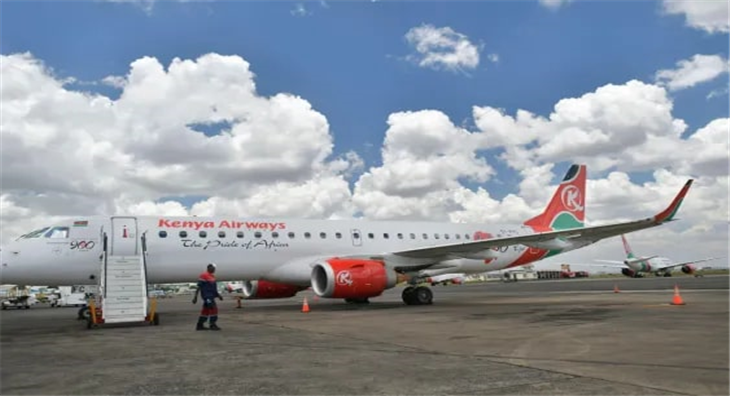
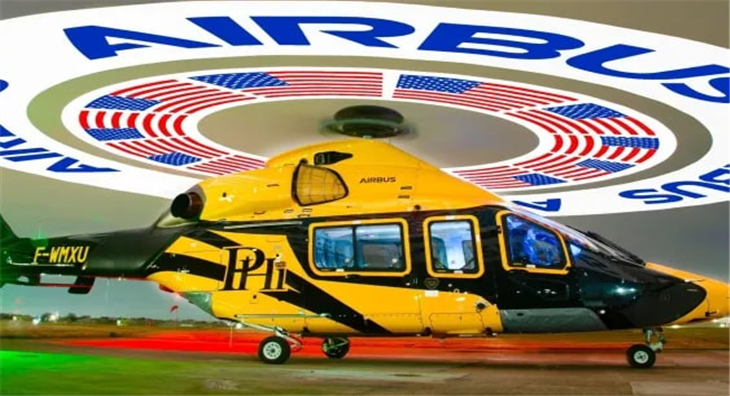
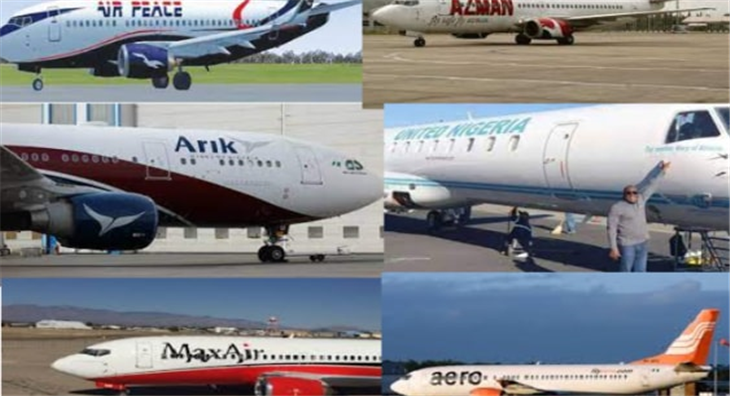
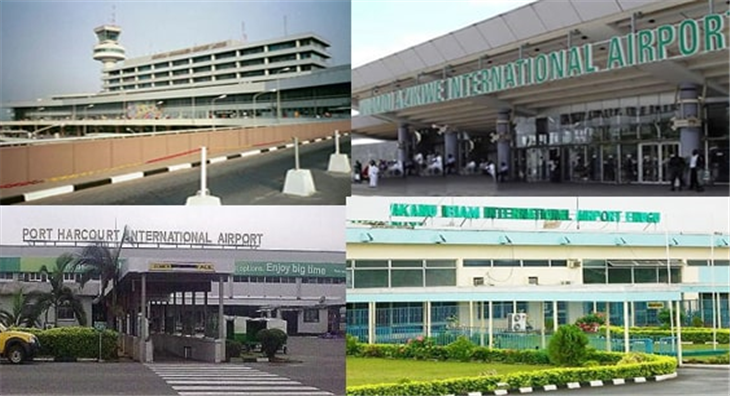
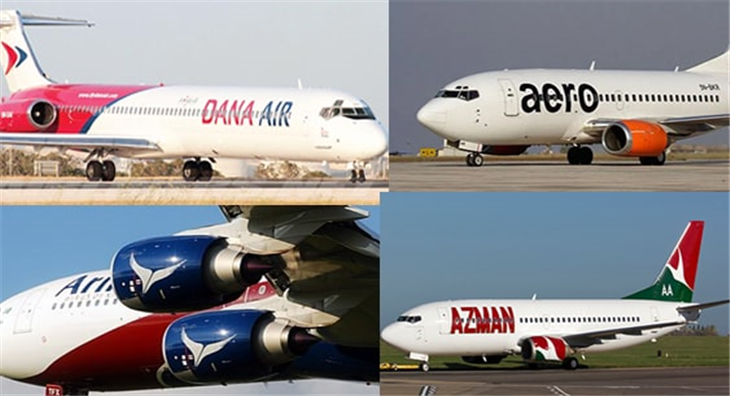
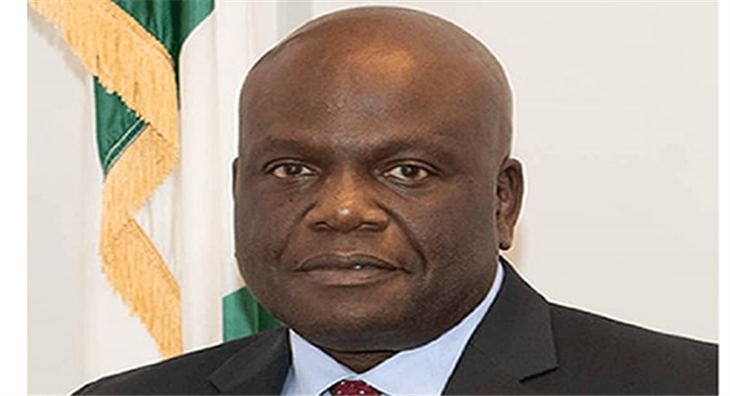
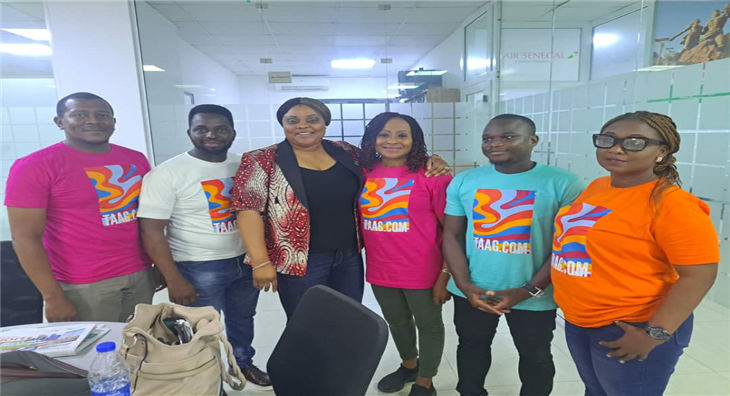
.jpg)
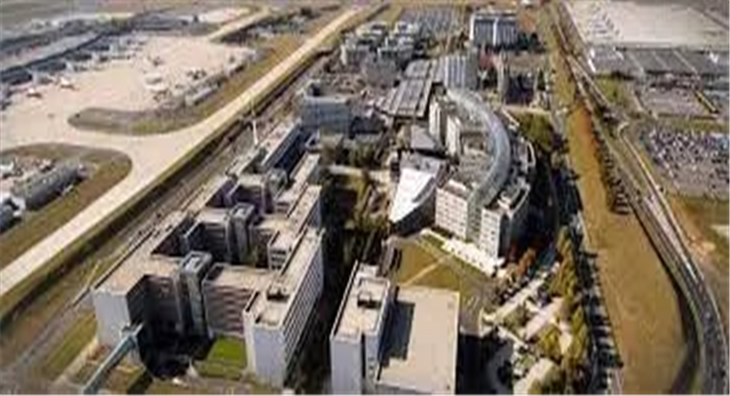
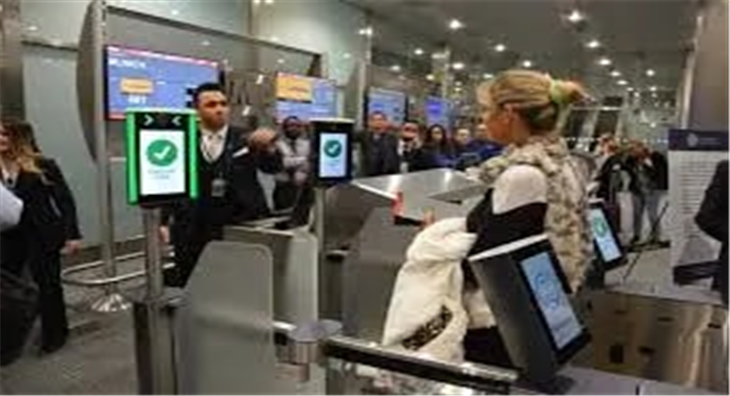

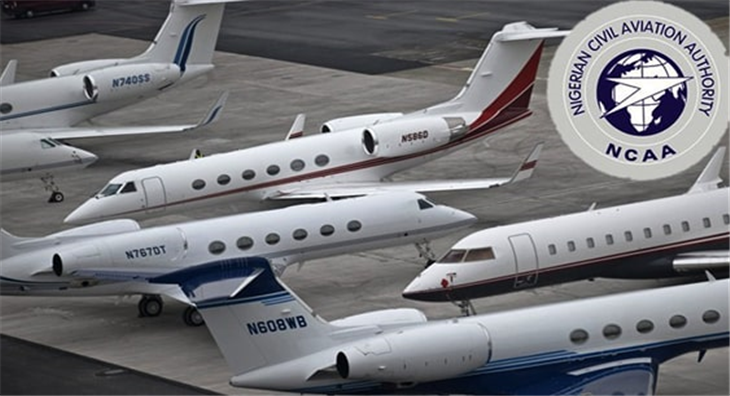
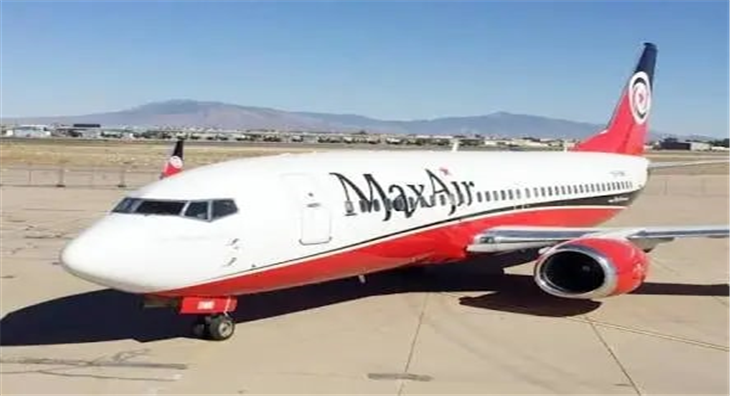
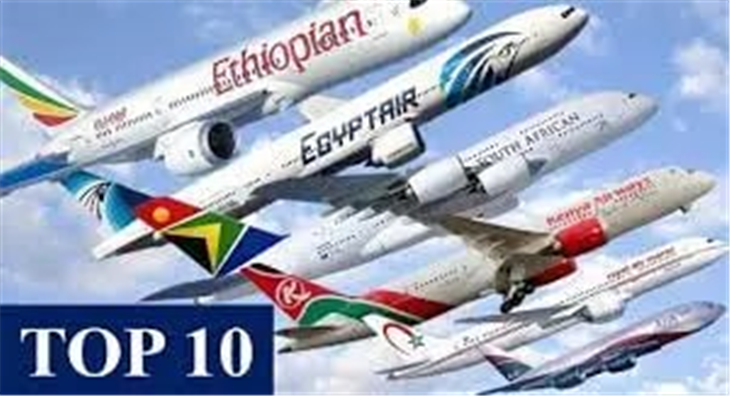
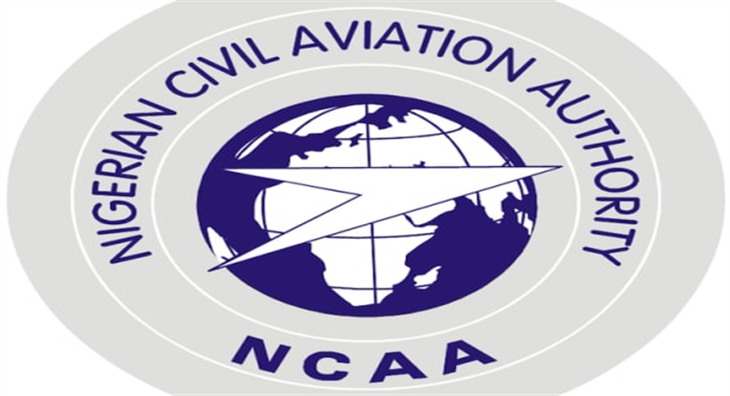

.jpg)
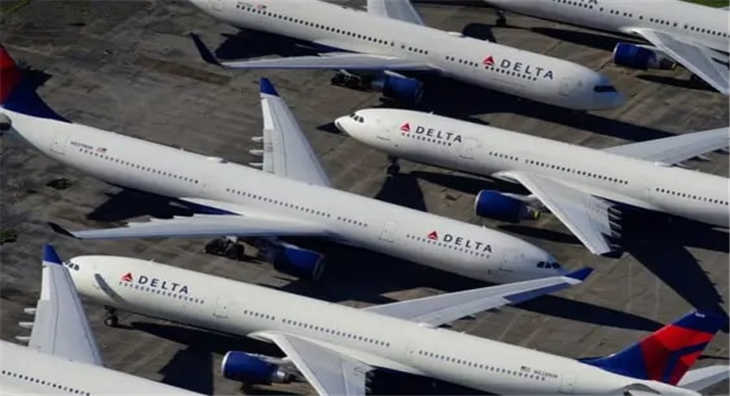

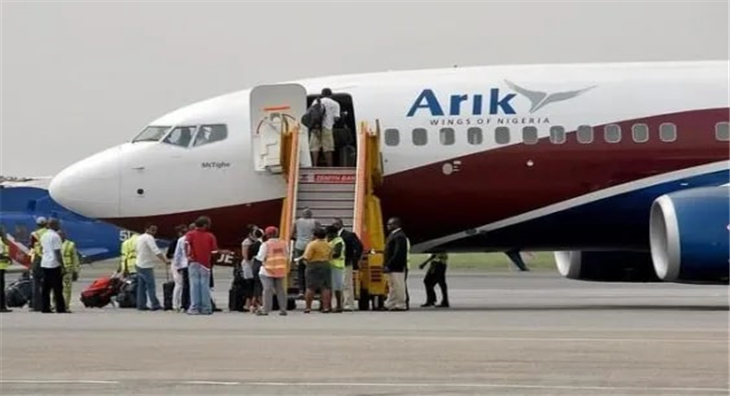
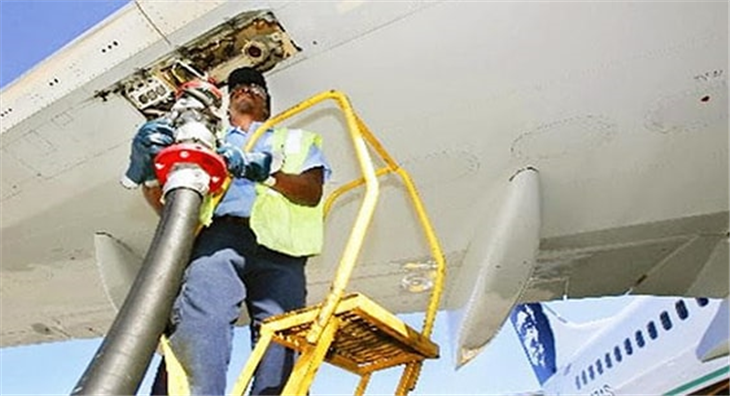
.jpg)
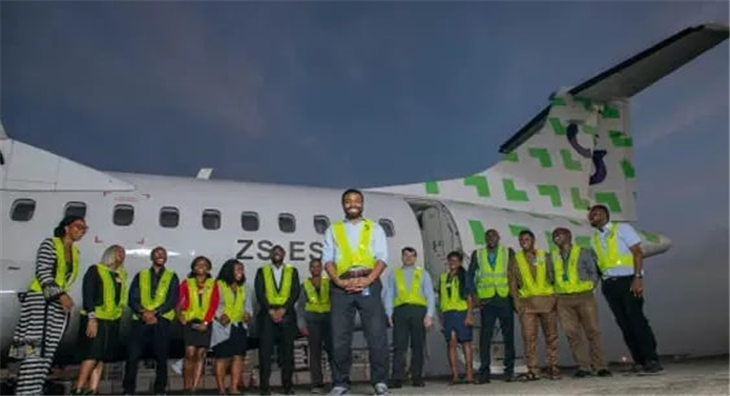
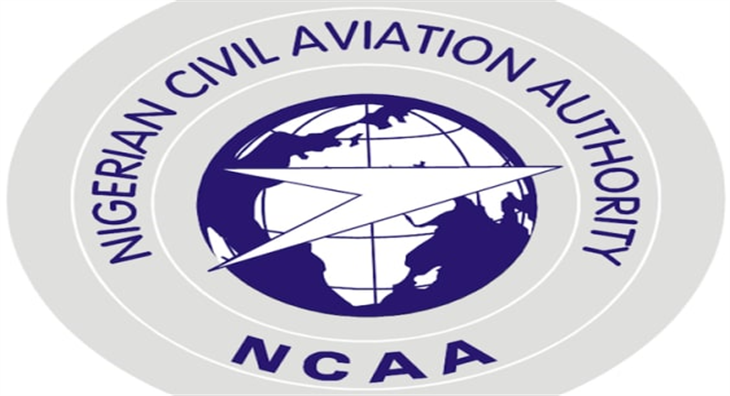

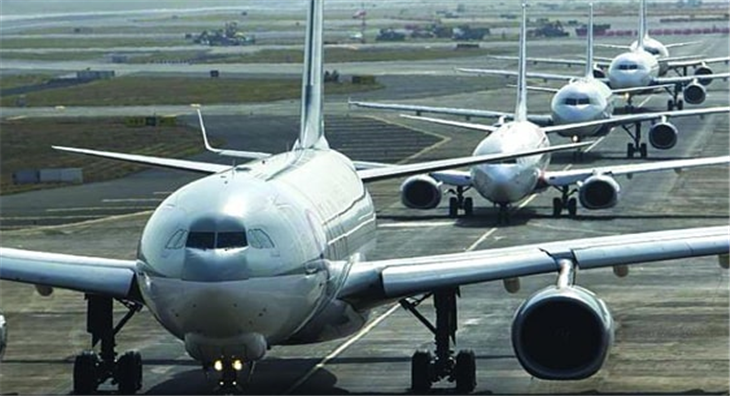
.jpg)
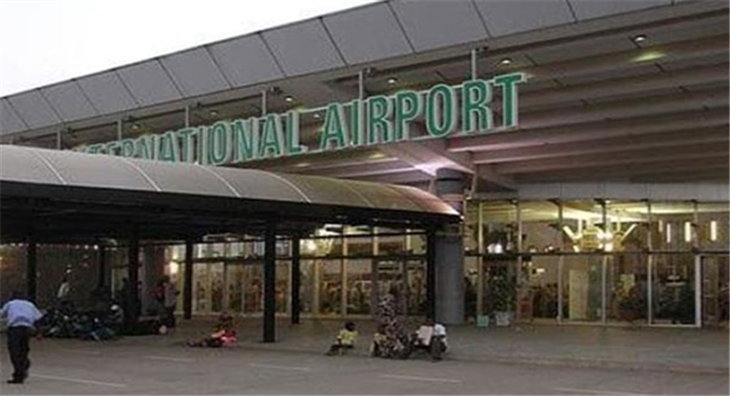
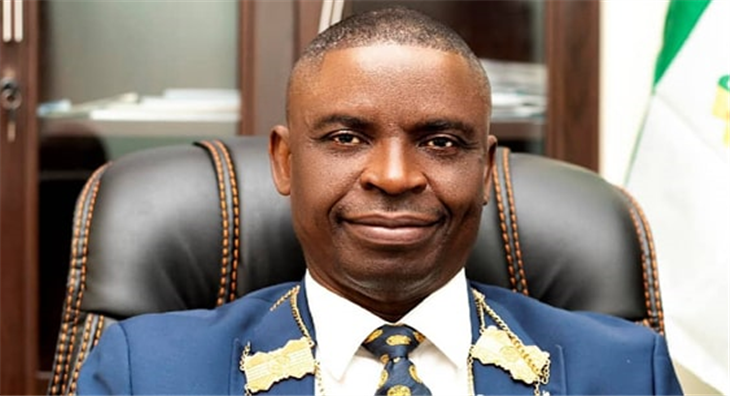
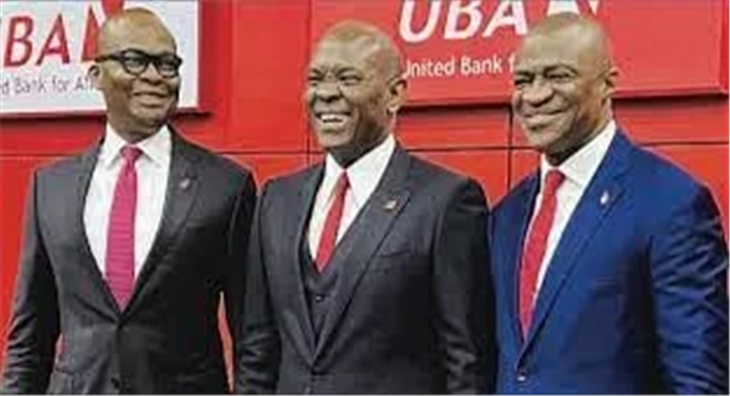
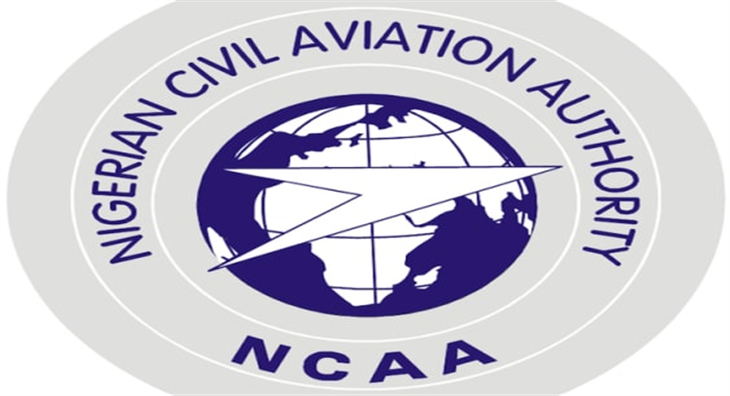

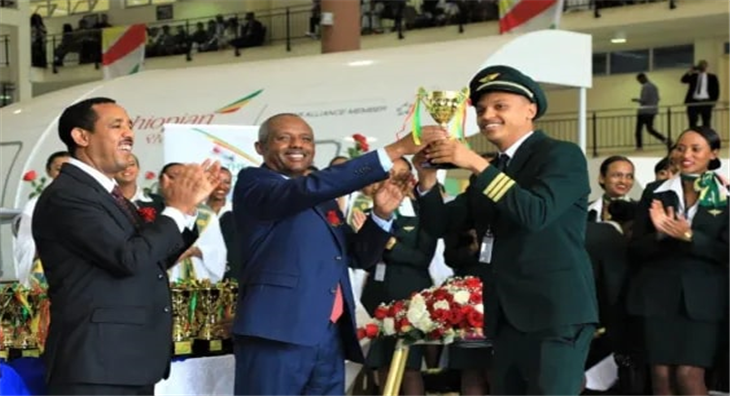
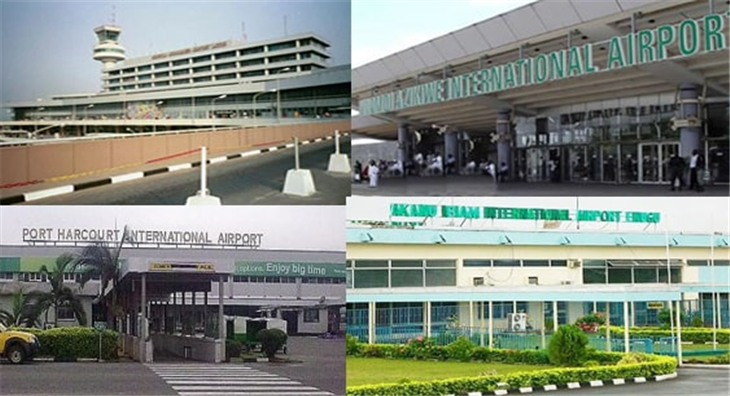
.jpg)
.jpg)
.jpg)
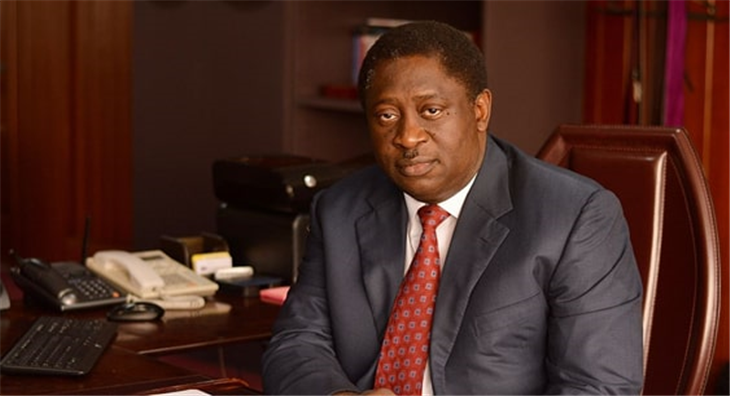


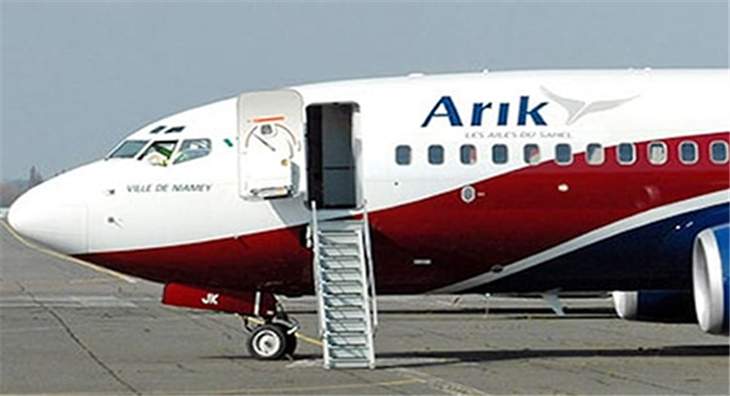
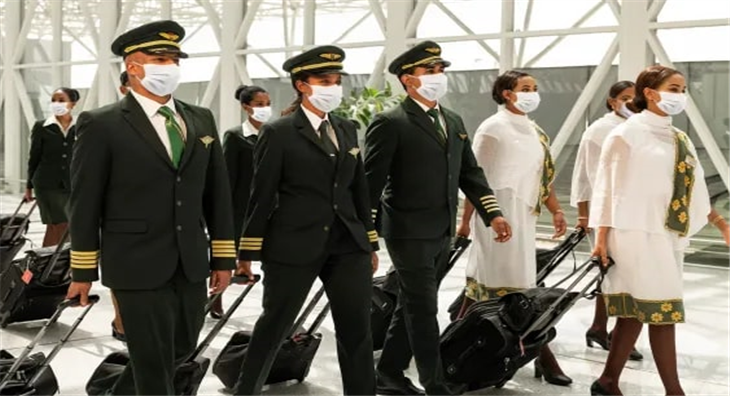
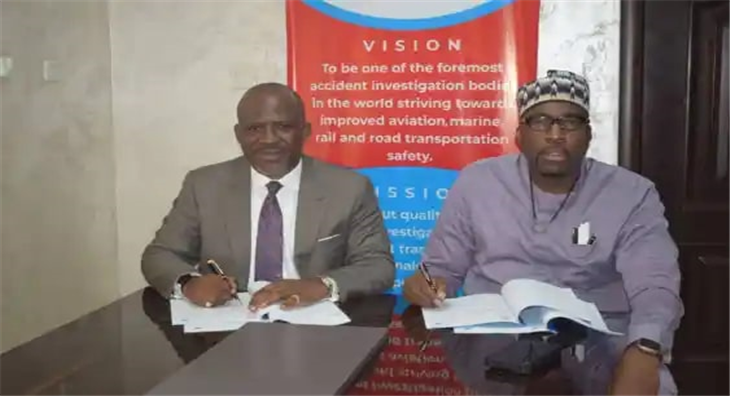
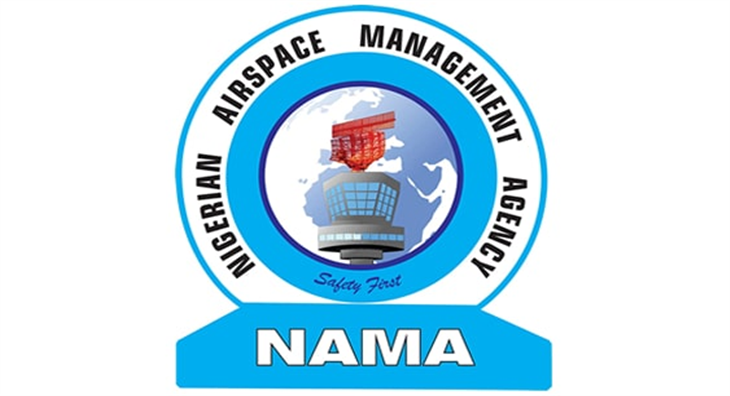
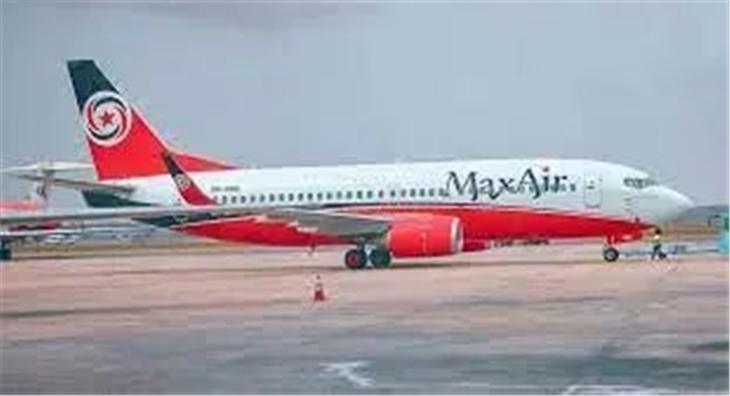
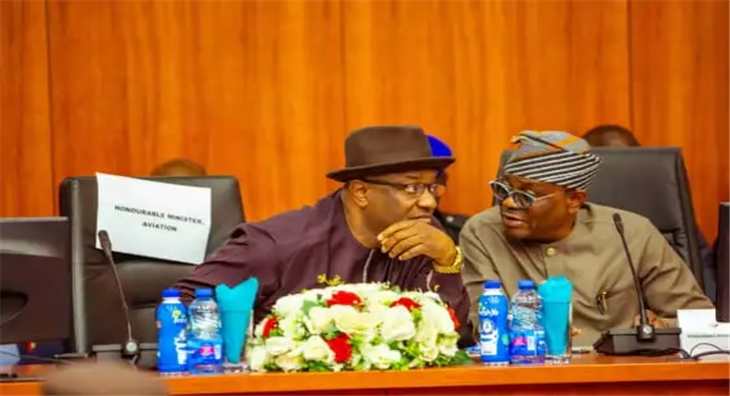
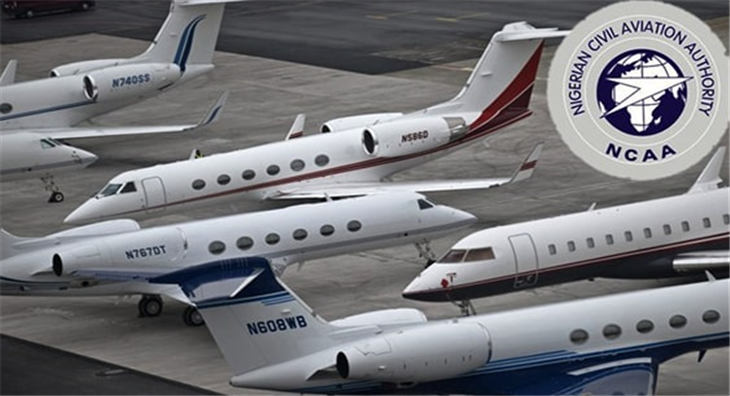
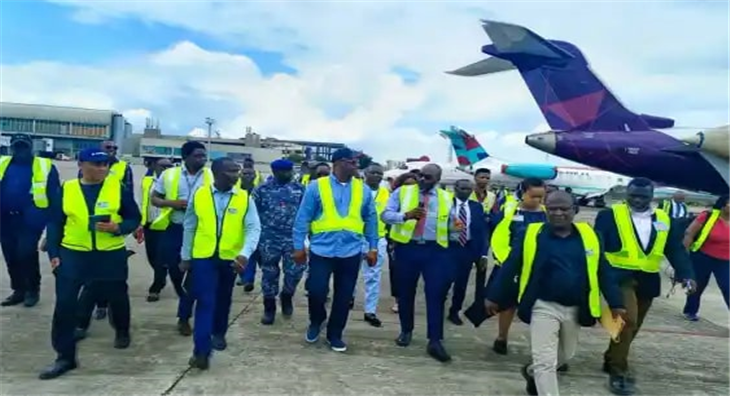
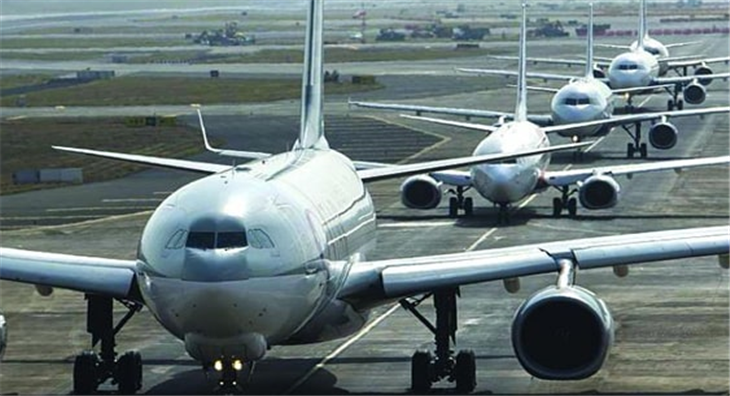
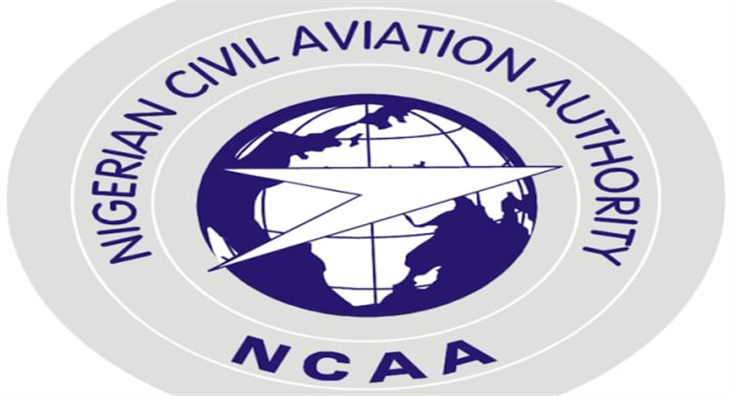
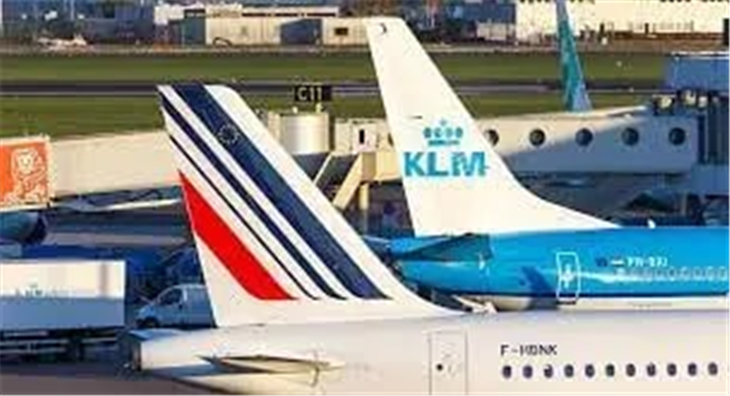
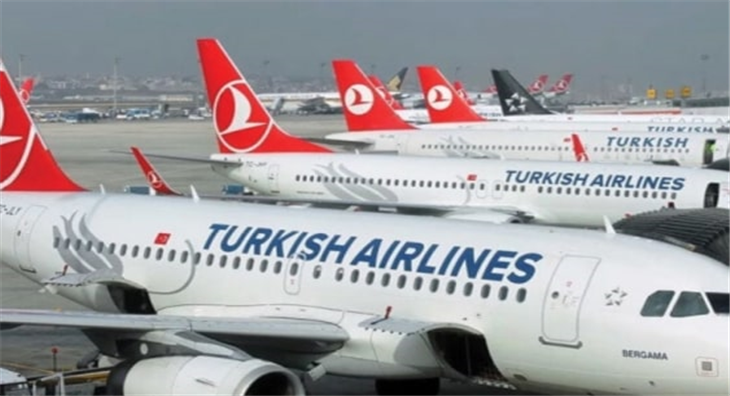
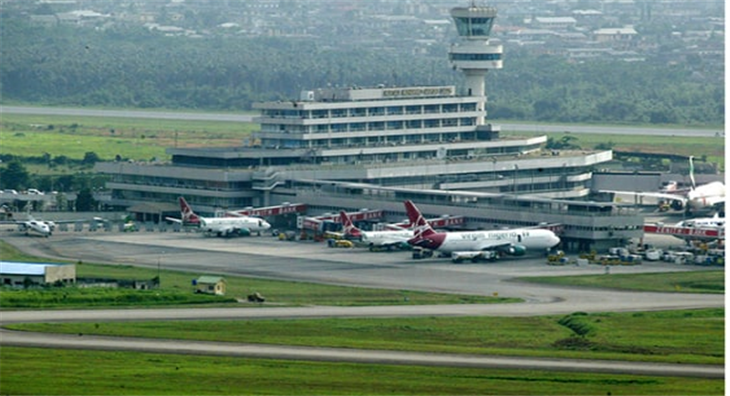
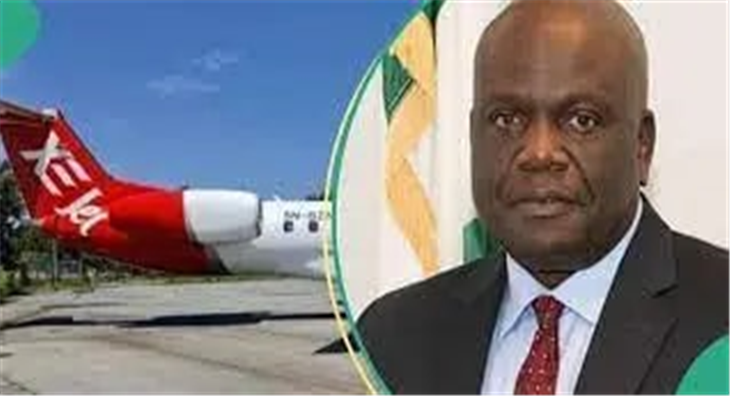
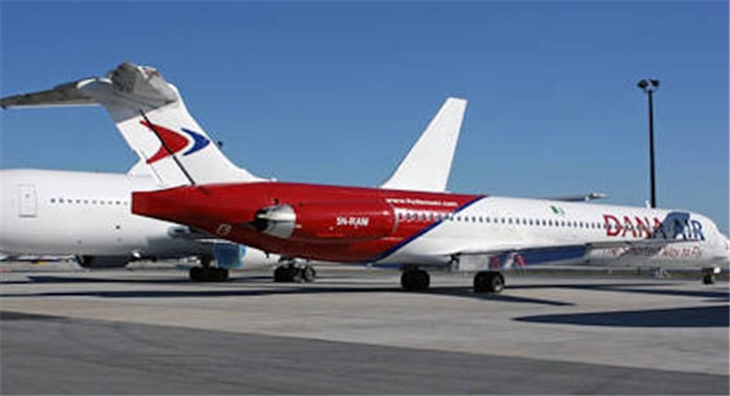

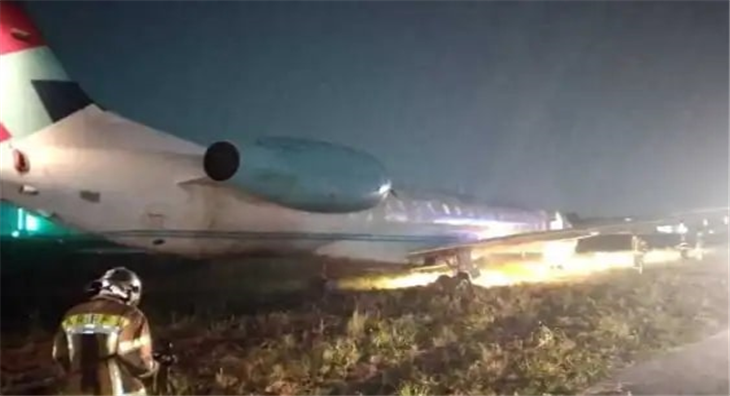
.jpg)

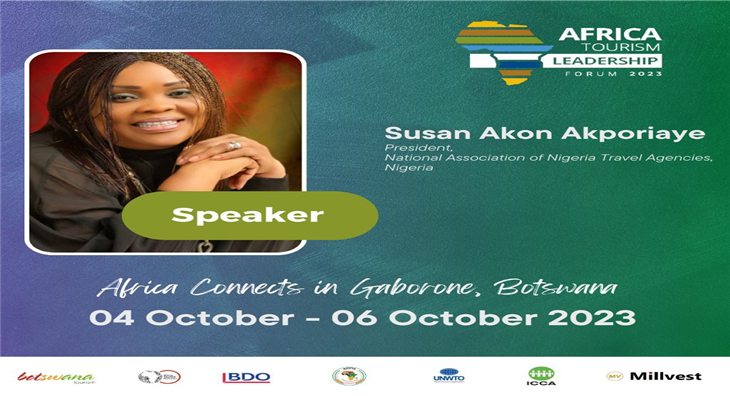





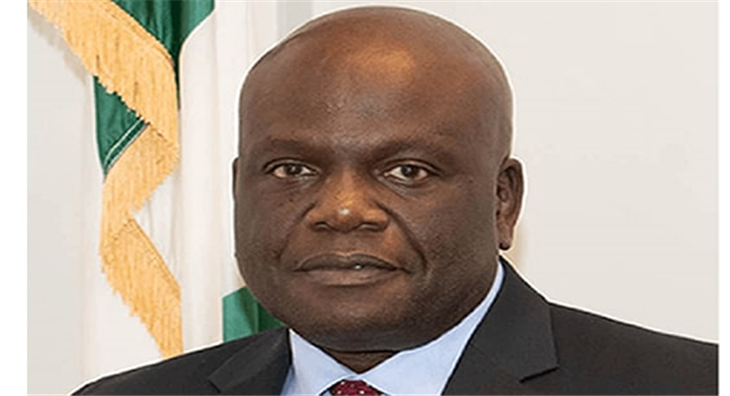
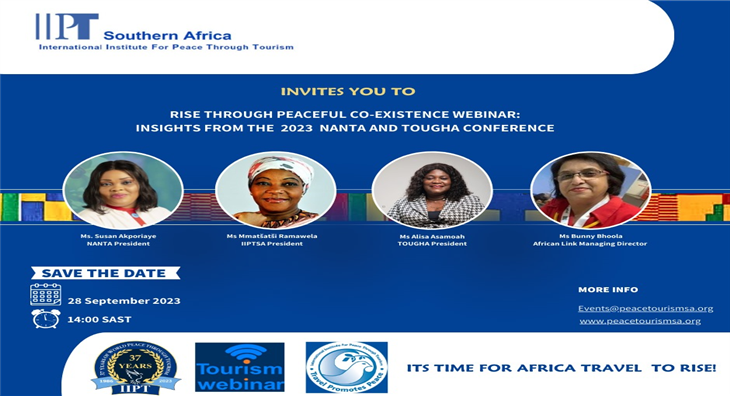
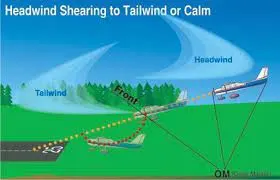

.jpg)
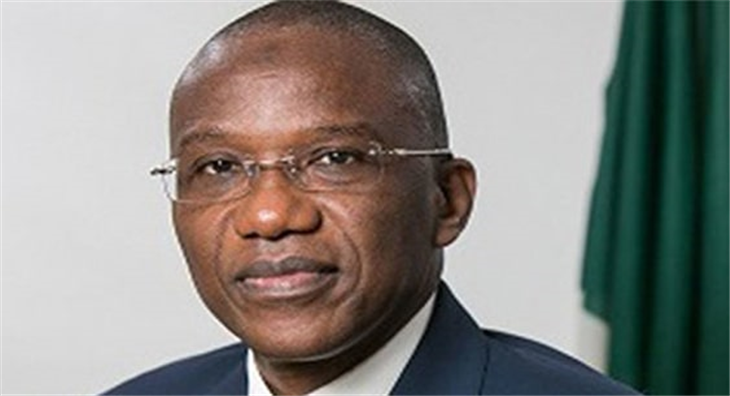
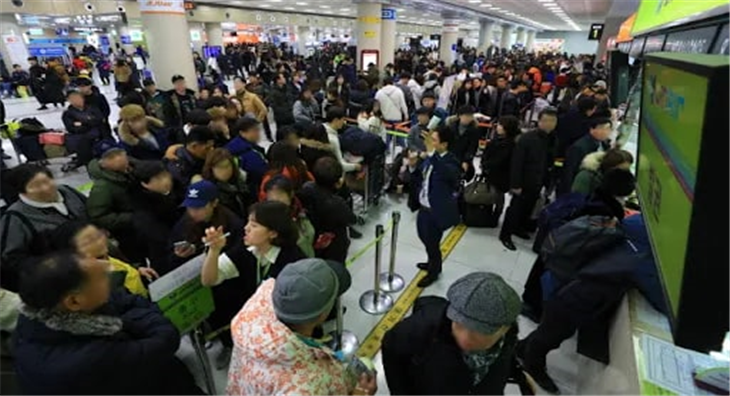
.jpg)
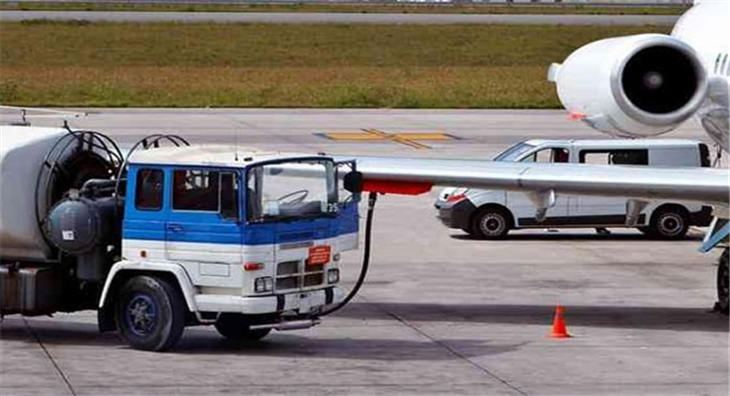
.jpg)
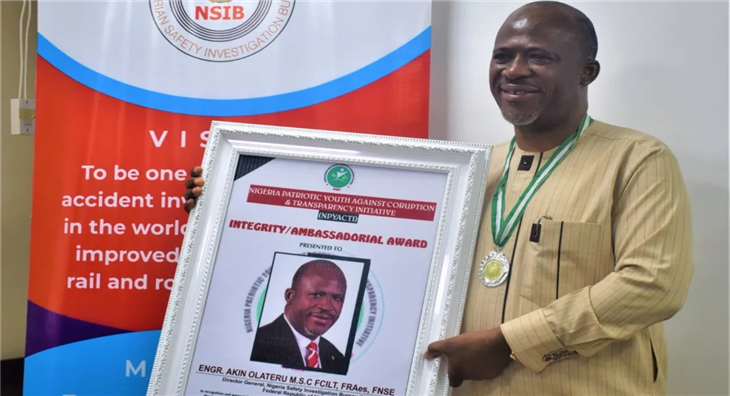
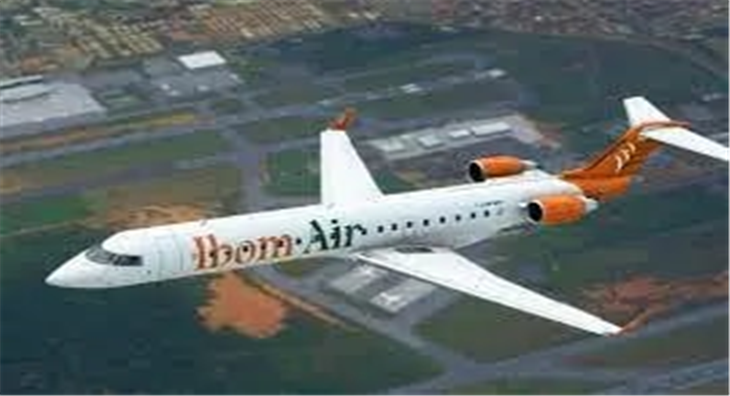
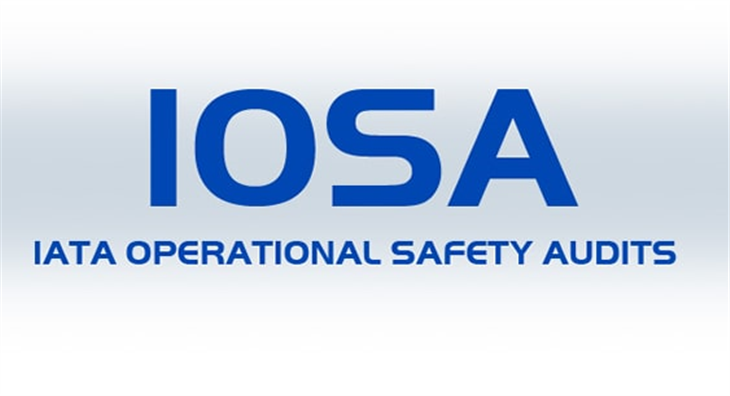
.jpg)
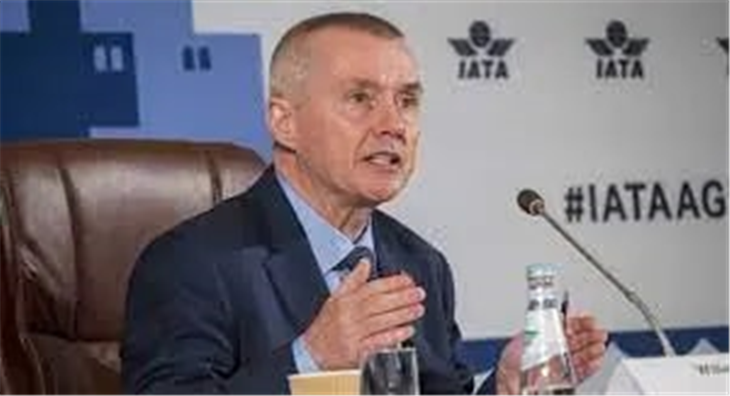
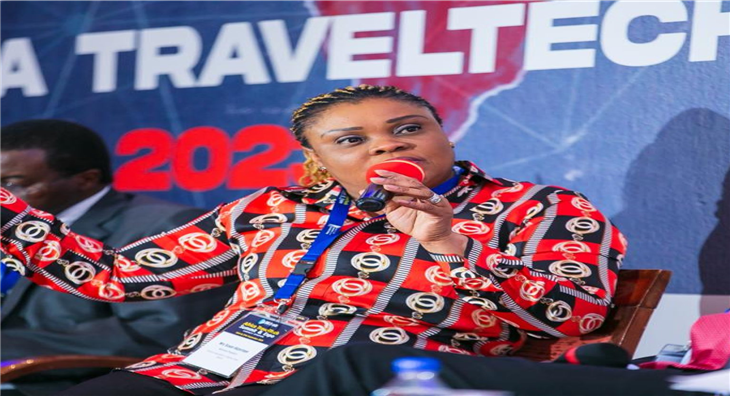

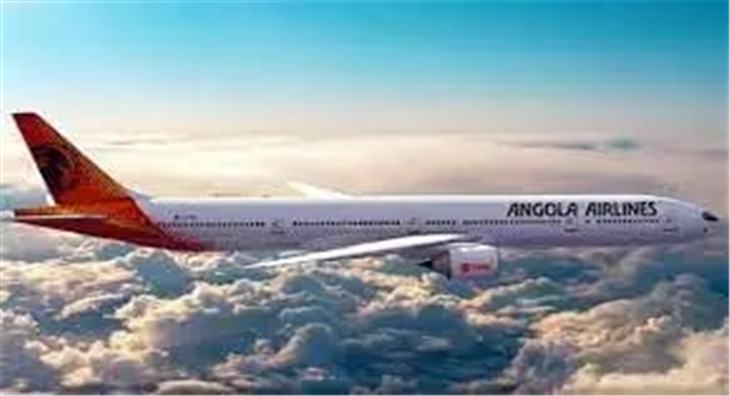

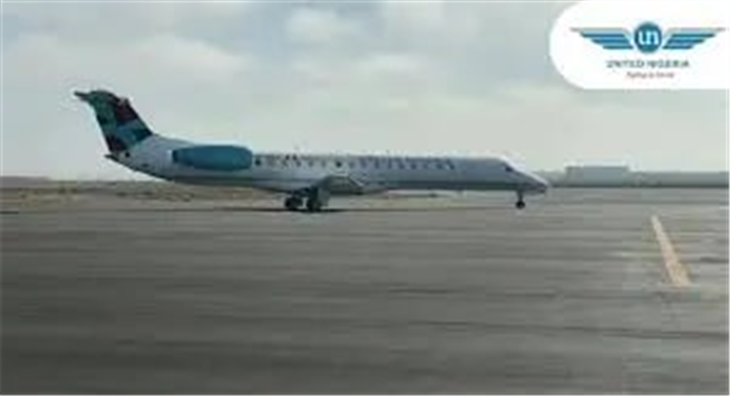
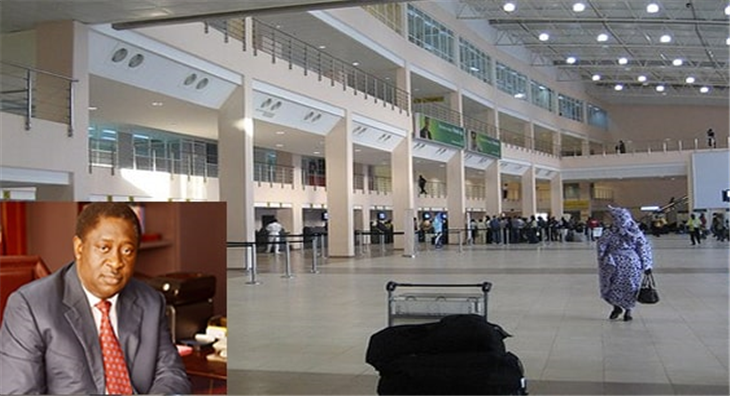

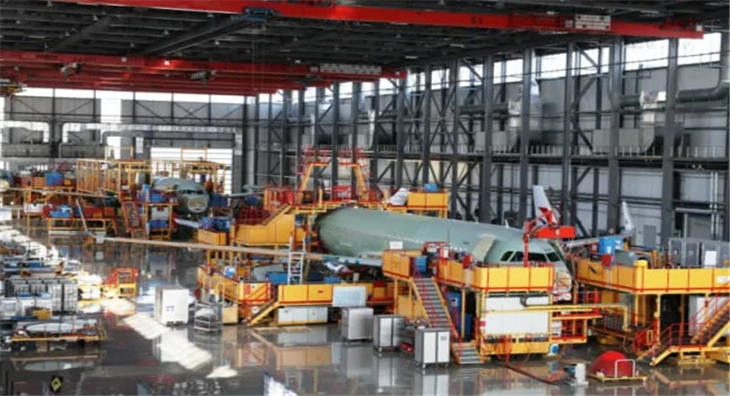
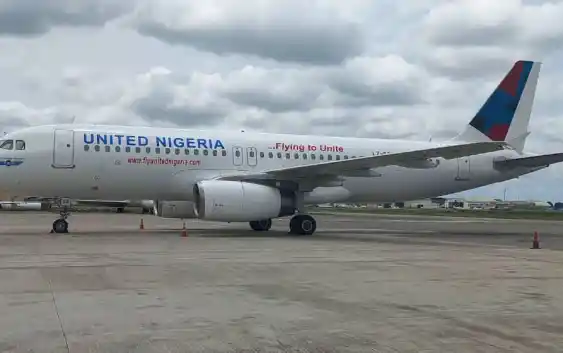
.jpg)
.jpg)
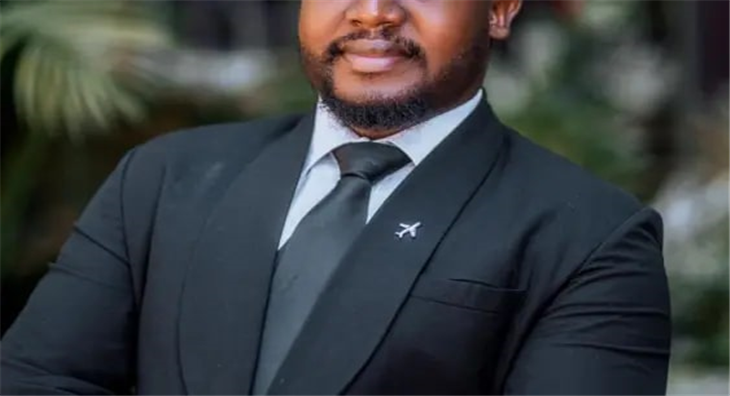
.jpg)



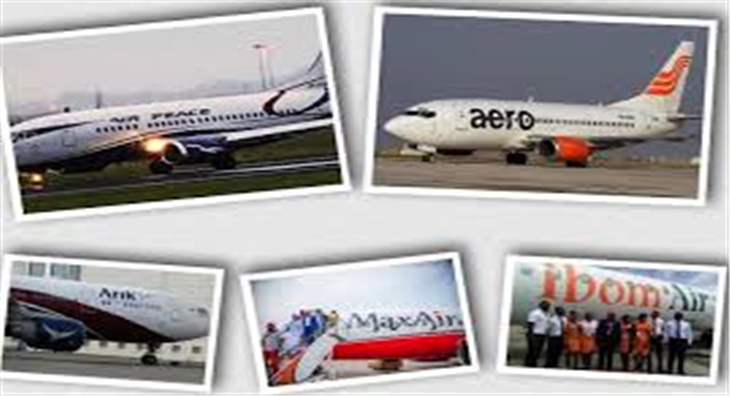

.jpg)
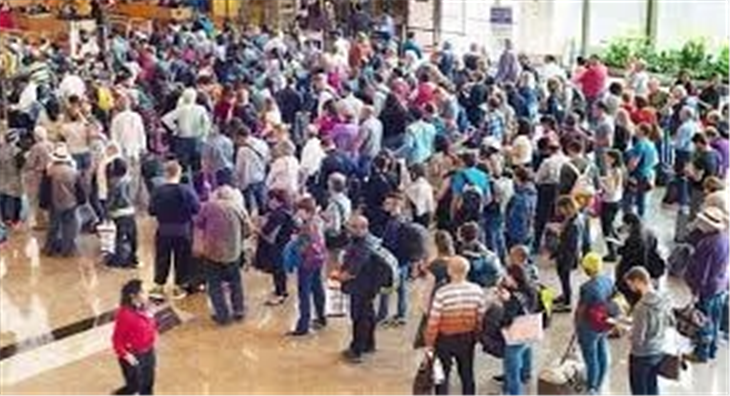
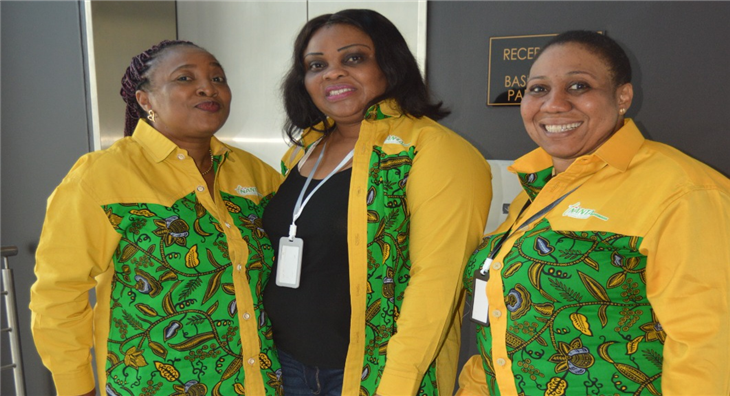
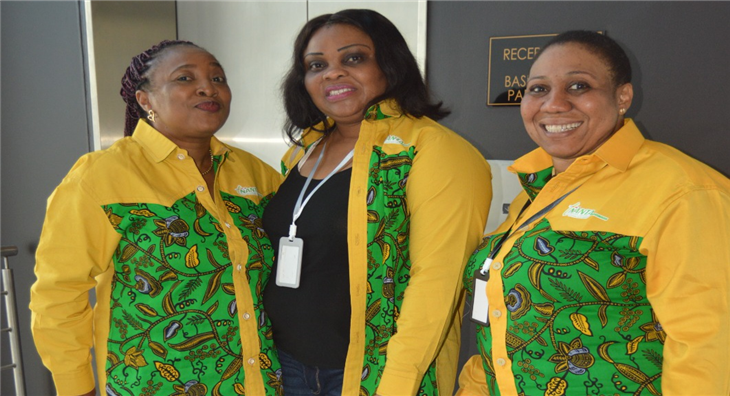
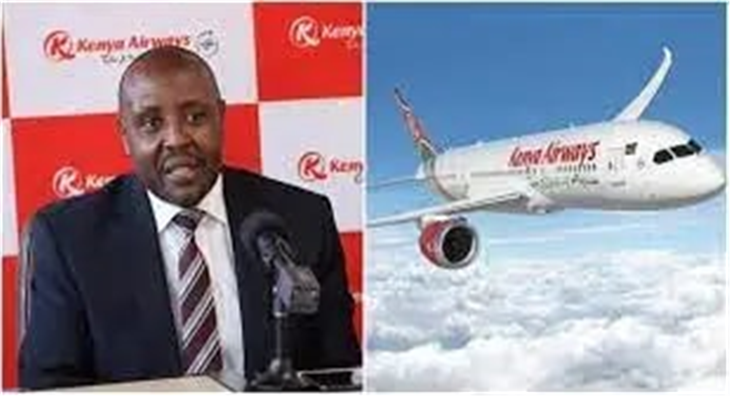
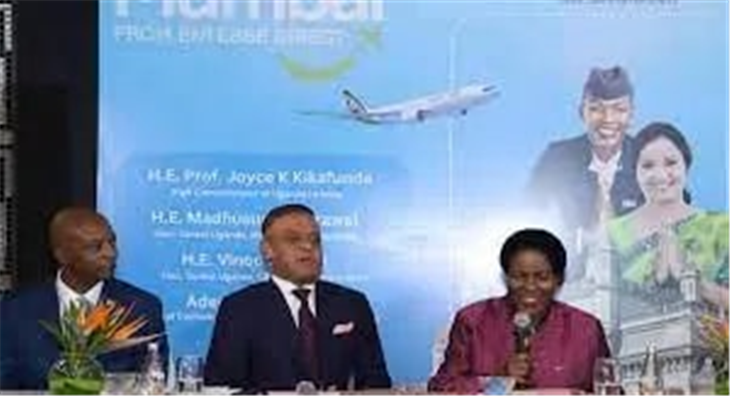
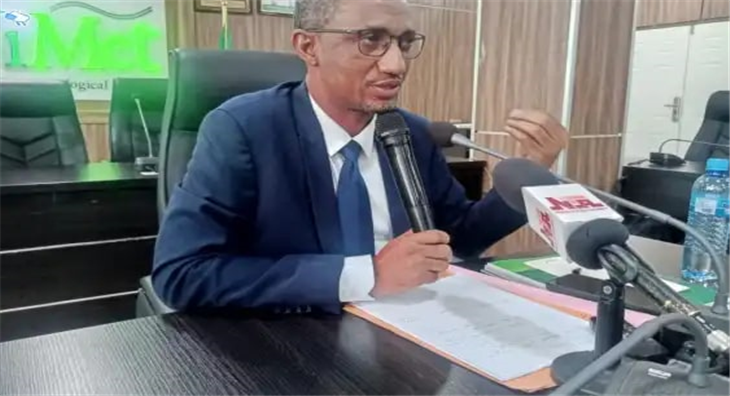


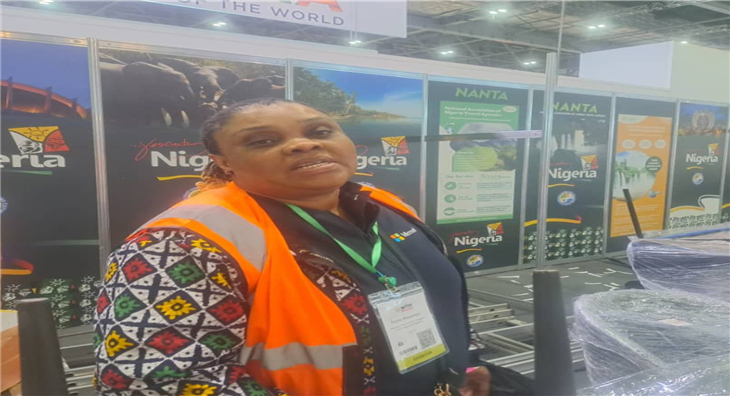

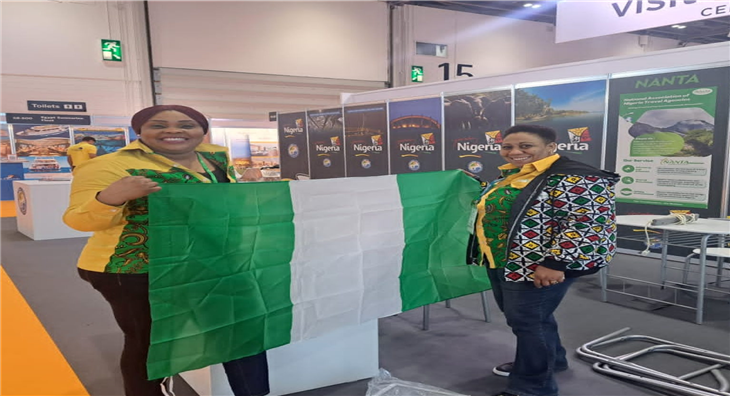
.jpg)

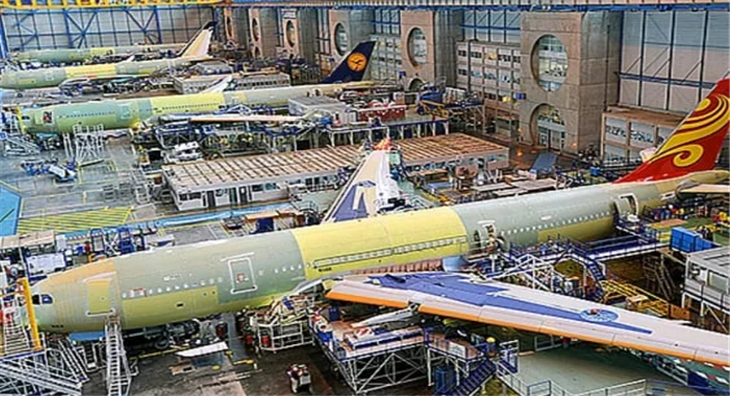
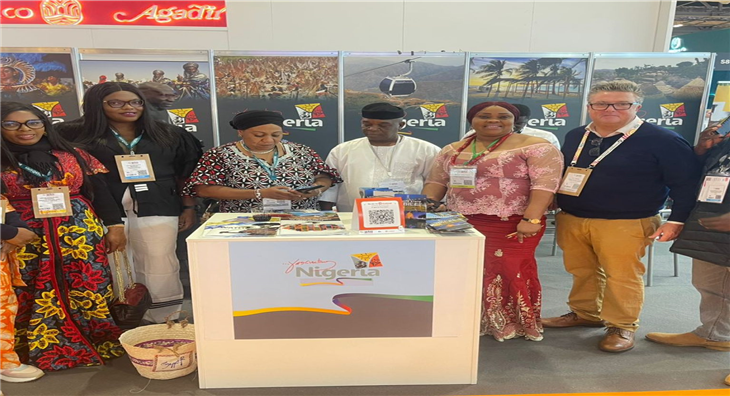
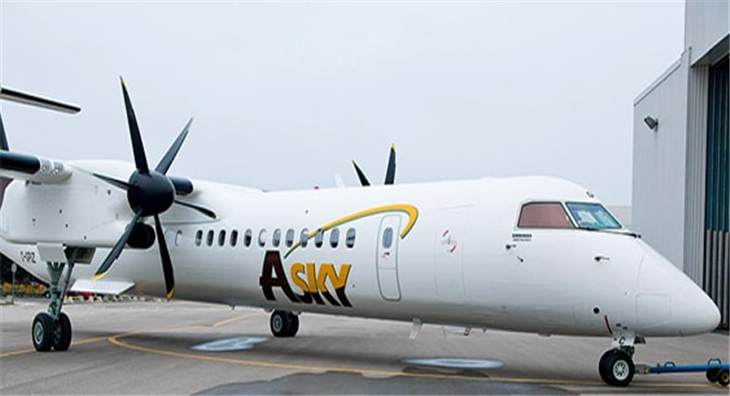
.jpg)


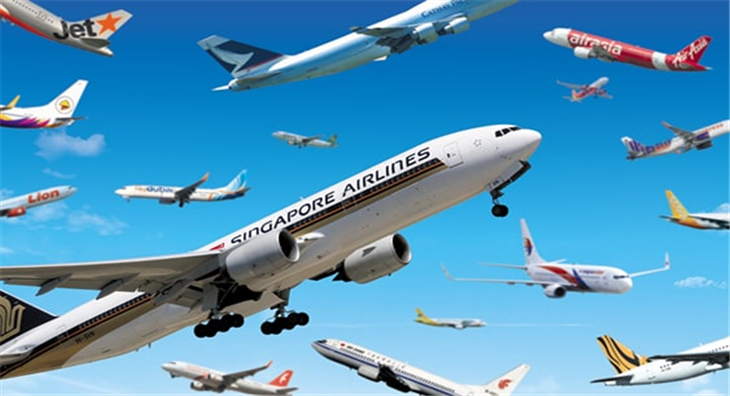
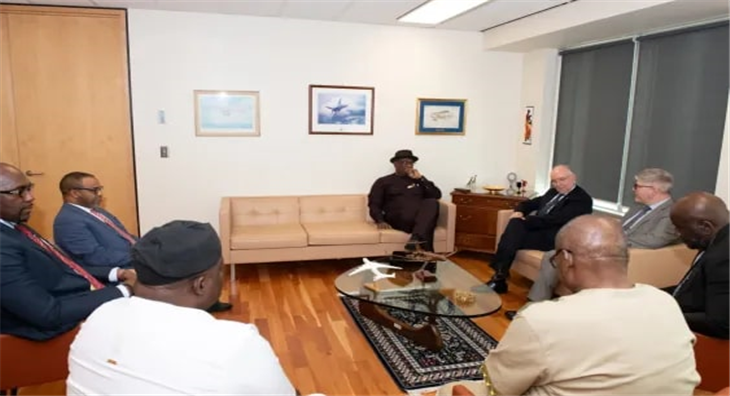
.jpg)
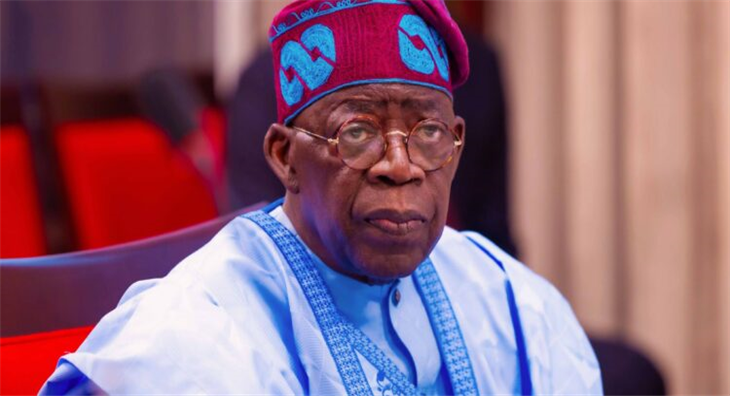
.jpg)

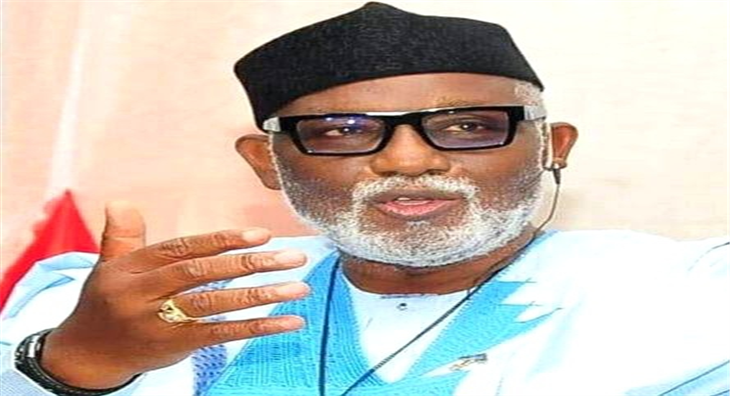
 (1).jpg)
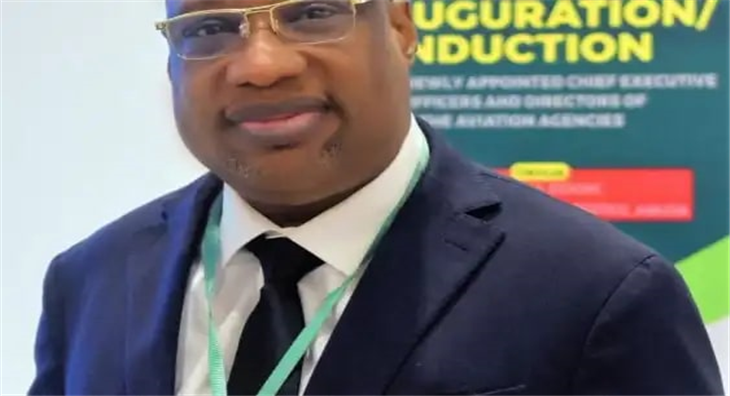
.jpg)

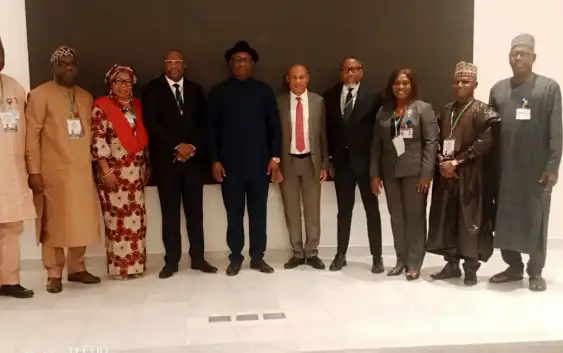
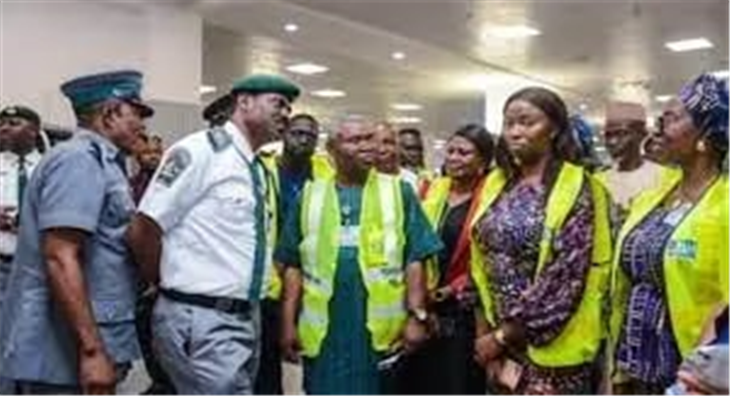

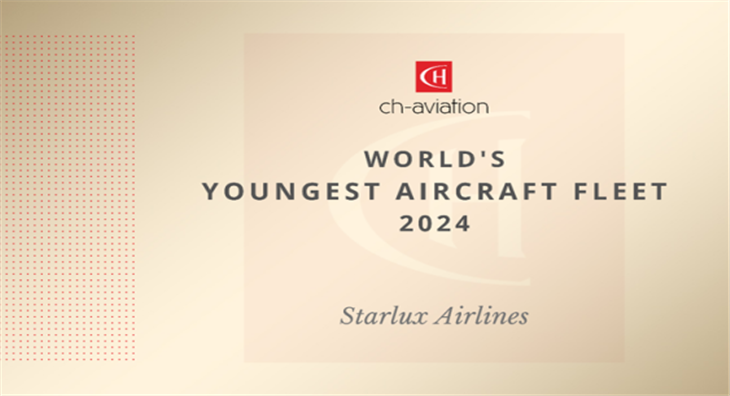
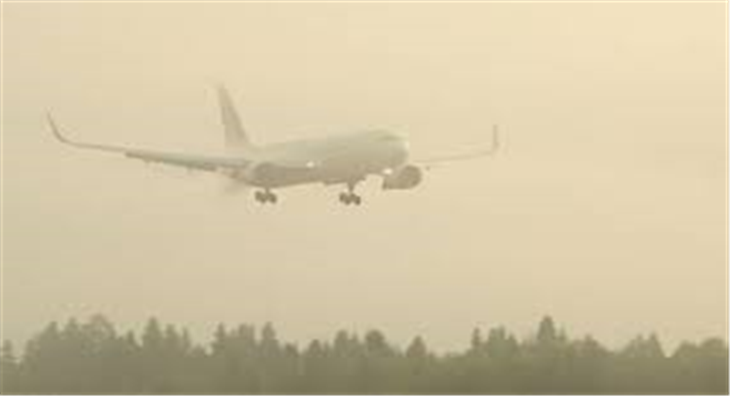



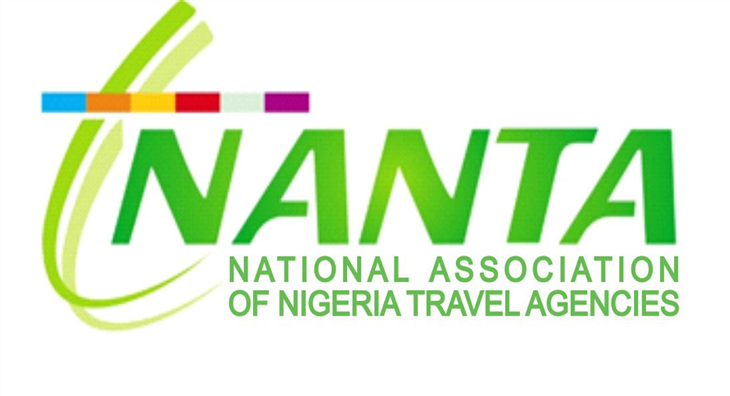
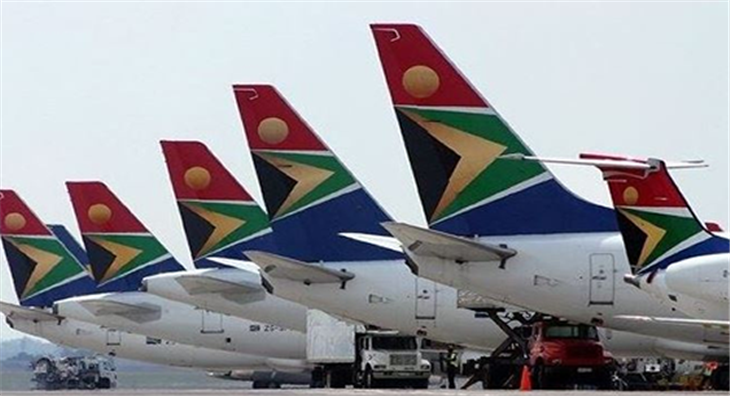
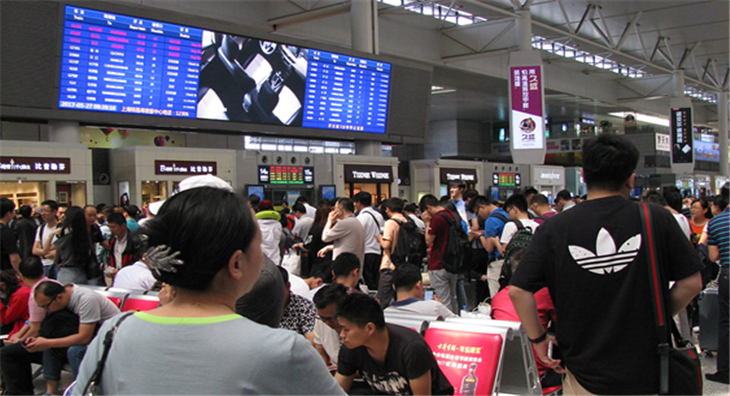

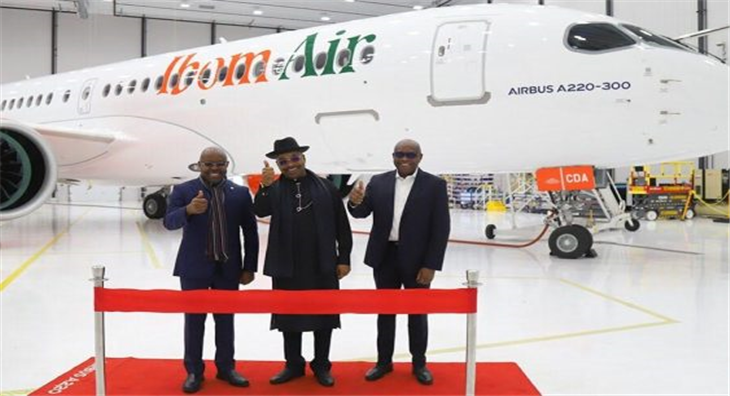
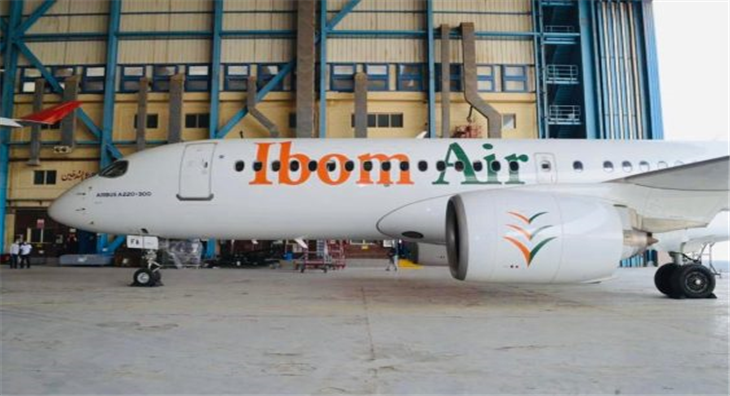

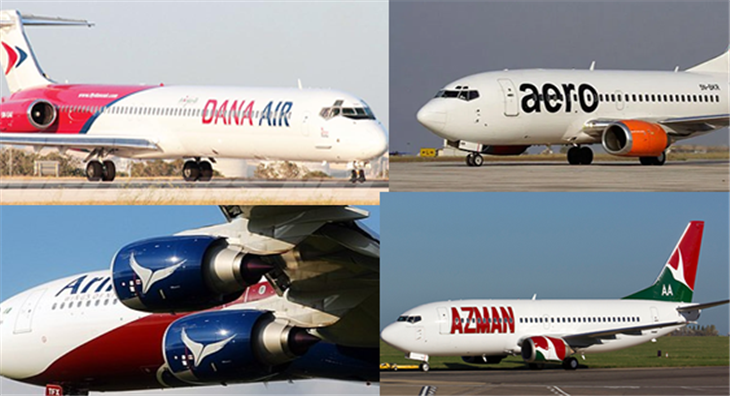
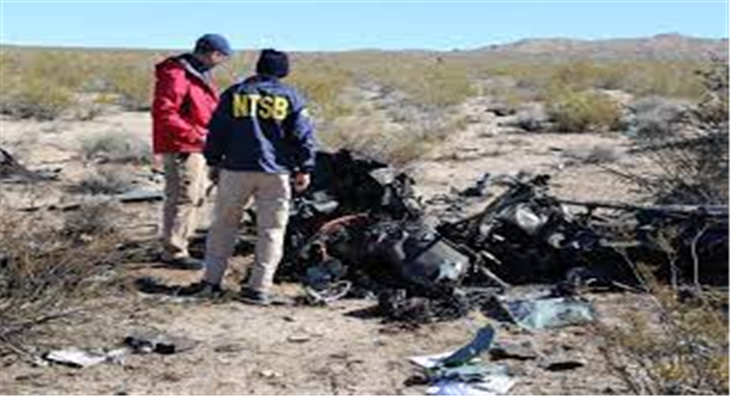
.png)



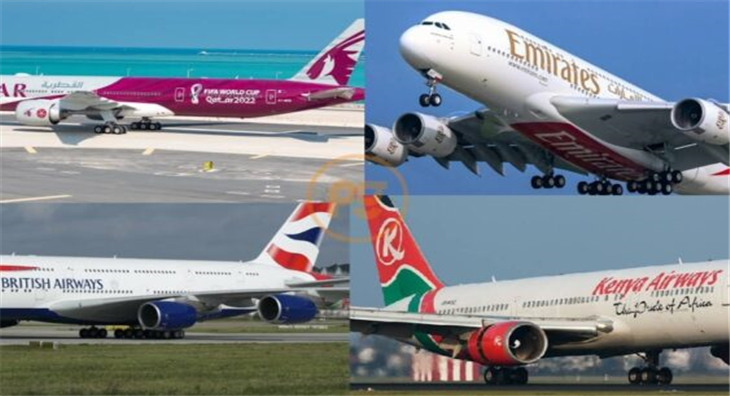
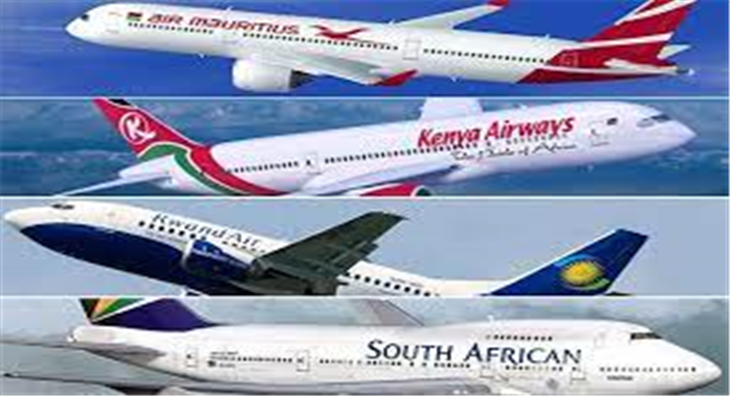
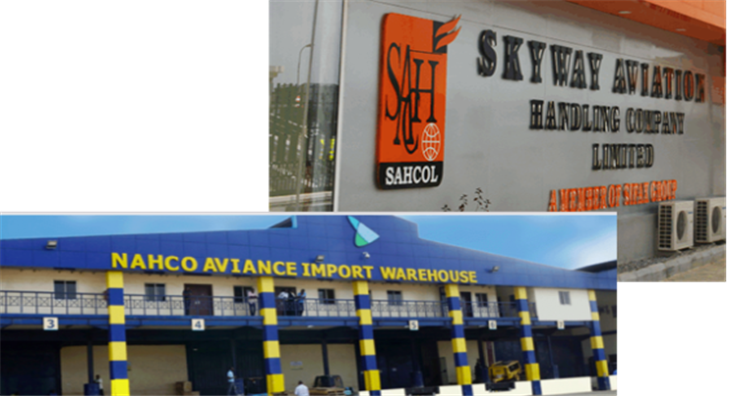
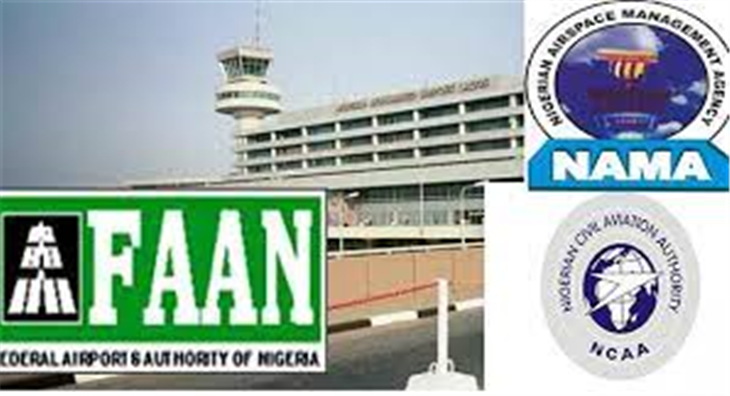



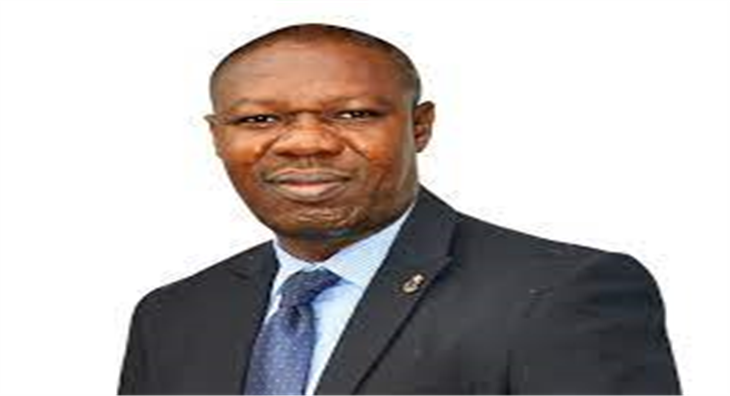

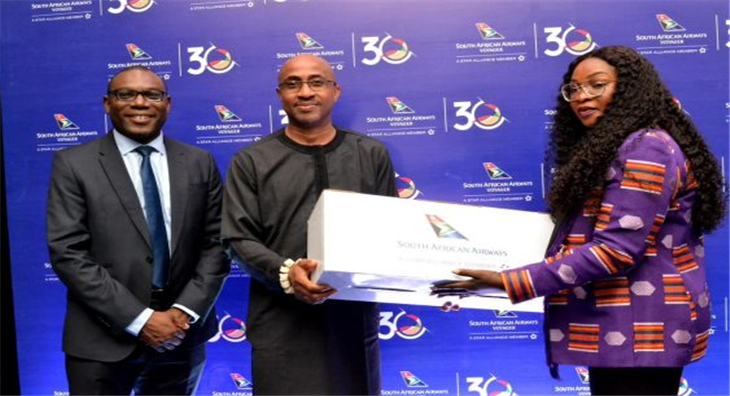

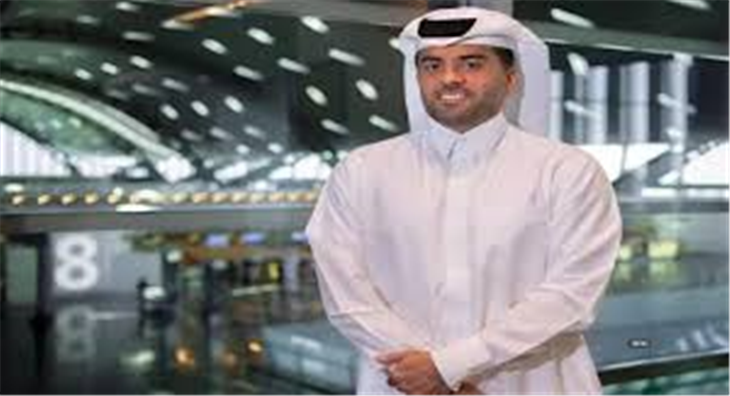
.jpg)
.jpg)
